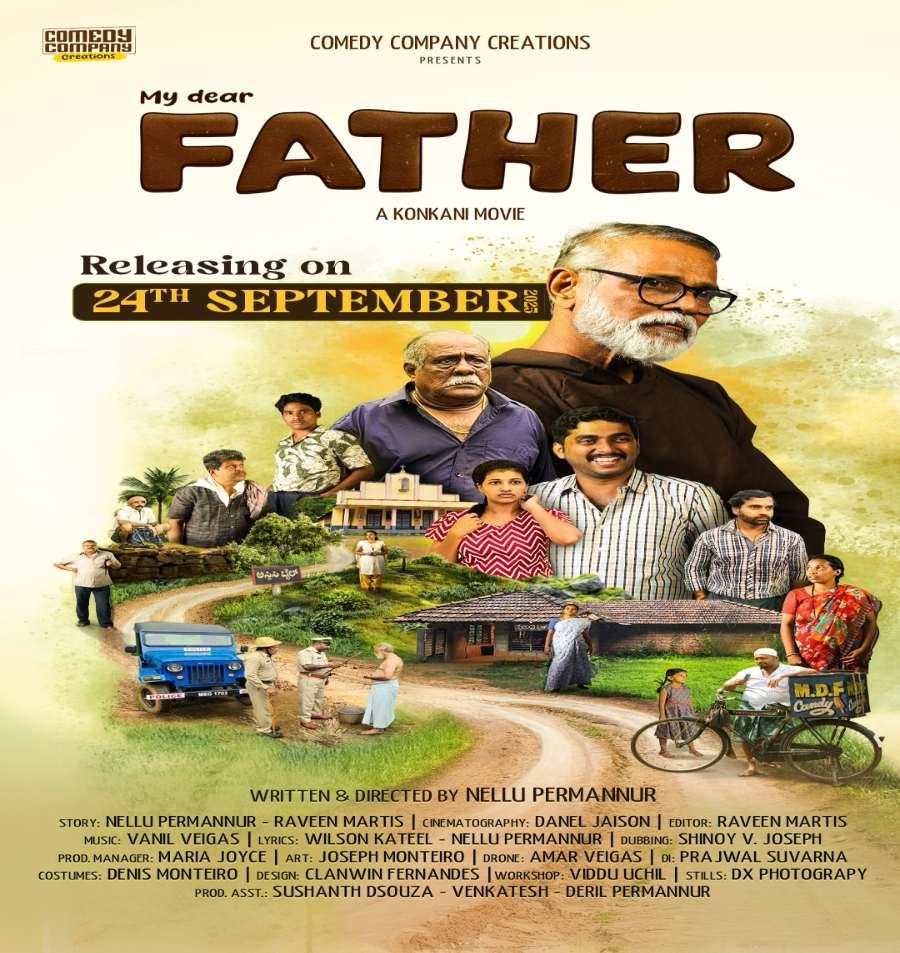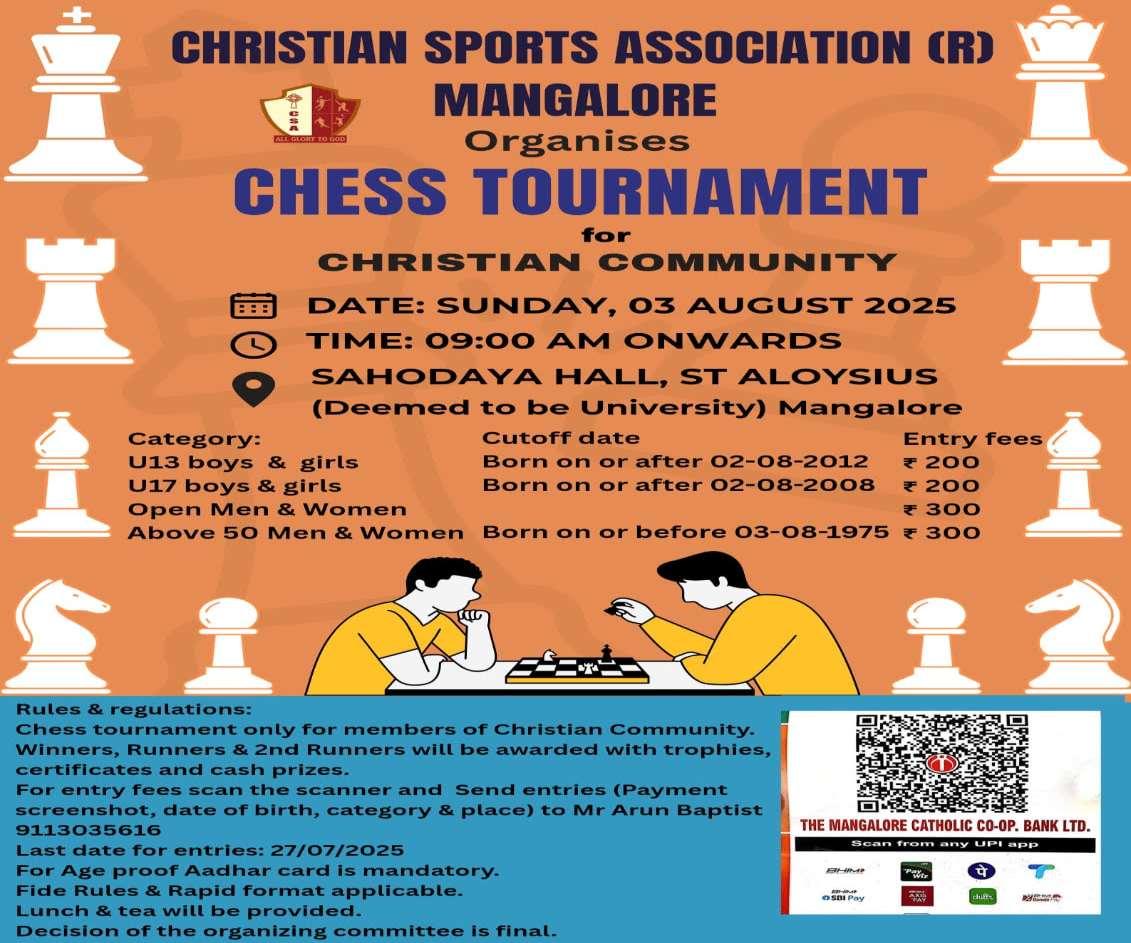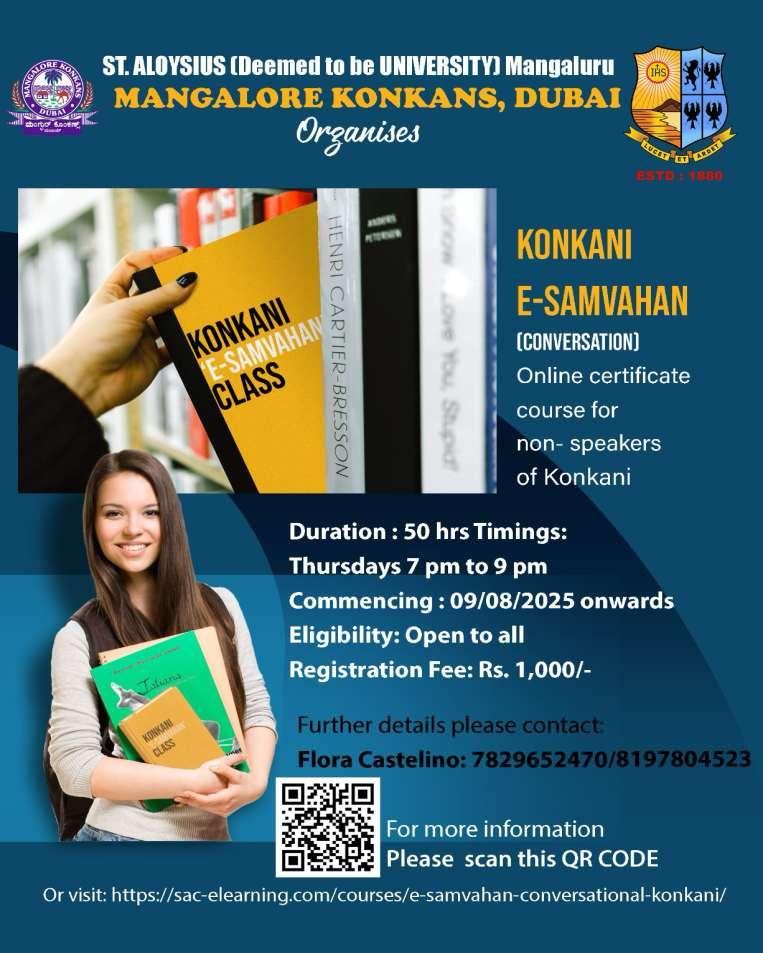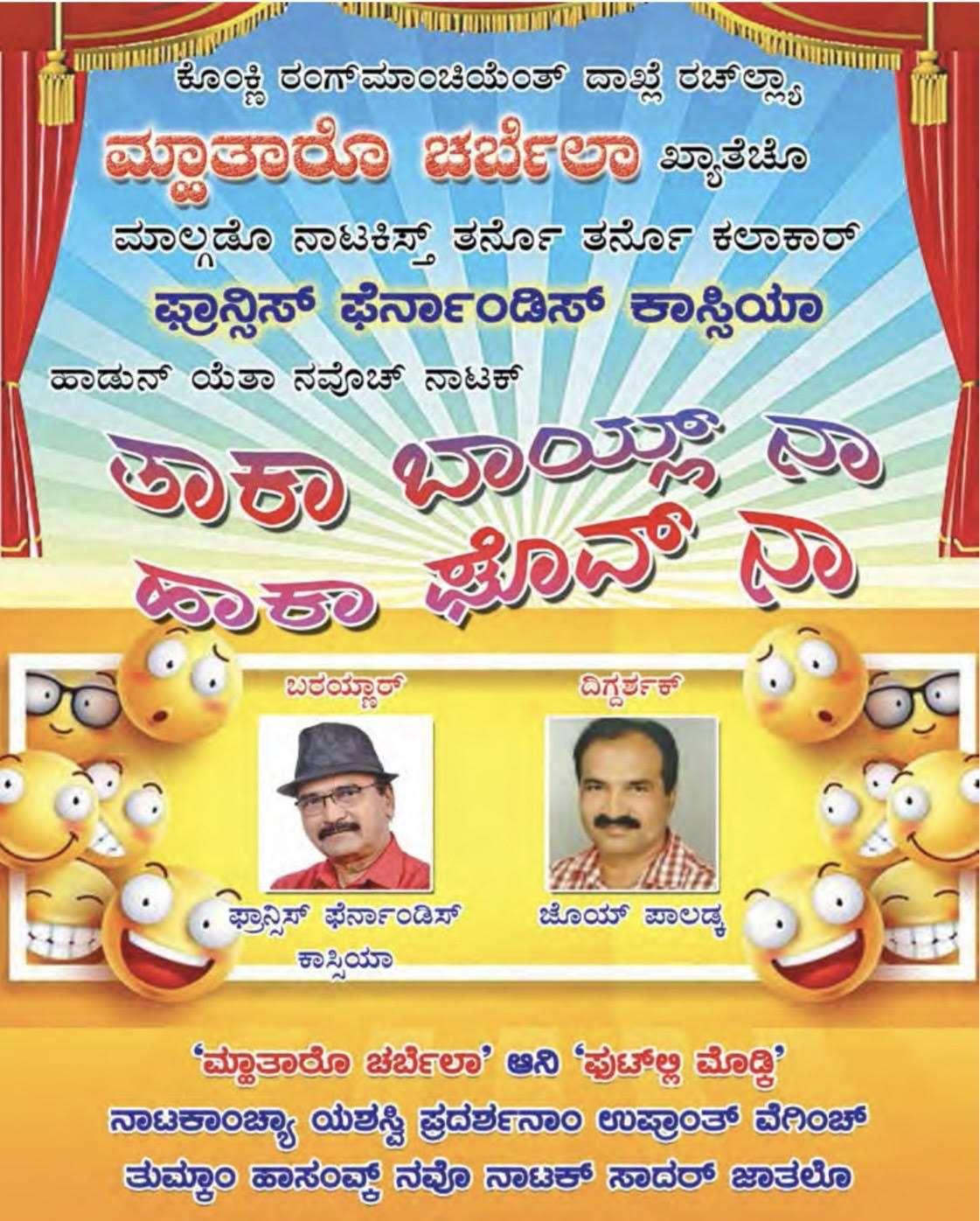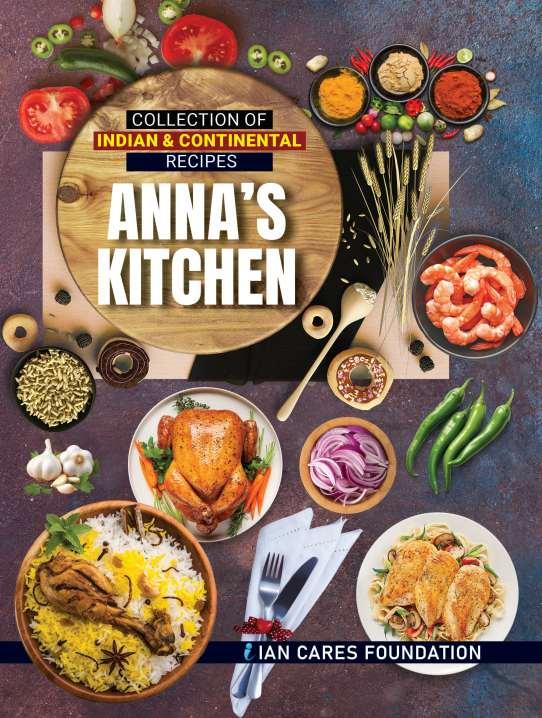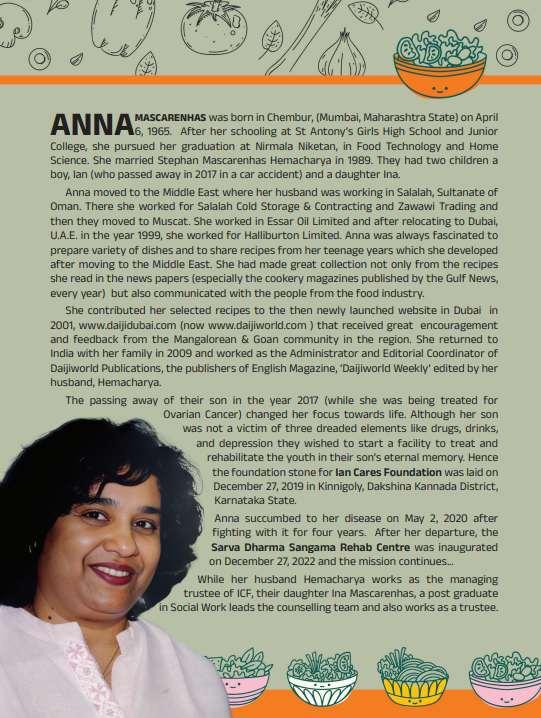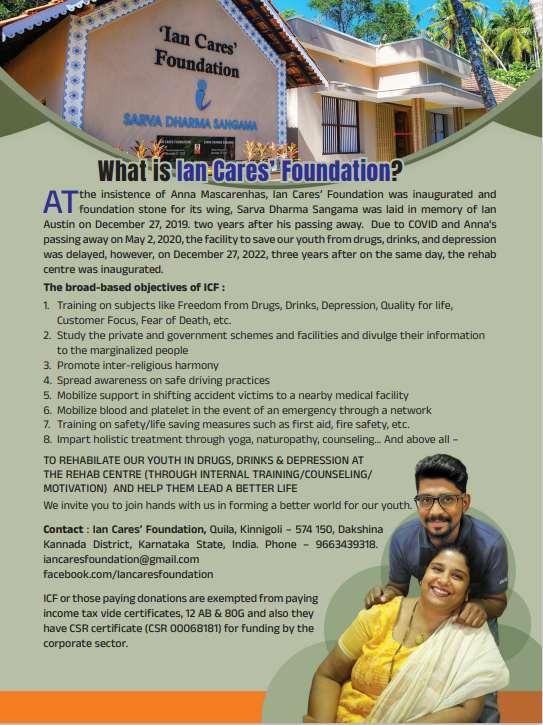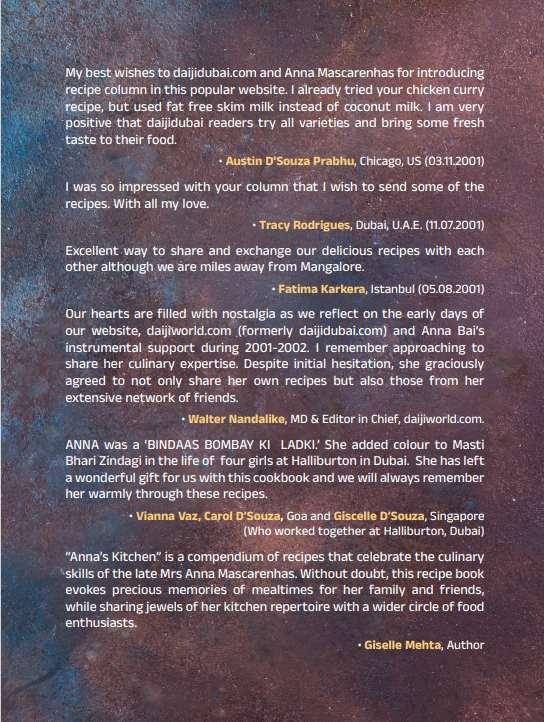









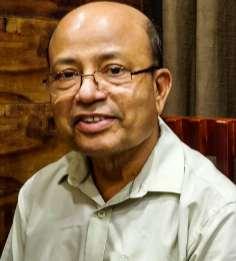






















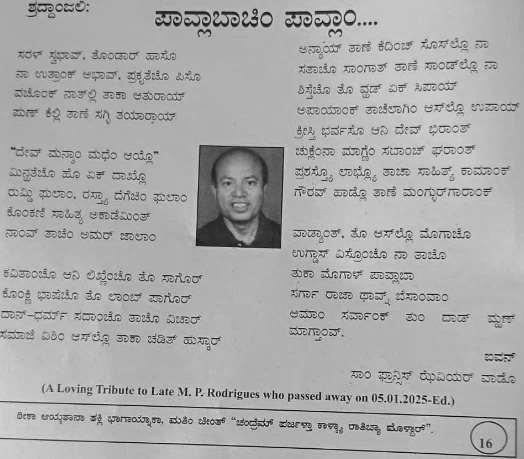

(Dubal Aluminium Limited, Jebel Ali)
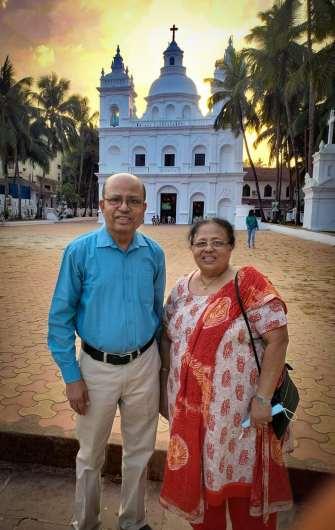
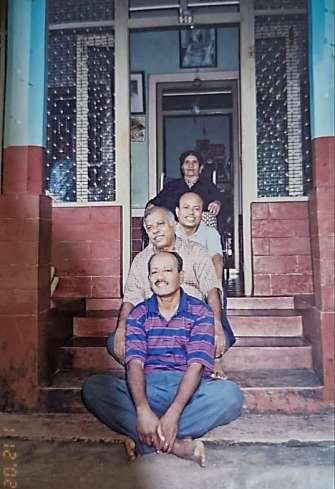
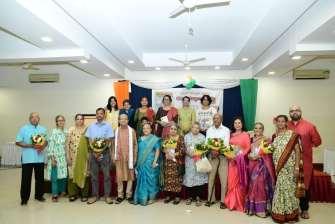
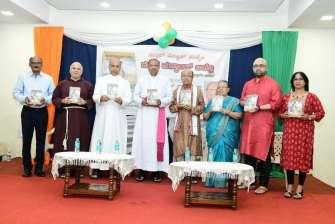
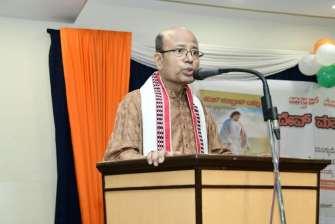
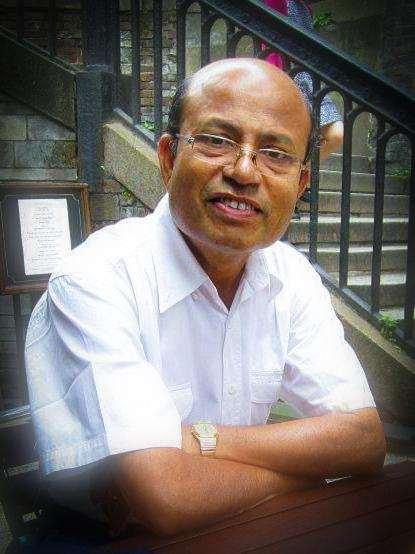
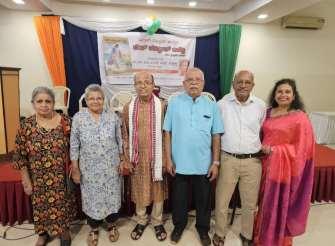
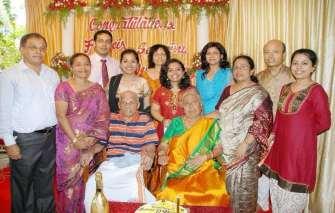
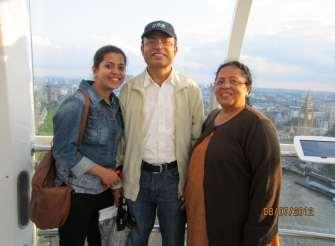
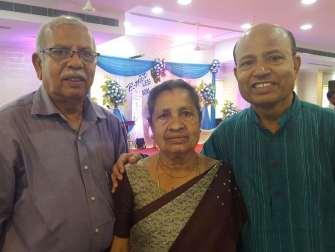
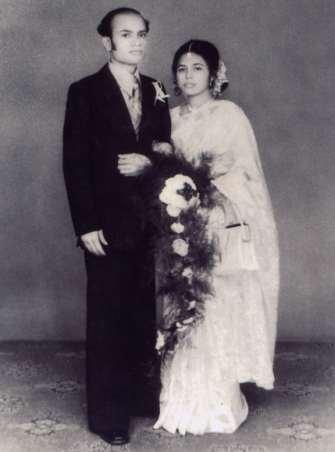
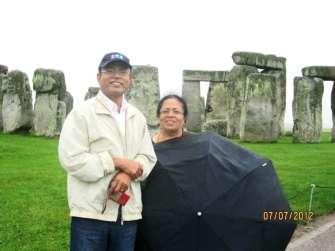
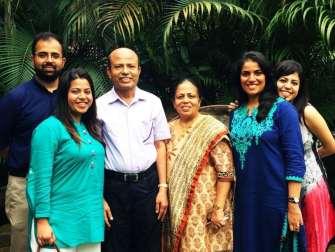
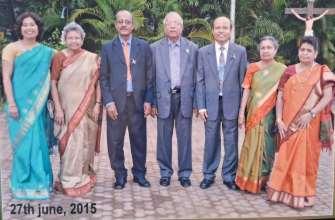
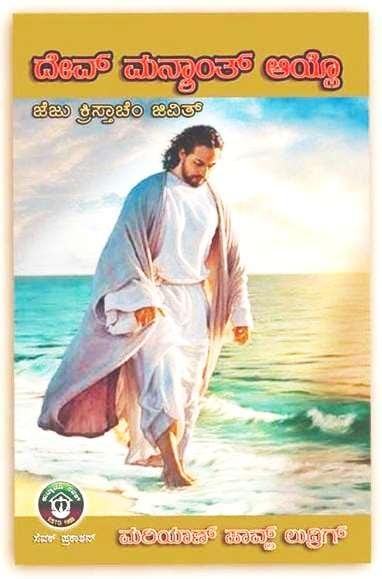
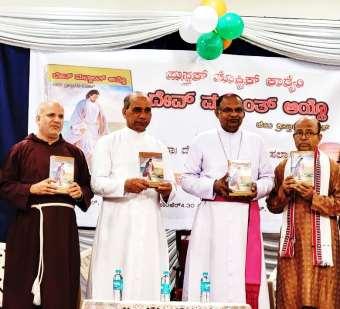
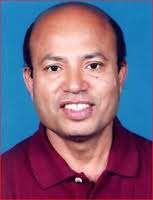
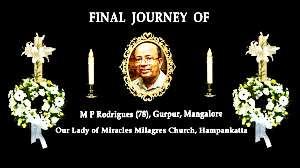


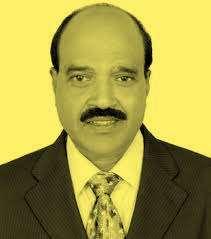
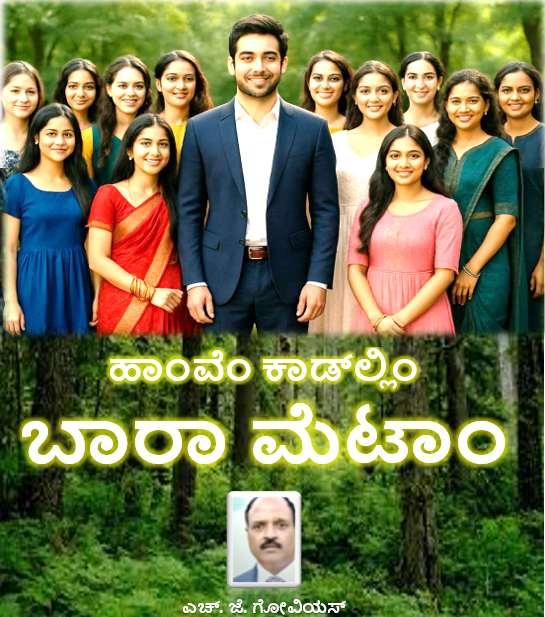





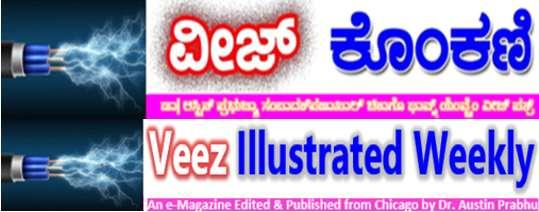

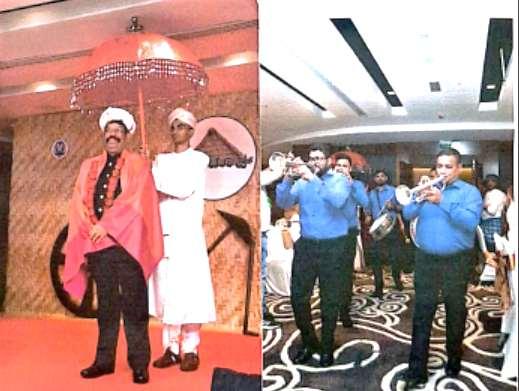
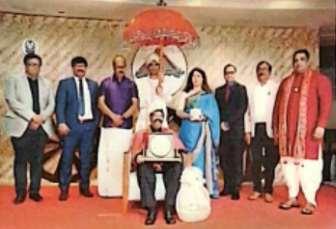
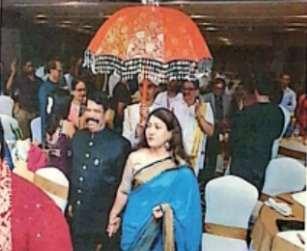
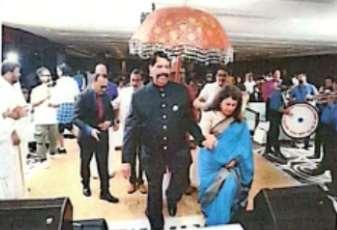
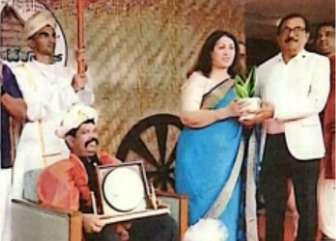
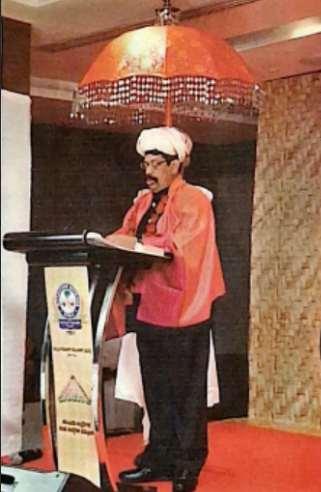
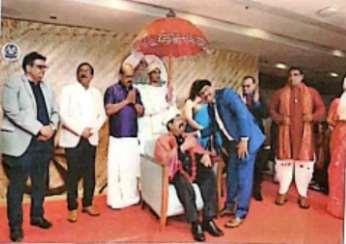
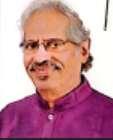











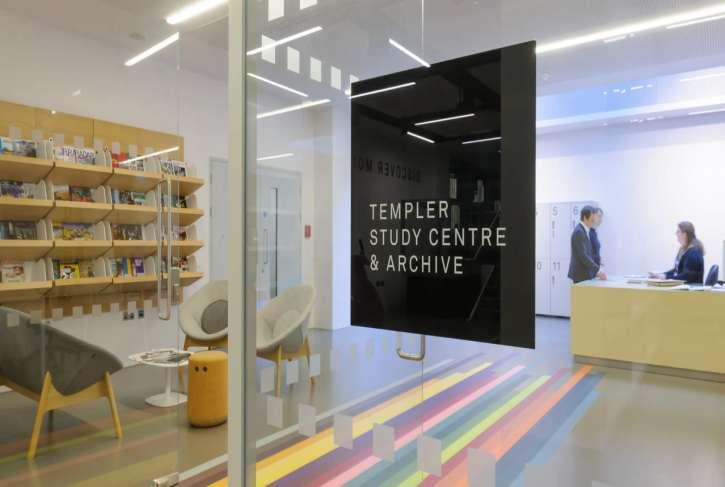
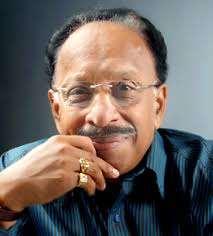

``Now you're really becoming personal, Dr. Hazel Joshua!'
?”
, ಟ೦ಪೆರ್, I am defending you!”
“Why is my Blondie behaving like this?''

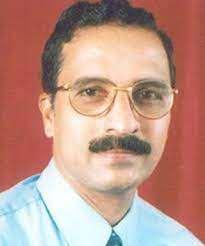









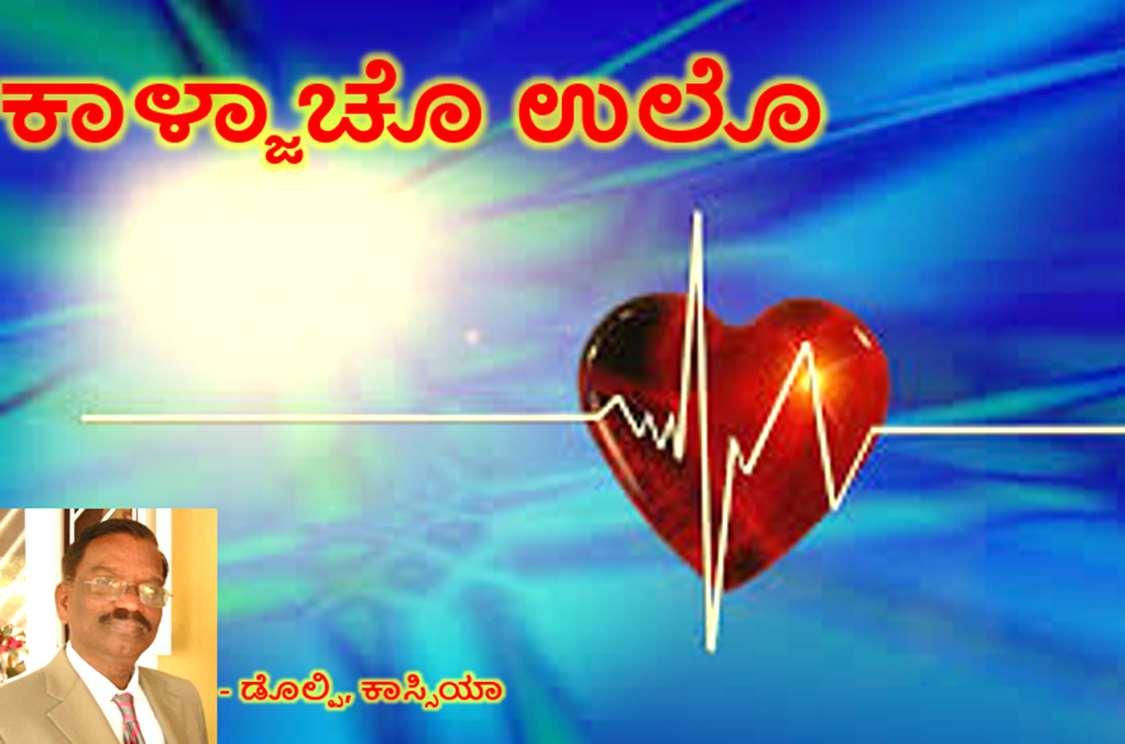



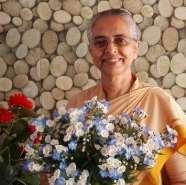




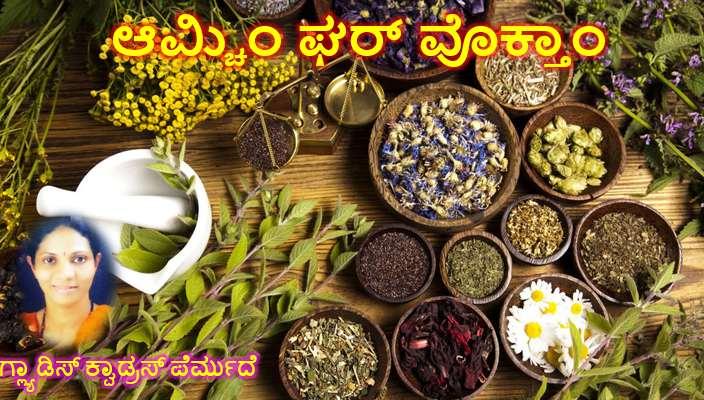











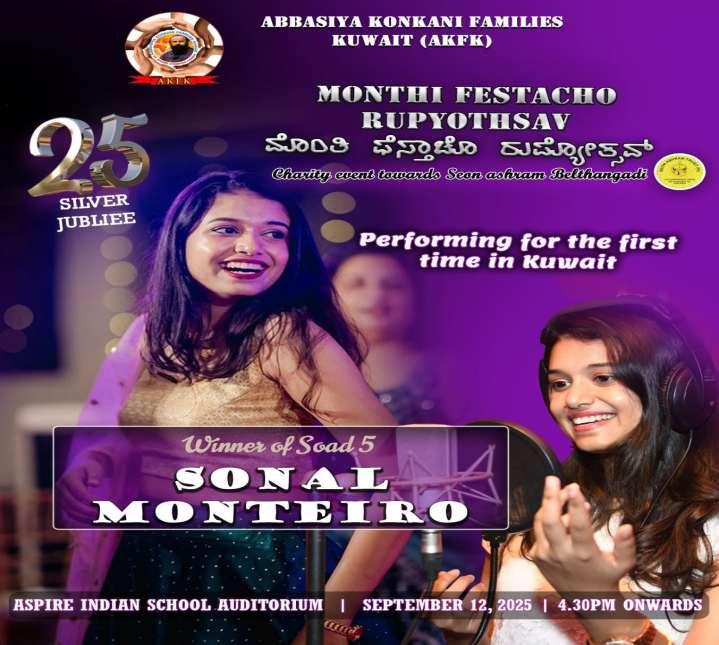





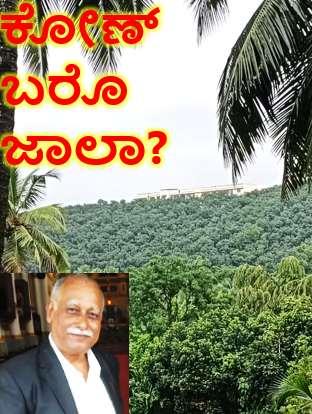

























OCI (Oversesa Citizen of India)




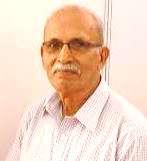


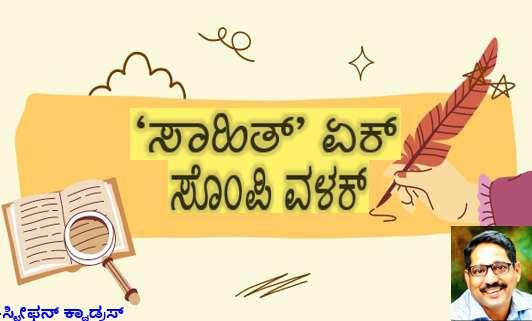


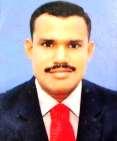
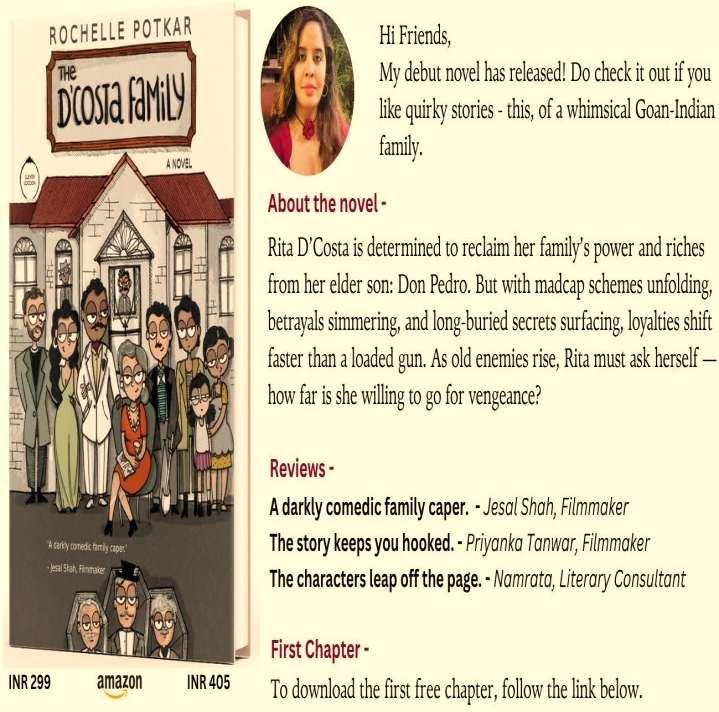




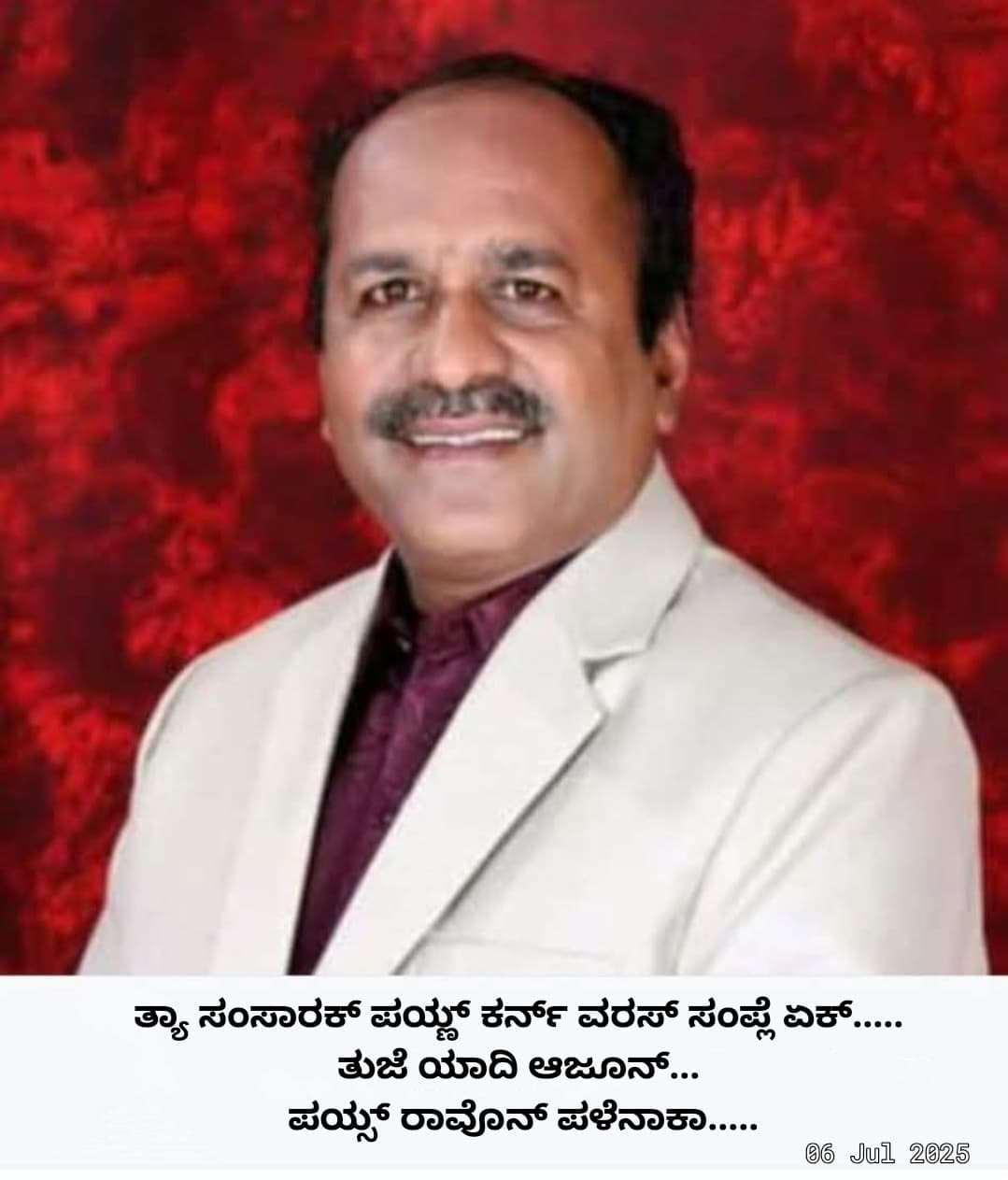

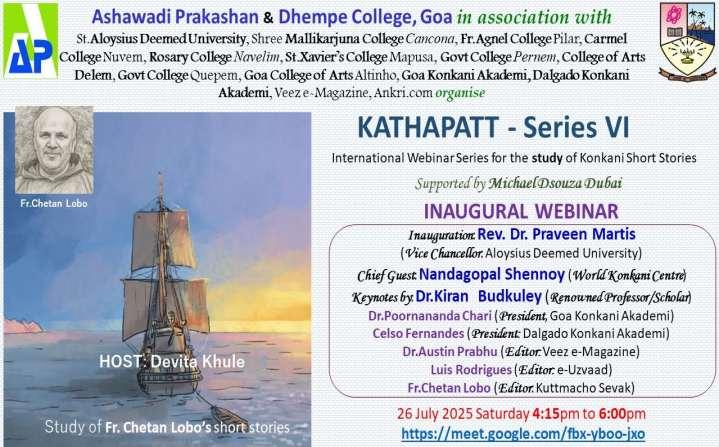
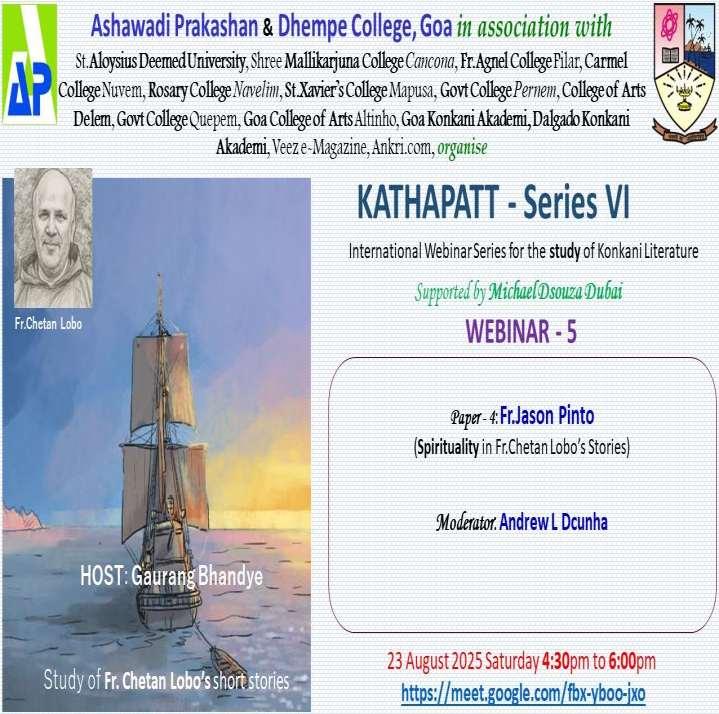

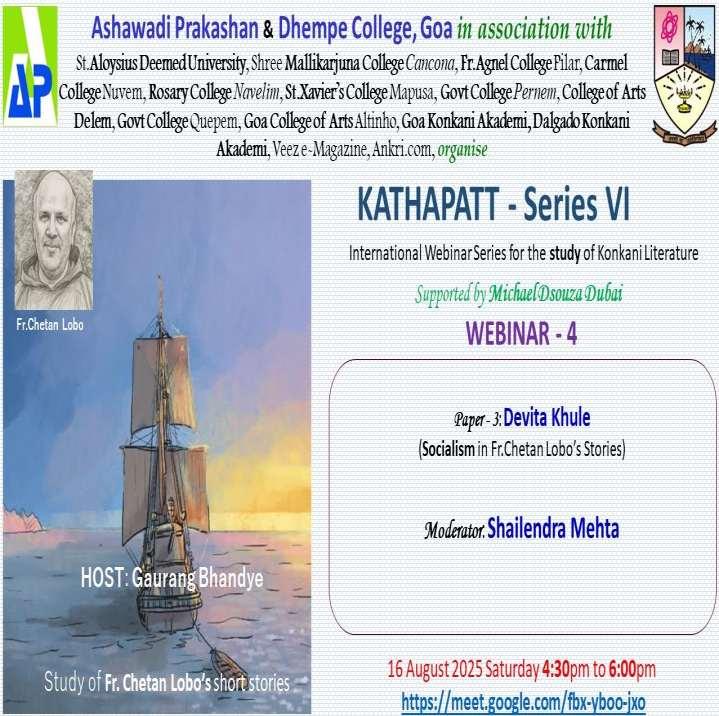
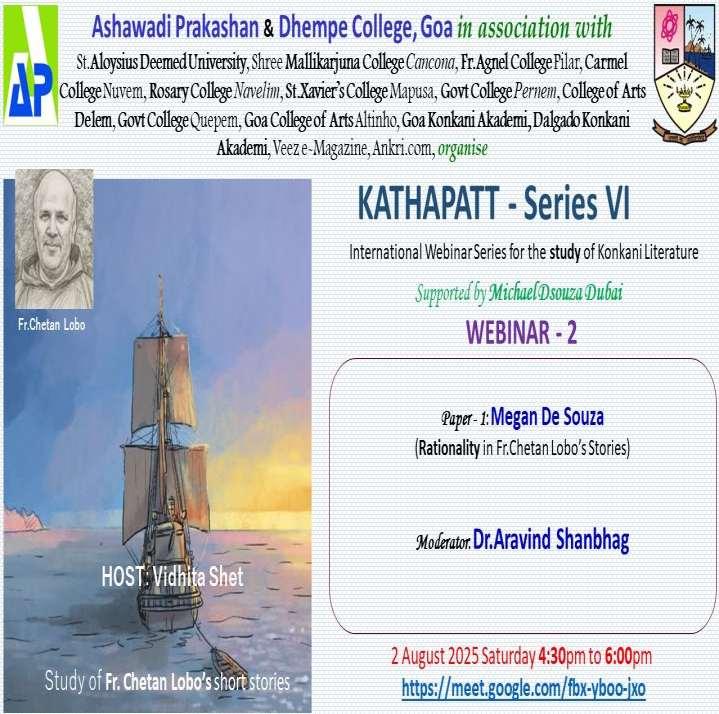
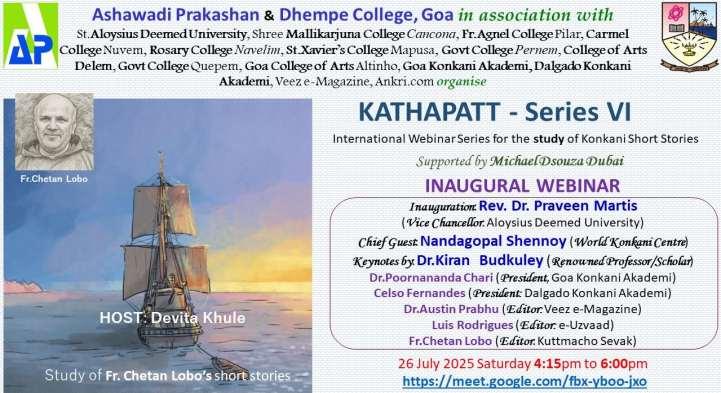
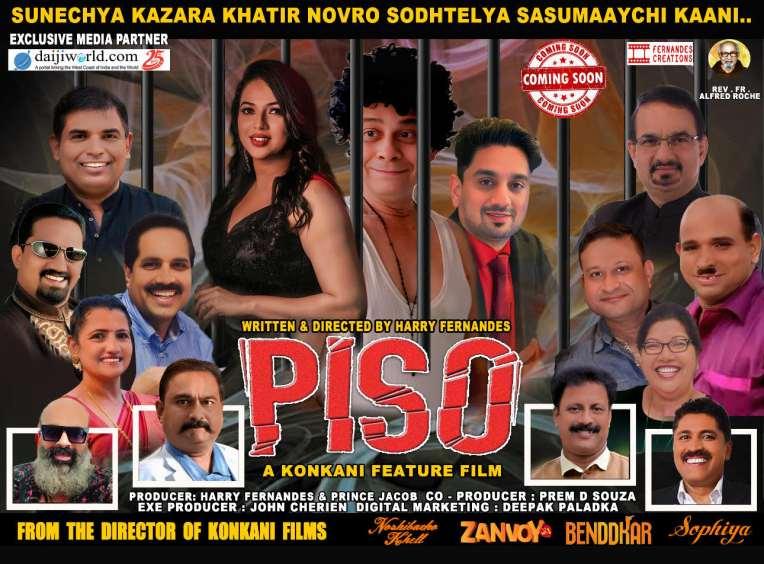
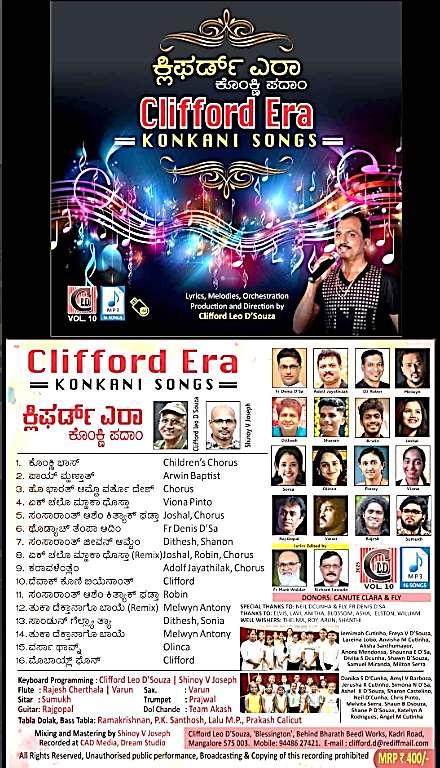
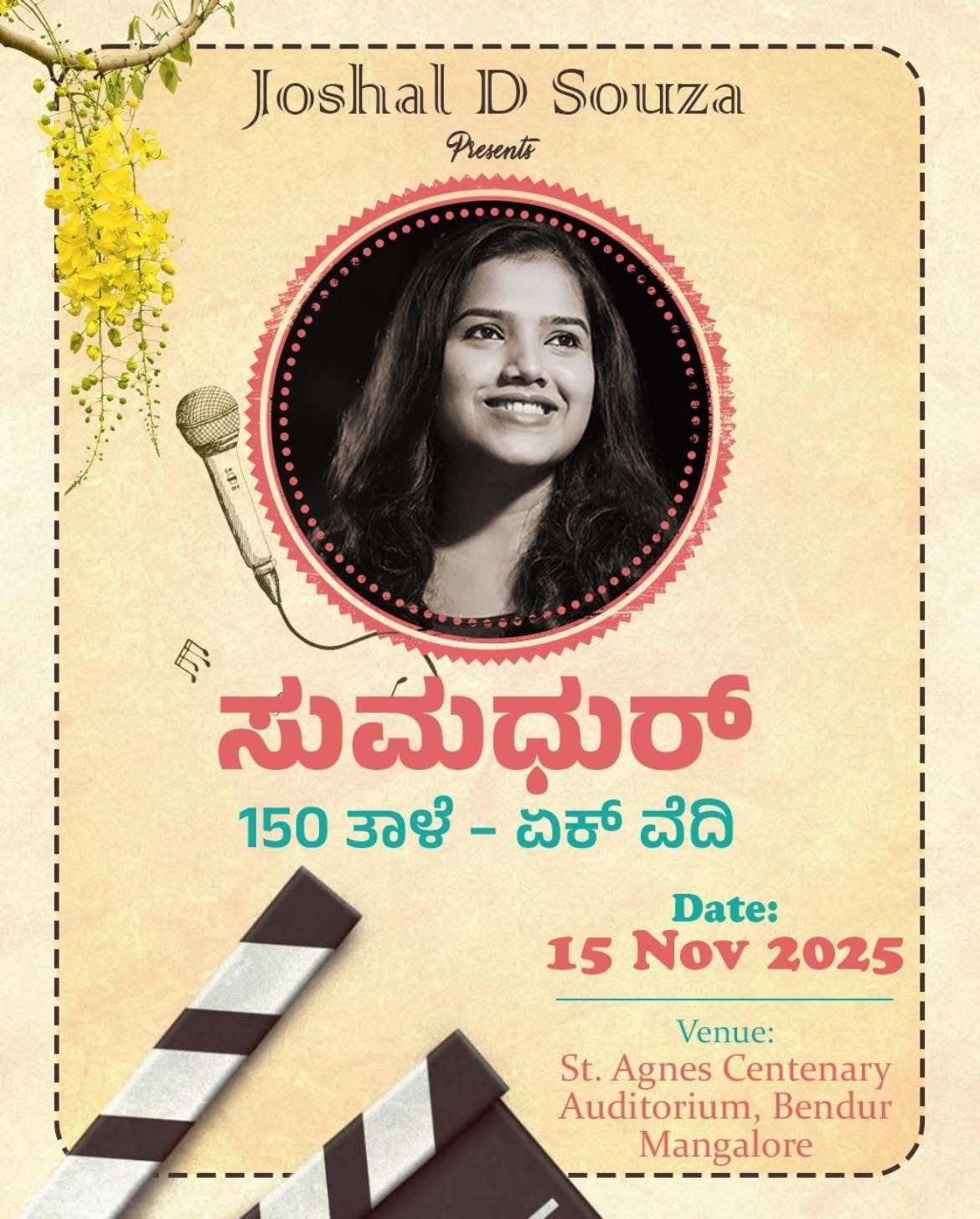
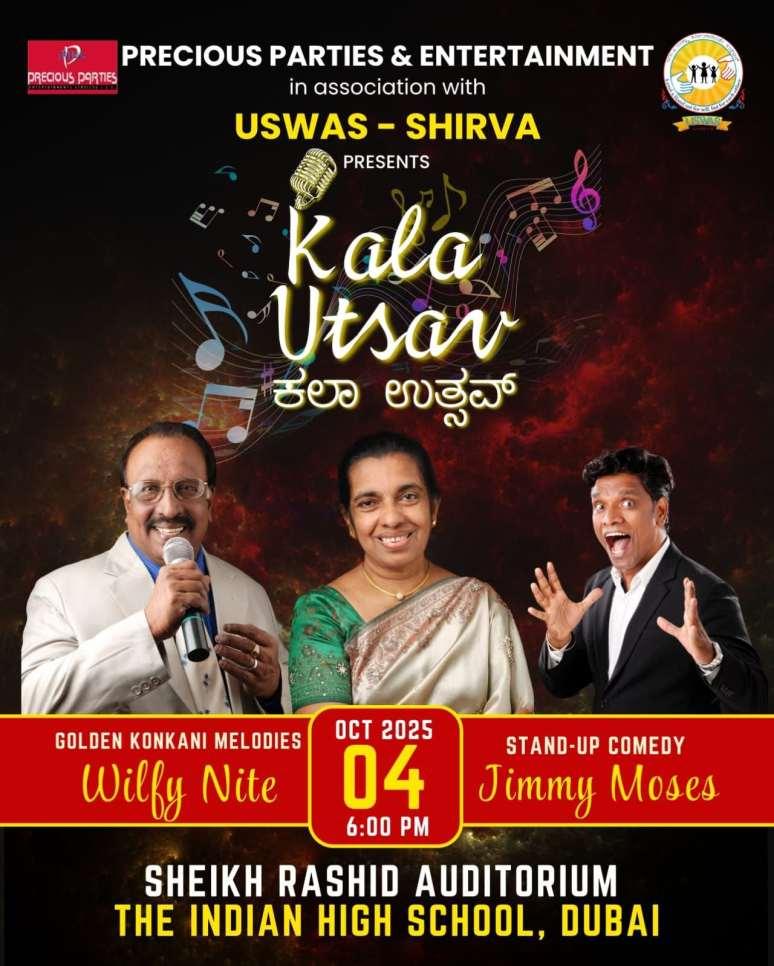
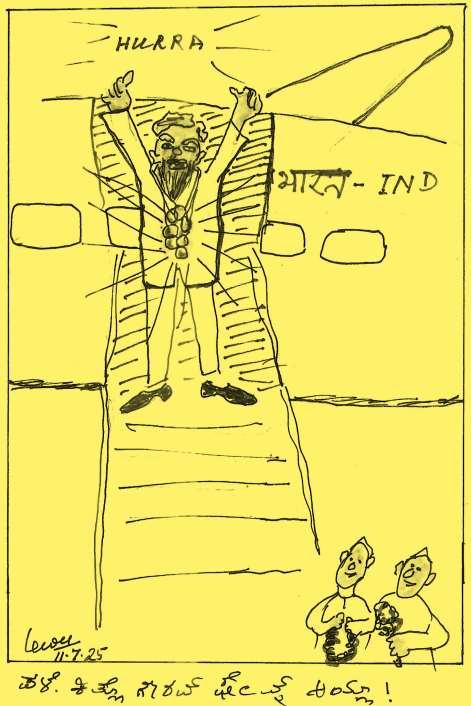


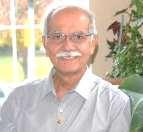



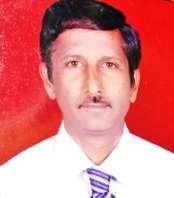



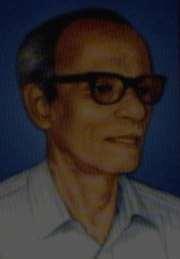
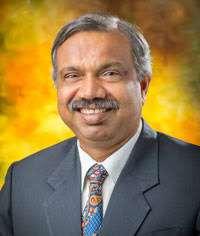

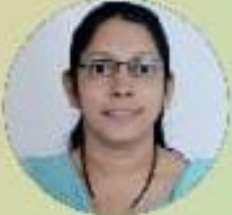



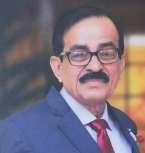



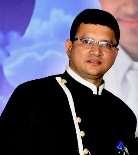



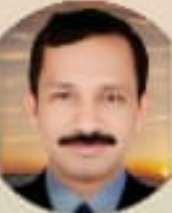


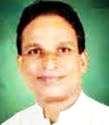

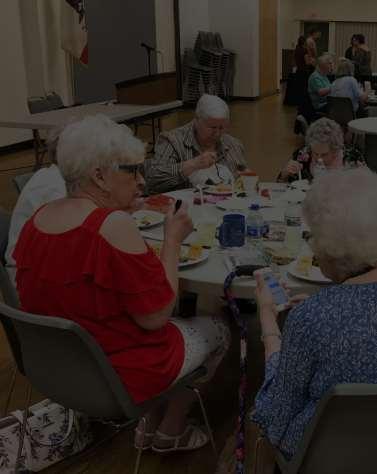


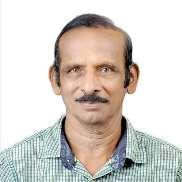


















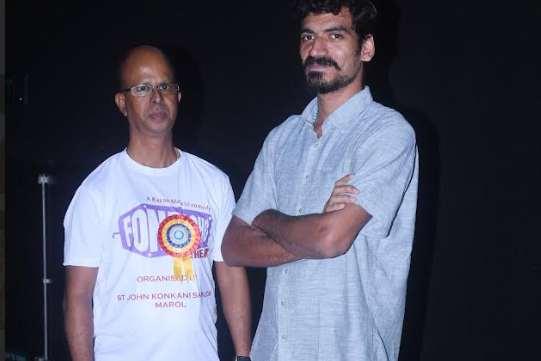
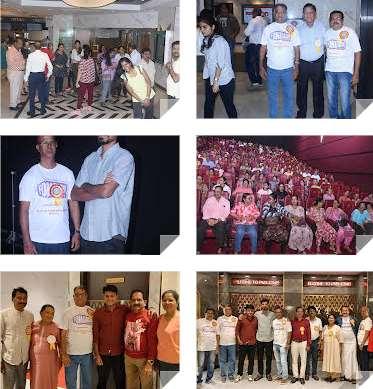

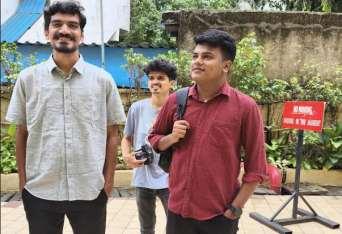
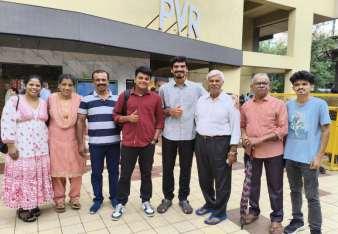
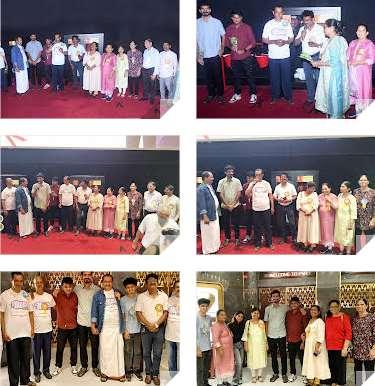
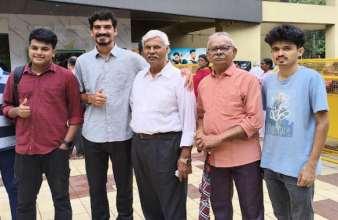
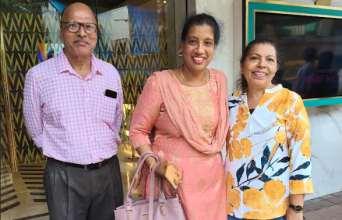

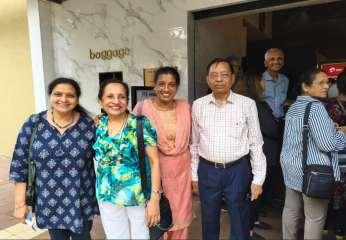
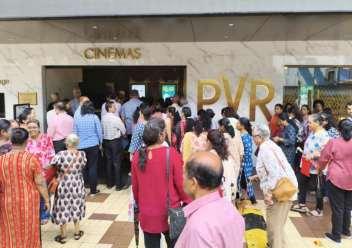





































(Dubal Aluminium Limited, Jebel Ali)



















































``Now you're really becoming personal, Dr. Hazel Joshua!'
?”
, ಟ೦ಪೆರ್, I am defending you!”
“Why is my Blondie behaving like this?''
































































OCI (Oversesa Citizen of India)





























































































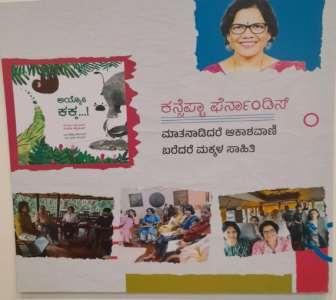
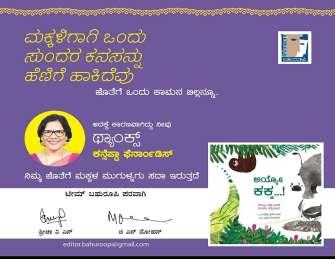
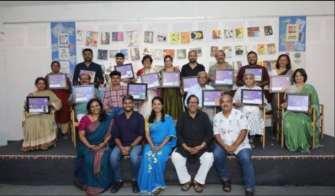
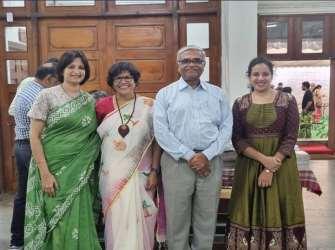

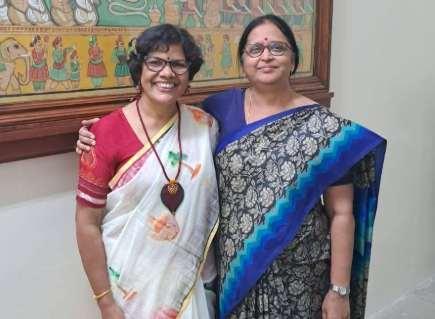
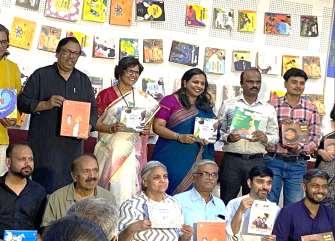
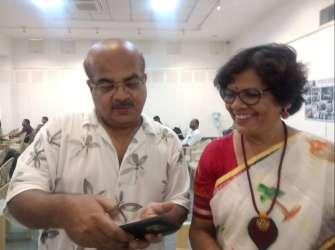
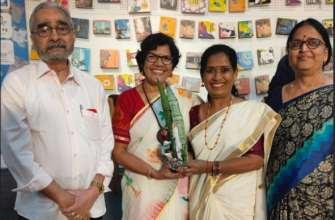
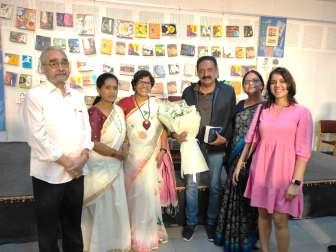
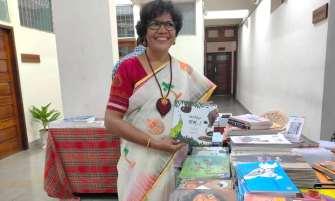
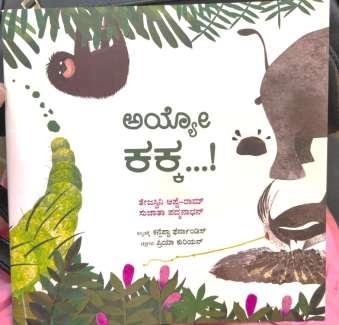
LastSunday,July6,2025,Children's LiteratureinKannadafound14new books, most of them translated from English. 14 people were involved in this project by Parag initiativeofTataTrust.Igotthisrare
opportunity to translate a pictorial book. From the pile of several attractive titles The Poop Book caught my attention, and I enjoyed theprocessoftranslation.Therewas no dull moment. Thanks to Bahuroopi publications and many collaborators including 'Nirdigantha' by Prakash Raj, eminentfilmpersonality,thedream project is finally accomplished.
This is first time for me to see my nameprintedinthefrontcoverofa Kannada book. This may sound foolish to many authors and translators with tens and hundreds of titles to their credit.
I'm grateful to everyone who made it possible to see my tiny effort in the ocean of Kannada Literature –ConceptaFernandes.
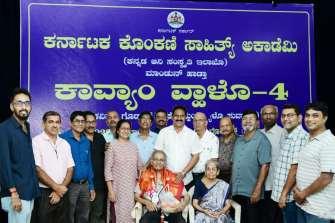
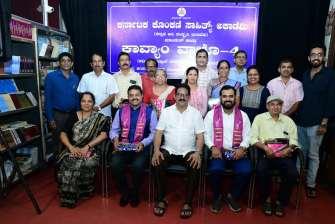


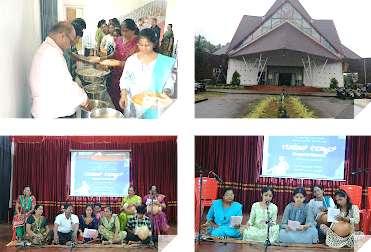
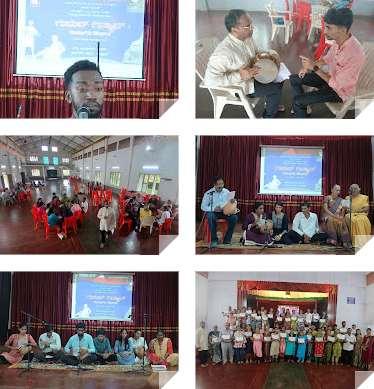
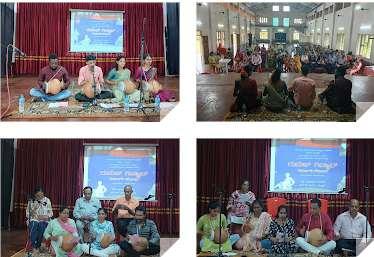
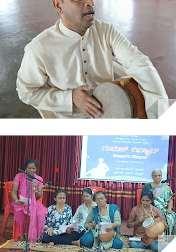

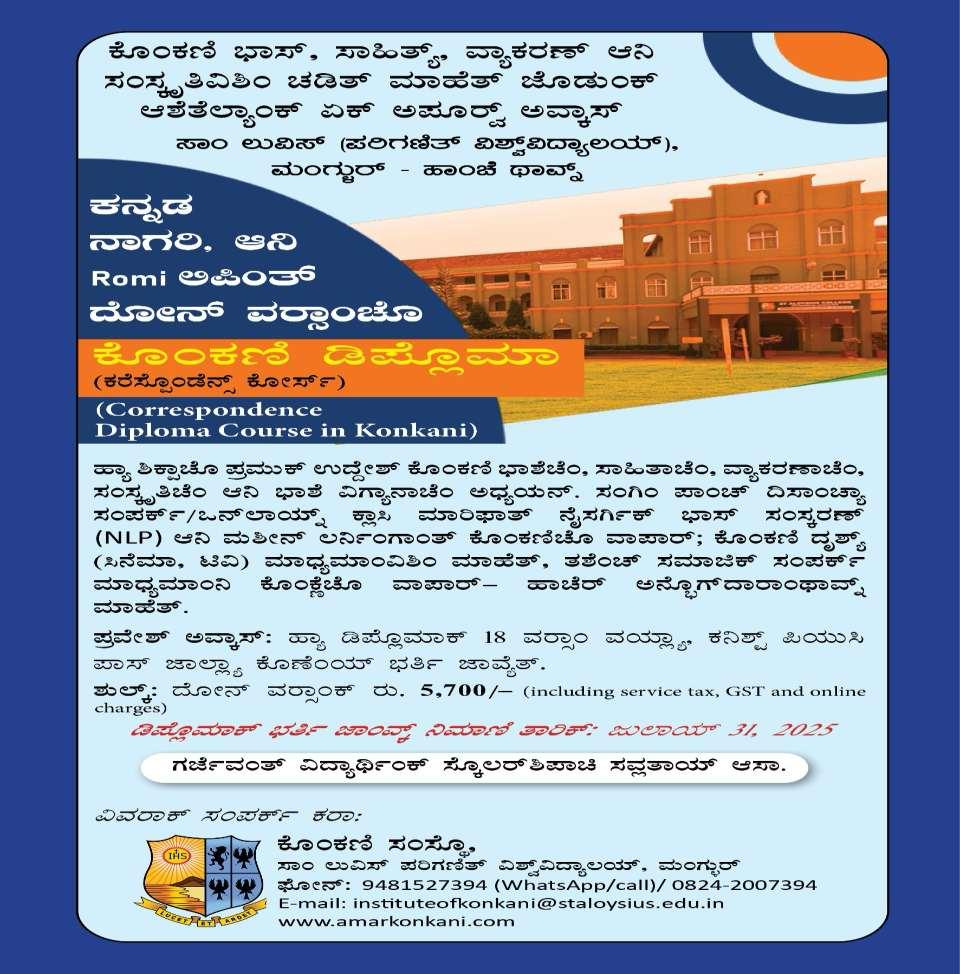
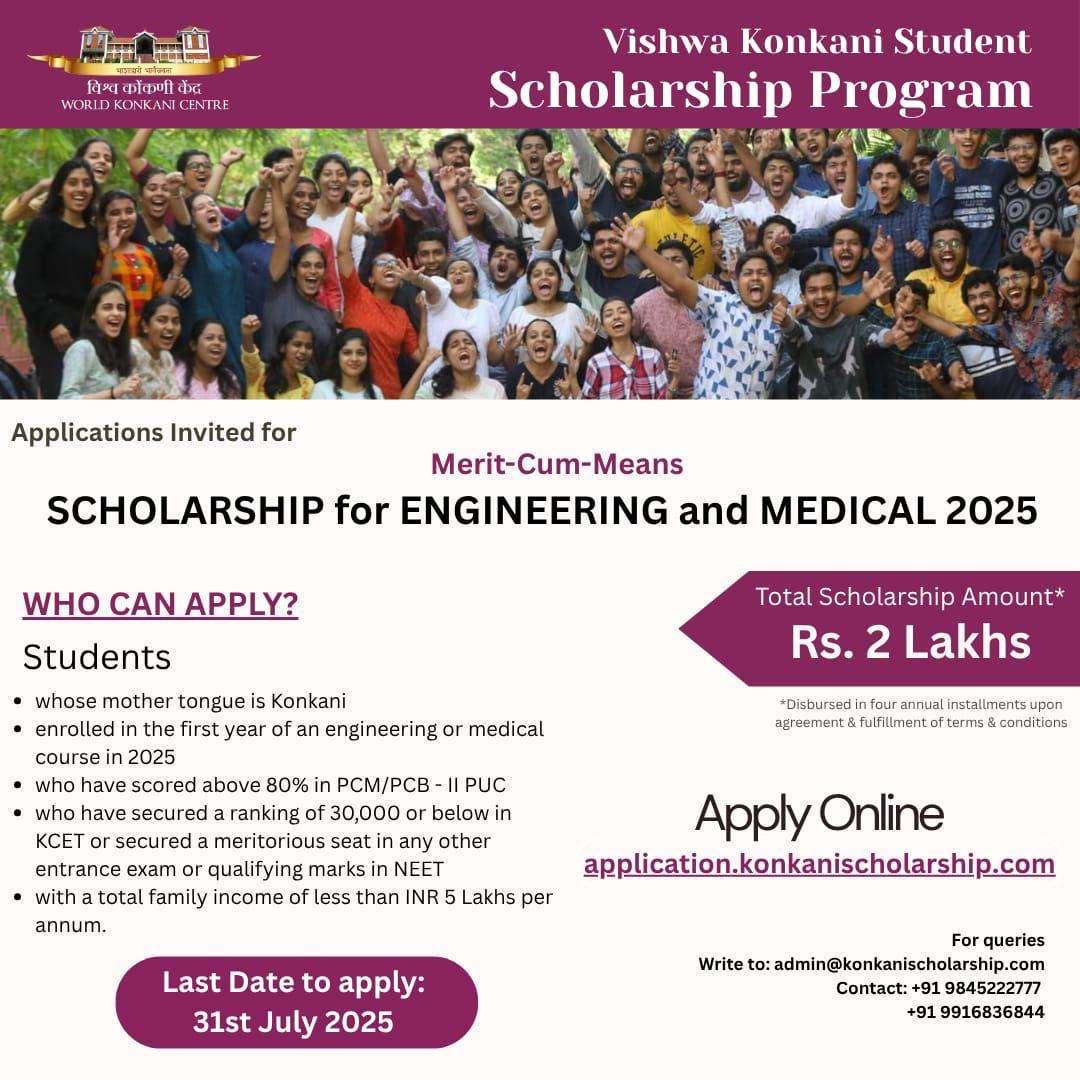
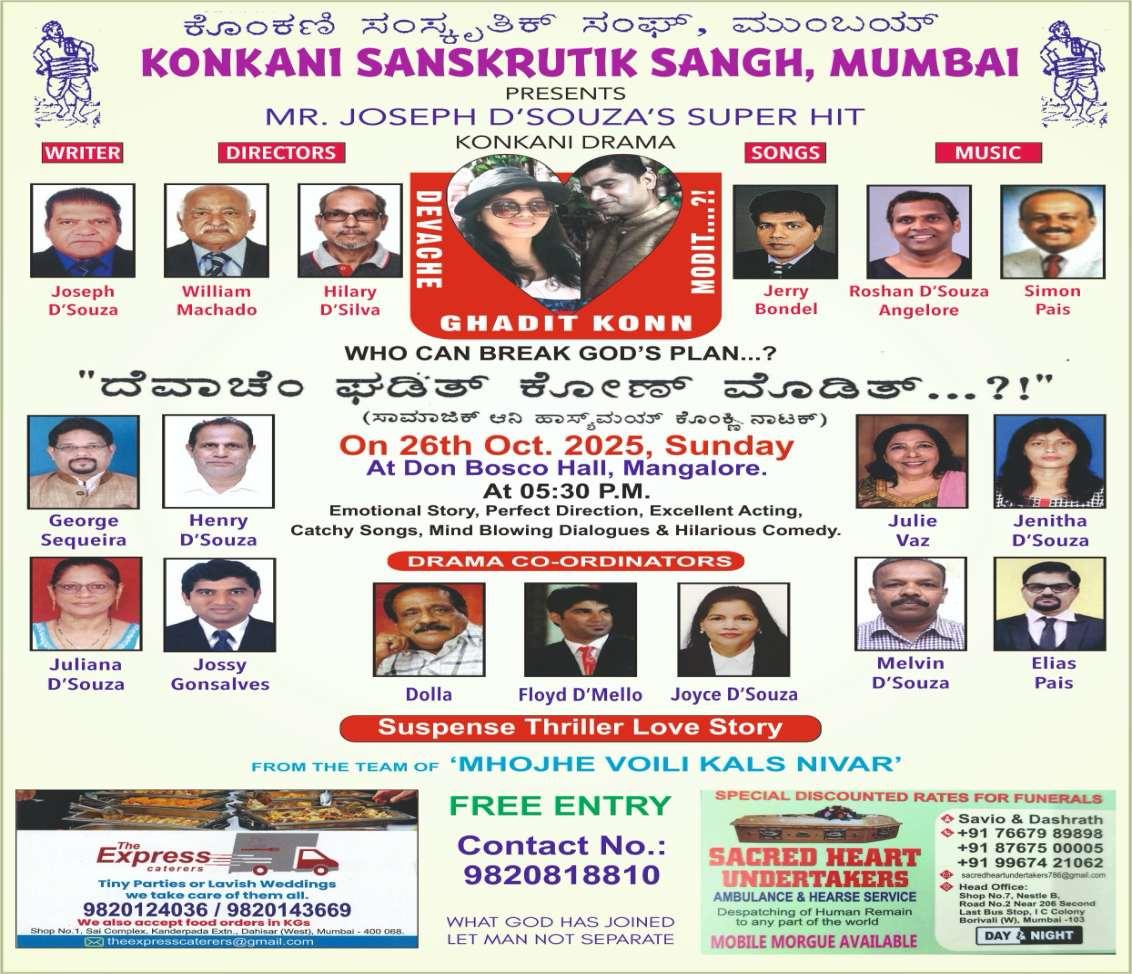
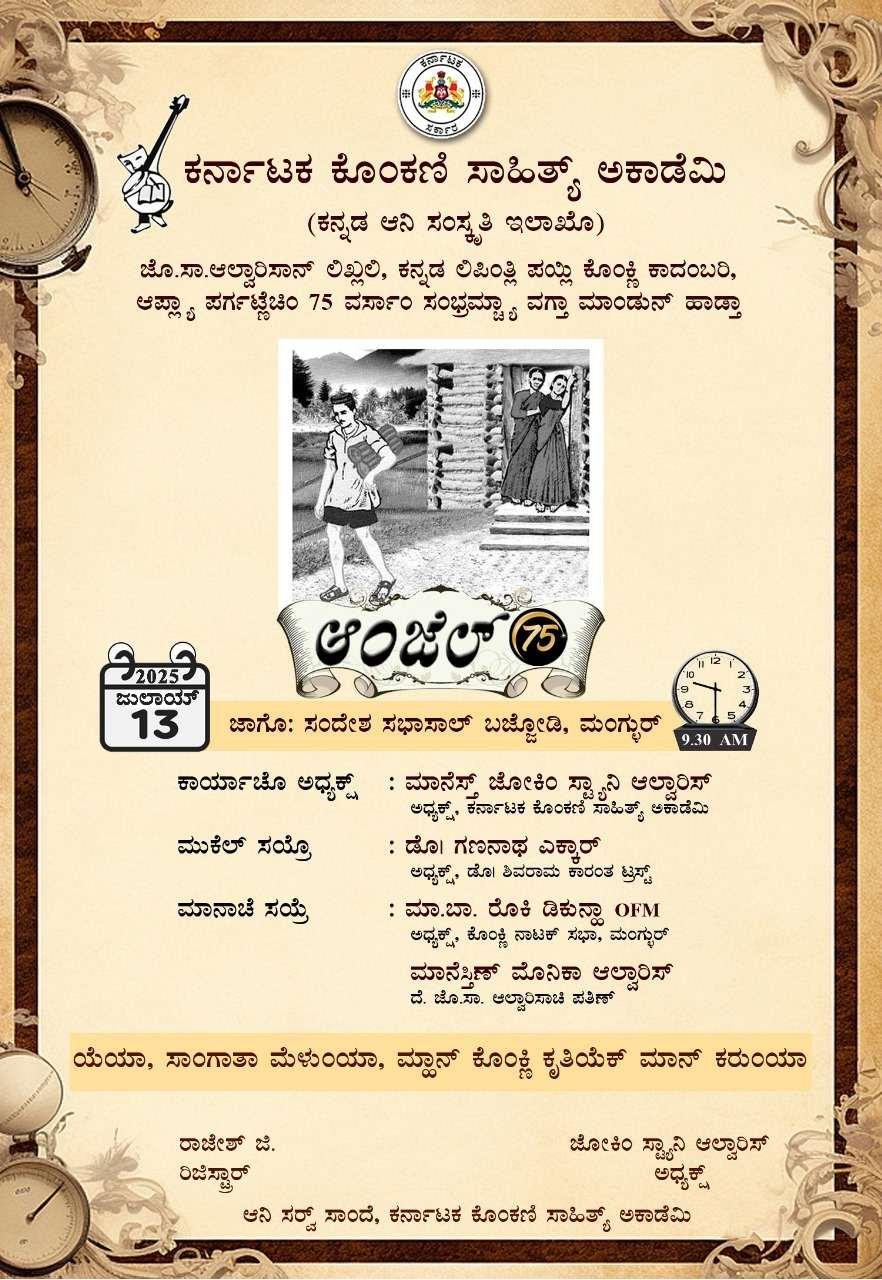
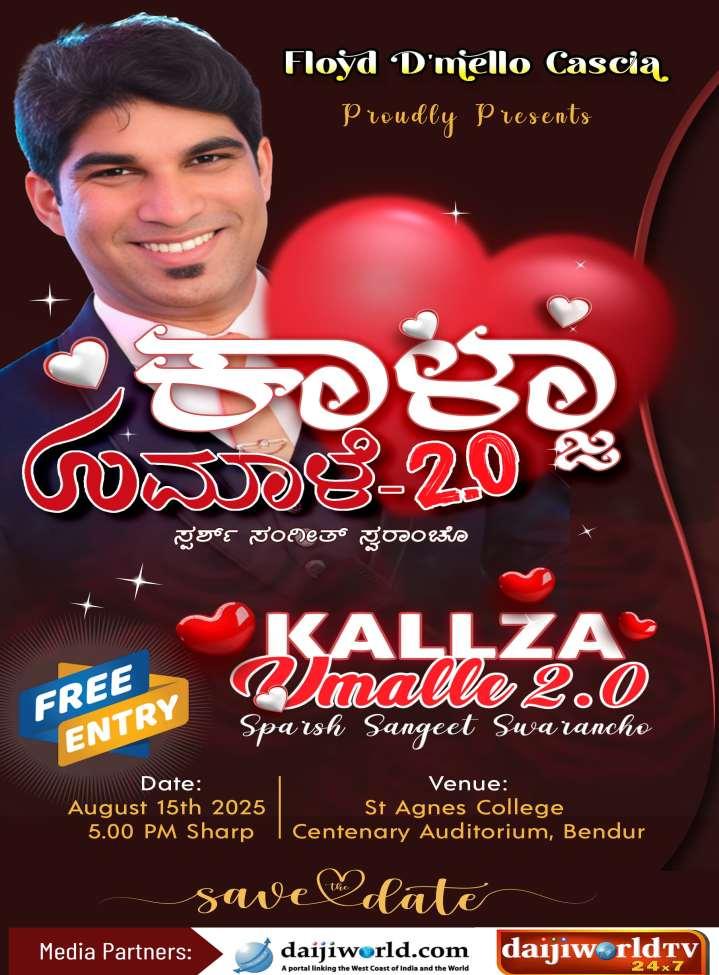
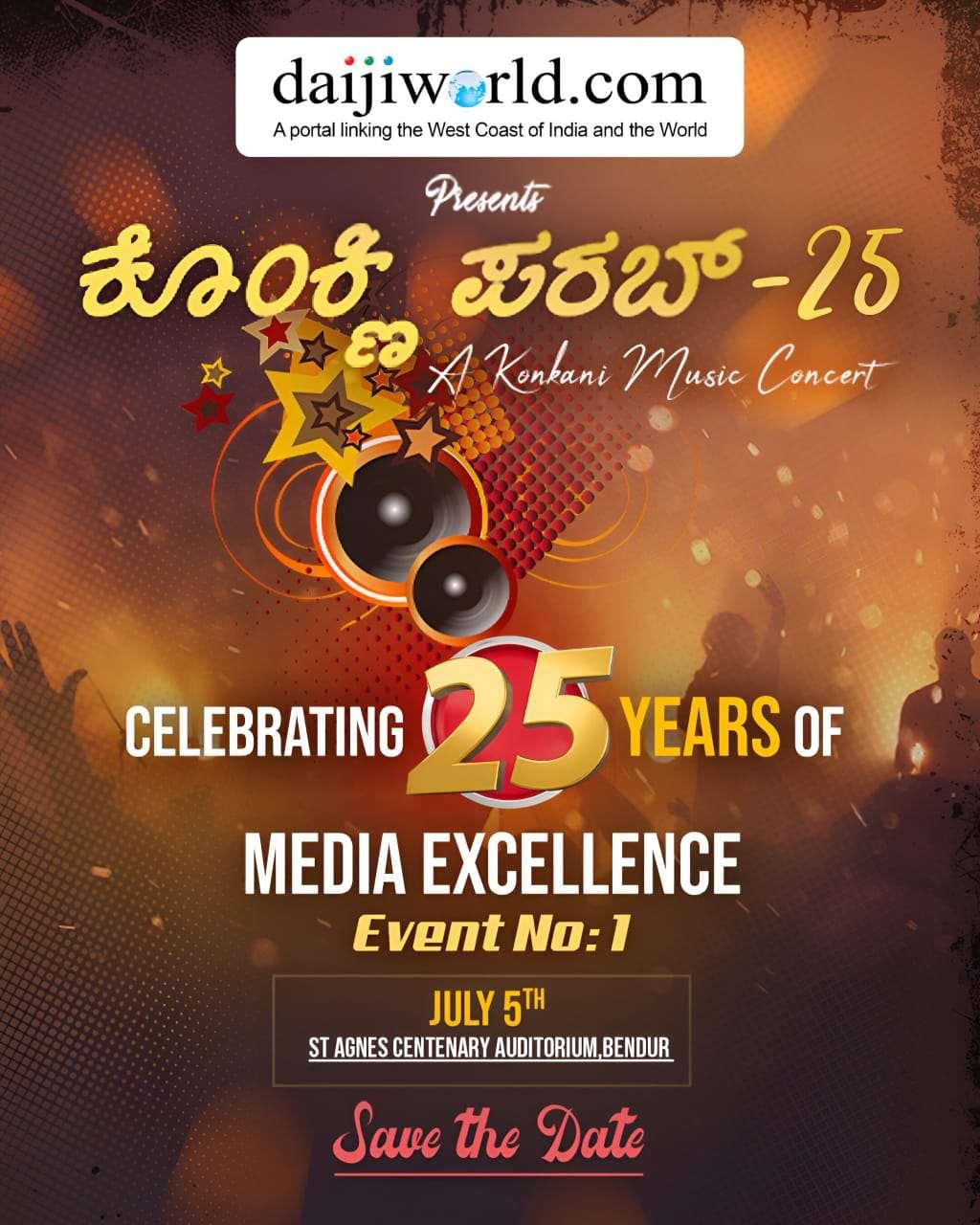
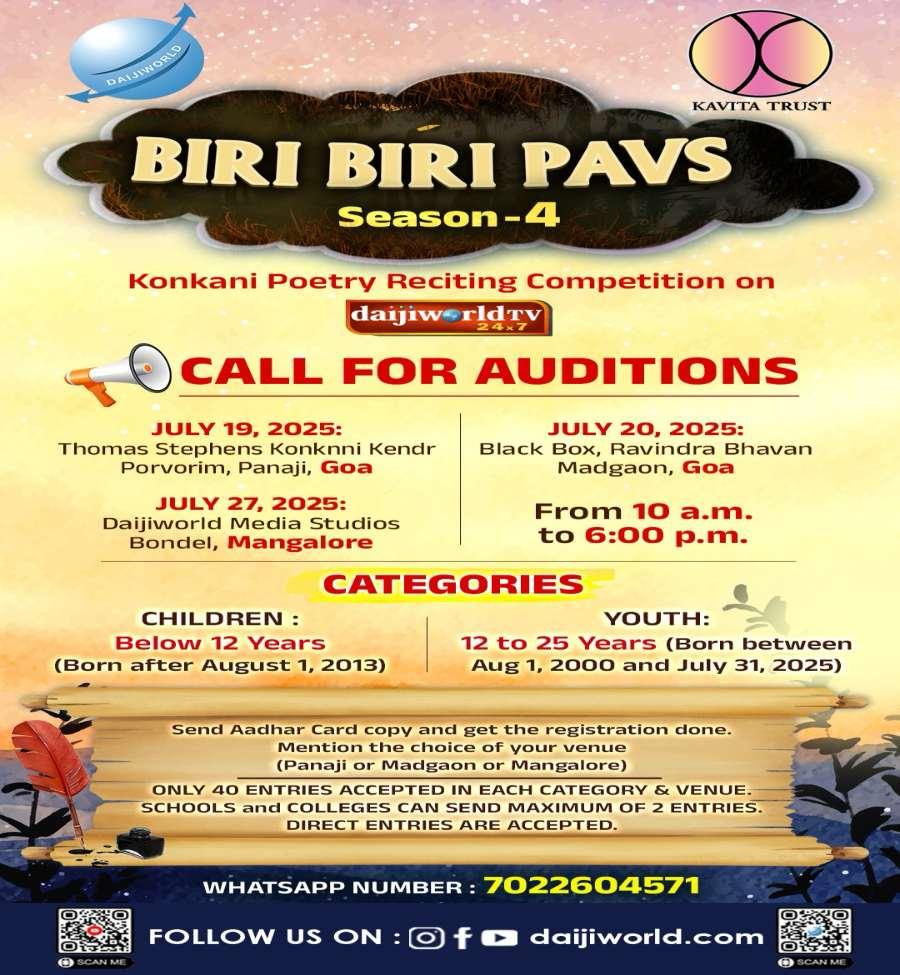
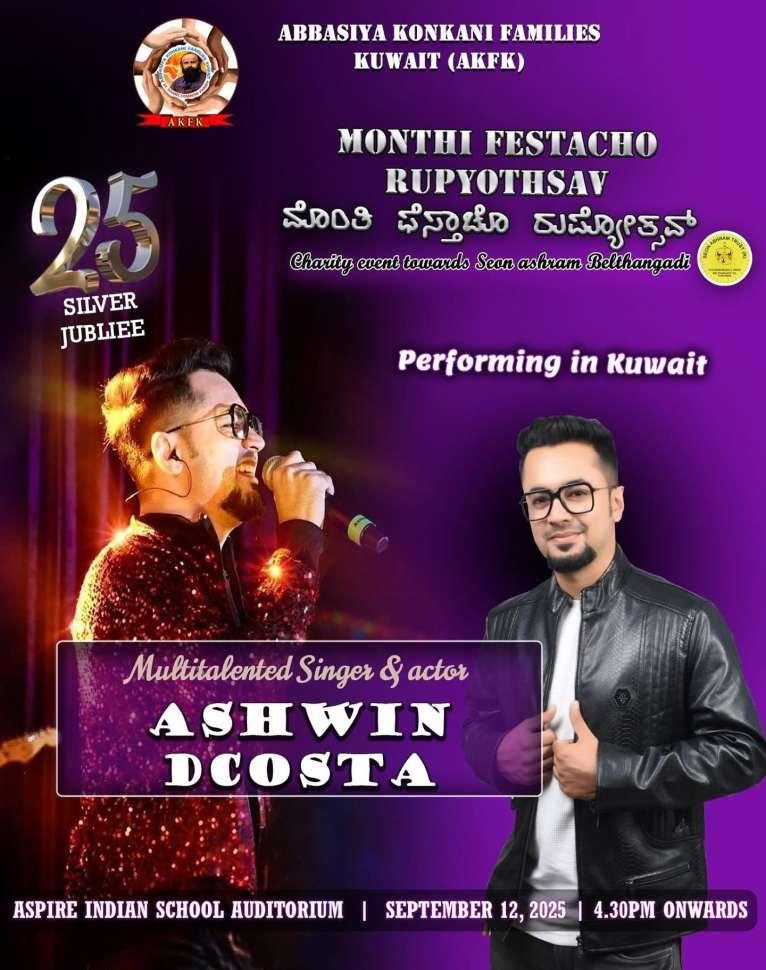
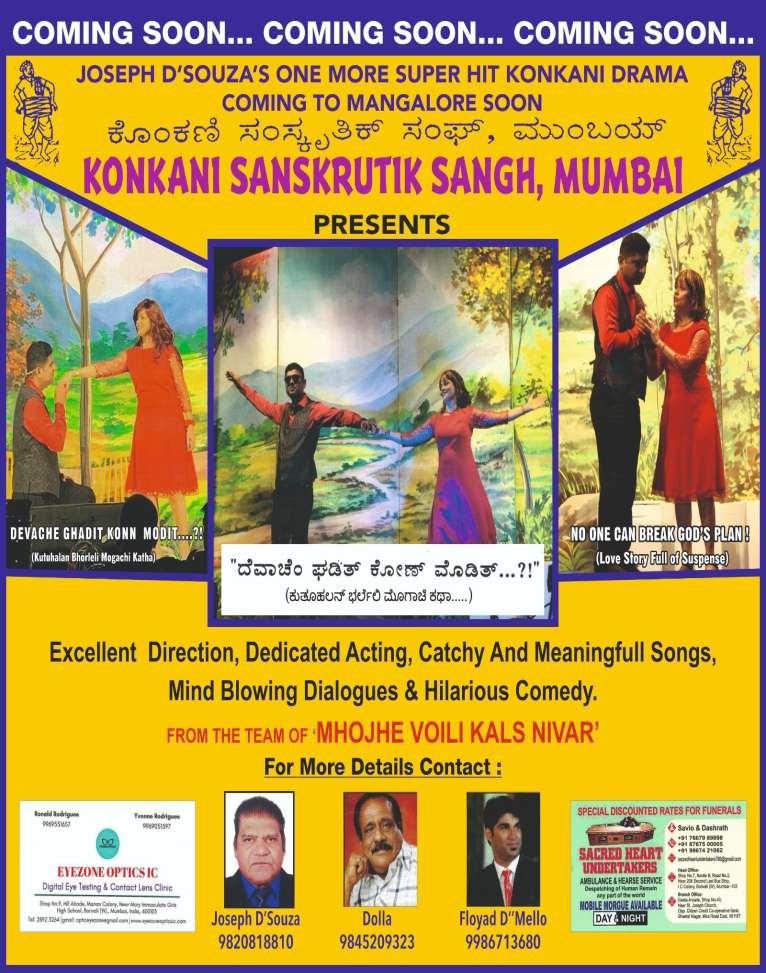















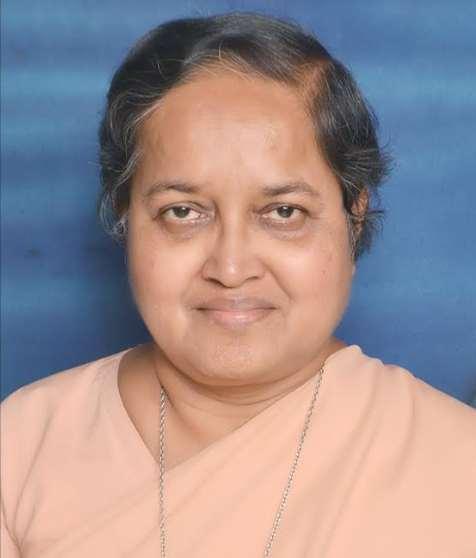





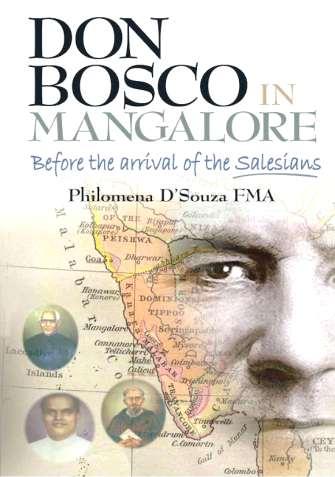
Continuing our mission in VEEZ online Weekly, of bringing past books and authors connected to Kanara,fornewreadersletustakea different type of enlightening book written by a Mangalorean Nun about a book she presented to readers about 10 years ago - "Don Bosco in Mangalore - Before arrivaloftheSalesians"ByRevSr.
Philomina D'Souza,
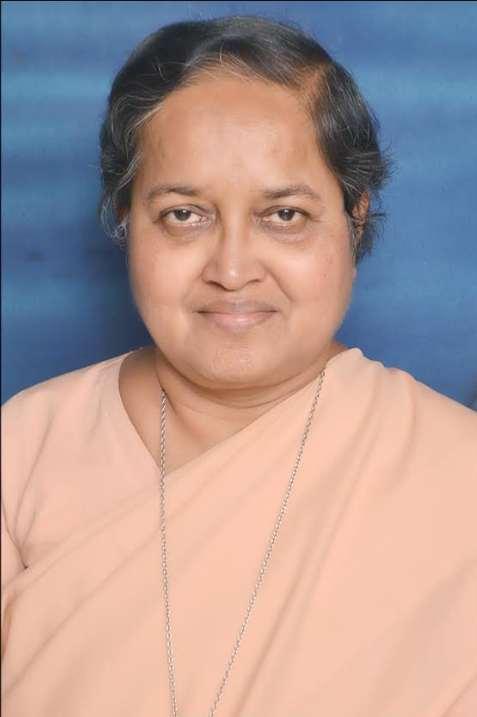
FMA, A book whichweneedtobefamiliarwithas the contents are full of history and informationthateveryMangalorean anywhere should have interest in. I hope this small effort will bring about a degree of interest if not more. This book will have a great appealtomany,itneedsarenewed look,getaglimpsenow.
Mangalureans will be related to reading through the pages of this book which bring out facts that were unknown hitherto. The author hasnotonlydonescholarlyresearch but also presented the matter in a gripping manner, making the book very readable and interesting. St DonBoscohasbeenafamiliarname sincethe1930sifnotearlier,evenin Kanaraand Mangalore. Duringthis saint's lifetime it is proved in this book that he was interested in Mangalore.Afterhiscanonisationin 1934, his influence here became visiblespontaneously.Thisregionis often referred to as 'Italy of India" and Mangalore now Mangaluru, often called“RomeoftheEast"due to its Catholic identities. It is well connected with many religions and Catholic congregations like Carmelites, Jesuits, Franciscans/Capuchins, SVD, Redemptorists, Salesians of Don Bosco ....and so on. In a secondary context, Don Bosco' has captured the imagination of the faithful with a unique place. The first documentedworkinthisbooknow on Don Bosco's connection with Mangalore really edifies and reinforces. "Don Bosco in
Mangalore - Before arrival of the Salesians" by a well informed and deep research of Author Rev Sr. Philomina D'Souza, FMA, a SalesiannunrootedinMangaluru and Kanara. An inspired and very pointed principle seen frequently 'Nothing happens by chance, practicallyeverythingsignificanthas alargerdivinedesignatwork."
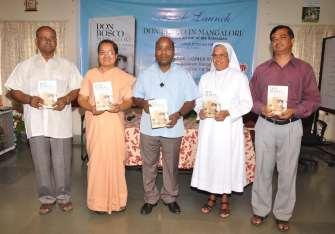
St. Don Bosco(1815-1888), a saintlyItalianpriestwhosemainline work was for marginalized and abandoned youth. His rise was in a parallel catholic era when the Konkani Catholics liberated by the British,returnedfromtheashesofa 15-year captivity under Tipu Sultan theTigerofMysore.Ontheirreturn after 1799, and after the 1840s was a time when the rebuilding of the church in Kanara was progressing. So,itwasataverycrucialtime that Don Bosco would have been
consideredasadvisedbyPopePius IX, to send his missionaries. History also notes that around this time other orders of priests and nuns fromItalyandGermanyproliferated here. The Will of the Supreme always takes center stage; though the Salesian influence was revered by the people and clergy of the regionhere, andinstitutionsandso on paid homage by using Don Bosco’s name; the Salesians didnot physically come here, indeed it is a wonder that the author of this exclusivebookfromtheviewofthe Mangaloreans has captivatingly presented the links of the Salesians to the early rising Church in Mangalore and surroundings. Dedicated to Don Bosco, since those times one can find 'Five schools, one church, five youth clubs, two halls'. The ‘Konkani Natak Sabha’ strangely brings out its state-of-the-art plays on Don Bosco, in Konkani at its famous ‘DonBoscoHall’growingin Mangalore. Itisevenmorebaffling that even before the Salesians set footinKanaraseveralgirlsandboys werecalledtobeSalesiansfromthe Konkani families of the region. To readauthorSr,PhilomenaD'Souza's
accountoftheseearlyMangalorean Salesians in the FMA and SDB congregations is a touching experience and nostalgic. Among the early accounts given, one is likely to find surprise family connectionsthatthiscorrespondent has personally found. The glimpse that the author has carefully provided after strict historic research of the Mangalorean Konkani community since early times is worth the attention of the futurereaders.Intheweightywords of the erudite ‘Foreword’ , “History isagreatteacher.Ithelpsusinherit ourtradition,inspiresuswithvaliant accountsofoureldersandspursus on towards greater fidelity to our charism". A throbbing desire to readthebookfromcovertocoveris generated. This book is Unique: The presentation of thebookmakes for an interesting and intellectual prospect to explore the inspiration Don Bosco evinced in the desire to send his missionaries to India and Mangaloreinthefirstplace,asearly as 1876, while he was a Vicariate Apostolic under Rome. His dream came to be a reality more than a
century later only in 1997. Yet, it is miraculous (Don Bosco is known also as the patron saint of Magicians) to find religious, educationalandculturalinstitutions and organizations in Don Bosco’s nameintheundividedearlydiocese of Mangalore. The pioneering vocations after the canonisation in 1934 of St Don Bosco, are a firm reiteration of the power of St. Don Bosco and his eternal concern for this region. In Chapter 2, the presence of the Bosco spirit here is dealtwithindetail.Themeetingsof Pope Pius the IX and Don Bosco, Apr-May 1876 and the surfacing of theIndiaanglewhichisrecordedin
Don Bosco’s letter to Fr. Rua dated Apr 16, 1876, throws ample light whichmakesitbrighterinhisletters following these meetings. In Jan 1877 again Don Bosco had Papal audiences, and it is surprising to note Don Bosco’s letter to Fr. Cagliero “We shall accept the vicariate apostolic of ‘Mangalore’………”. Pius IX passed away in Feb 1878, things may have changedafterthat.
Theauthorthenpresentssomeof theoriginsandvisionsofsomewellknown institutions around
Mangalore, bearing the saint's name. Like,Don BoscoHigher Primary School, Shirva (1934);Don BoscoAided Upper primary school, Kayyar (1935); KNS, Konkani Natak Sabha andDon BoscoHall, Mangalore (1943) The hall is expectedtobedemolished,tomake wayforamodernstructure,theKNS celebrates its 75th jubilee in 2018.Don BoscoClub andDon BoscoHall, Udupi (1958); St. Don BoscoParish church Kelmbet (1959). …. There are several others that prove theDon Boscoeffect even prior to the knowledge of the saintamongthecommonpeopleof the area.
The well oriented chapters on History of the Konkani Catholic communityhere areanassettothe knowledgeofMangaloreancatholic past. It covers the earliest advent, 1560, of the Portuguese in Goa tracingmatterstorecenttimes.The inclusion of the ‘Experience of captivity underTipuSultan' addsto the composite nature and value of this book. The Catholics of Mangalore were in constant touch with the Holy see to have good
priests to set up education here fromthe1840s.
The last chapter of this wonderful book, details in 37 pages the “First VocationstotheSalesianwayoflife from the Mangalore Konkani community” the fact that so many committed souls supported by prominent Konkani families sent their children to serve in the Salesian SDB and FMA communities spells out the admiration and high value and esteem that Don Bosco and the Salesianworkhadinthesightofthe community here. Salesians first reachedMadrasinIndiain1906and 1922 and spread out from there. Mangaloreservedasafertilecradle of vocations effectively from the 1920s,thewell-presentedindividual lives of these pioneers makes spell binding and enlightening reading for anyone who will read.
The ‘Mascarenhas’ of Mangalore (connected to Mangalore's first potential Saint 'Servant of God' Raymond F C Mascarenhas, first PP of Bendore and founder of the Bethany sisters) were the first to lead the lead in 1918, four of the familyjoinedtheSalesians. Thenin
the 1920s the Fernandes sisters from Bantwal origins were next to join. TheVazVocations-Fr.JoeVaz and his sister Mary (who died on Aug26,2016)joinedinthe1930sin Madras and served long years endingtheirservicesinMumbaiisa heroic narration. A reputed family of Mangalore “The Kannappa’s” contributed a nun whose family storyisafairytaletoread. Thenthe Aranha -Shenoy’s; The Monteiro siblings; Fr. Richard D’Souza, and a hostofotherswillgripandeducate the readers wherever in the world they may be. The light thrown on thehistoryandlifeofearlyCatholic Mangalore by this book is something that can make a mark that is so far from unseen and cries forrecognition.
Two of the many views on this book: "Barely a year after the first missionary expedition to South America in 1875,Don Boscobegan dreamingofgoingtoMangalore,at theinvitationoftheHolyFather.His Daughters reached there only in 1985,andhisSonsin1997.ButDon Boscoseems to have been associated with Mangalore in more ways than one, and Sr. Philomena tracesforustheremarkablestoryof
thispresence."-Fr. IvoCoelhoSDB, General Councilor for Formation, Rome. "Don Boscoinspired! The youth of Mangalore fired with zeal to preserve their language and cultureandfoundtheirstoriesinthe pages of Sr. Philomena’s work."Prof.Dr.FleurD’Souza,FormerVicePrincipal and Retired Head of the Dept.ofHistory,St.Xavier’sCollege, Mumbai.
***The Book, Hard Bound, Pages 164, ISBN: 978-81-87060-60-4, is available at ATS and St. Paul Book Shops. Contact: Tej-Prasarini,Don BoscoCommunications, Matunga, Mumbai-400019,India.
About the Author: Rev Sr. Philomena D’Souza, an FMA of the Mumbai province, has a Masters in Psychology from thePontifical Faculty of Sciences of Education Romeandhasdonesignificantwork in the field of Youth Ministry and Women Empowerment. One of her books on Mary,Behold the Womanwas recognised by the PontificalMarianAcademyandwas awarded by Pope St. John Paul II in Oct. 2002. She is also a member of the ACSSA, an International
Association of the Promoters of SalesianHistory.
Sr. Philomena D’Souza is the daughter of Late Bonaventure and Benedicta D’Souza, devout Catholics, people of the soil and farmers from St. Ignatius Parish Paladka which was bifurcated and now in St. Francis Xavier's Parish Saverapura of Moodbidri deanery.Eldest daughter of 8 siblings - 3 girls and 5 boys. Ancy Paladka, the well-known Konkani poetactivistandFr.MaximD'Souza SDB, Principal ofDon Bosco Trasi, i am her brother. She was born and baptised at Kirem, studied at St. Thomas School, Alangar, Holy Rosary Convent School, Moodbidri and St. Agnes College (PUC) after whichshejoinedtheSalesianSisters atChennai.
A few of the vast accomplishments of the Author: Sr. Plilomena D'Souza, coordinated research on the Marian perception of young women of India as part of an International Team on the topic of “Perception of young women with regard to Mary and womanhood” (1992). ‘Behold the Woman’, a
Resource Book on Marian Youth Spirituality edited by her was conferred an Award by the International Pontifical Marian Academy on October 29, 2002. The awardwasgivenbyPopeJohnPaul II. Deputed on congregational work to various countries like Thailand, thePhilippines, Sri Lanka, Australia, Italy, UK and the USA. Member of ACSSA (An International Association of Promoters of Salesian History) and has presented papers on Salesian History during its National and International onventions. President of South Asia Unit of ACSSA. Has beenakeynuninIndiaforlong.
Outside the Congregation: Programme Co-Ordinator forDon BoscoYouth Services from 19982002. Western Region Gender Coordinator (2002 – 2005) of the Western Region Social Service Forum. Secretary of the Bombay ArchdiocesanWomen’sDesk(which was later upgraded as Women’s Commission) from 2005 –2009. Has presented a paper on Spirituality from Women’s Perspective at IndianTheological Association Meeting in April
2004. Member of BASIC – Bombay Archdiocesan Synod Implementation Committee. Consulter: to CBCI Women’sCommissionandmember of the steeringcommittee for the 28th CBCI Assembly on “The Empowerment of women in church and society”, February 2008 at Jamshedpur. Avisitingprofessorat Divyadaan Philosophate Nasik, MaterDeiGoa,travelledextensively andconductedworkshopsontopics pertaining towomen and religious life,FeministAwarenessandGender Issues, Contributes articles to magazines such as Vidyajyoti, Jnanadeepa, Dhyana,Third Millennium,Kristujyoti,NewLeader and The Examiner. Recipient of “Woman of Substance Award” of theBombayArchdiocesanWomen’s Commission, given by Cardinal Oswald Gracias on 8 March 2015. A Recipient of the “Cardinal Ivan Dias National Award” for the best MarianArticleinReligiousCategory. The Award was given by Cardinal Oswald Gracias,on 20 December 2015. Her 2021 encounter with Pope Francis in Rome: It is necessary to
share thishere as it spells out the Blessing for INDIA: Rev Sr. Philomena, was a delegate from India at the FMA GeneralChapter ( a very important conference of the Salesian nuns worldwide) in October 2021. The nuns at such a world meet were set to have an exclusive group audience with the Pope on October 22, 2021 - but instead the Pope unceremoniously visited the venue and spent quality time with the delegates, a rarest of therareoccurrences.
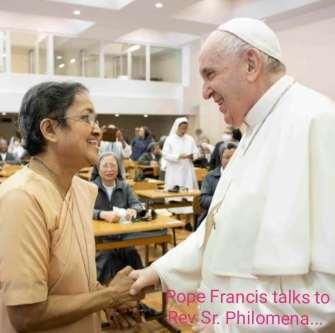
LetusreadwhatSr.Philomenasays about thePope's visitin her own exciting words: " On October 22, PopeFrancisgaveusasurprisevisit and when I met him, he told me to pray for Modi's meeting with him soon; seeing me in saree he said I
knowyoumustbefromIndia.After thenearhour-longmessage,hemet each other. His simplicity, athomenessandpersonalattentionto each one is amazing. The Pope himself had offered to do this surprisevisit as he had told Mother General that he was doing it out of gratitude to God and to the congregation. Everything was a complete surprise. We were supposed to go for the audience today. Yesterday evening, Mother Yvonne came and announced that we cannot go as the Pope is not keeping well. So, he will give us a directmessageonlineinthehall.
Everything was completely incognito and hush hush. Neither the Vatican nor the Italian security knew about this visit till 11am, that day. So, we were told not to come out of the hall and not to send any messagetoanyone,tillweweretold that he had returned to the Vatican. When my turn to meet him came, I told him, please bless andprayforthechurchinIndia.And hetoldme,youpraytoo,becausein a few days’ time Modi is coming here to meet me! He came in a simple white and black car, with no sign of VIP, accompanied by two
other navy-blue cars. Everyone, including service personnel in the house, got to meet him personally. Hegavethemarosaryeach. Thisis a singular honour for all Indian Catholicsandchurchesthroughthe presenceof Rev Sr. Philomena D'Souza FMA., a proud moment indeed to be a memorable part of communityvitalityforthefuture.Let us all applaud and commend Rev. Sr. Philomena D'Souza FMA and accessherbooks.

Compiled: IvanSaldanha-Shet.
(NB: VEEZ Weekly Online Magazine link can be found on "Daijiworld.com" and accessed anytimeyouneed)

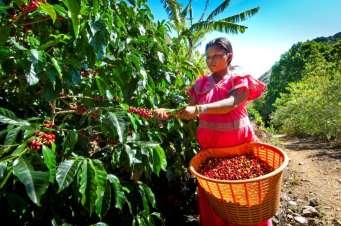
Legend has it that coffee was discovered in Ethiopia around the 9th century by a goatherd named Kaldi. He noticed that his goats becamemoreenergeticaftereating the red berries of a certain plant, which turned out to be coffee
cherries. From there, coffee spread throughouttheArabianPeninsula. Early Days in the Middle East (15th-16thcentury)
Coffee was cultivatedand traded in the Middle East, particularly in present-day Yemen, Saudi Arabia, and Egypt. The Arabs were responsible for thefirst commercial cultivation of coffee and developed many coffee drinks, including qahwa (Turkish coffee).
Coffeehouses, known as qahwa houses, began to pop up in cities like Constantinople, Damascus, and
Cairo, becoming hubs for intellectuals,artists,andtraders.
Coffee Reaches Europe (17th century)
CoffeearrivedinEuropeinthe17th century, brought back by travelers andtraders.Atfirst,itwasmetwith skepticism and even banned in somecountriesduetoitsperceived stimulatingeffects.However,coffee quicklygainedpopularity,especially in England, France, and Austria. Coffeehouses became centers for intellectual and artistic gatherings, fostering discussions, debates, and innovation.
The Rise of Coffee Culture (18th19thcentury)
As trade routes expanded, coffee became more widely available and affordable. The Industrial Revolution further increased coffee productionandtrade.Coffeehouses continued to proliferate, becoming an integral part of urban life. In the United States, coffee culture took off in the 19th century, particularly incitieslikeNewYorkandBoston.
GlobalExpansion(20thcentury)
The 20th century saw coffee becomeaglobalphenomenon,with multinational companies like Maxwell House and Folgers
dominating the market. The espresso machine, invented in the early 20th century, revolutionized coffeeculture,enablingthecreation of lattes, cappuccinos, and other popularcoffeedrinks.
TheThirdWave(late20thcentury present)
Inthe1960sand1970s,anewwave ofcoffeecultureemerged,focusing on high-quality, artisanal coffee. This "third wave" of coffee popularized specialty coffee, direct trade, and coffee roasting as an art form. Today, coffee is a ubiquitous part of daily life, with coffee shops andcafesoneverycorner.
CoolFactsandInsights
• Coffee is the second most traded commodity in the world,afteroil.
• The world's most expensive coffee is made from elephant dung (yes, you read that right!).
• Coffee is grown in over 70 countriesworldwide.
• The average American consumes 2.1 cups of coffee perday.
• Coffeehouses have played a significant role in social and
cultural movements throughout history, from the Enlightenment to the Arab Spring.

• 9thcentury:Legendhasitthat coffee was discovered in Ethiopia.
• 15th century: Coffee cultivation and trade begin in theMiddleEast.
• 17th century: Coffee reaches Europe.
• 18th-19th century: Coffee culturetakesoffinEuropeand theUnitedStates.
• Early 20th century: Espresso machineisinvented.
• Mid-20th century: Multinational coffee companies dominate the market.
• Late 20th century: Third wave of coffee culture emerges, focusing on specialty coffee andartisanalroasting.
• Present day: Coffee is a global phenomenon, with coffee shopsandcafeseverywhere.
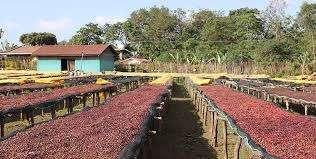
• In 17th-century England, coffeehouses were known as "pennyuniversities"duetothe lively debates and intellectual discussions that took place there.
• In the 18th century, coffeehouses in France were hotbedsofrevolutionaryideas, contributing to the French Revolution.
• In the United States, coffeehouses played a significant role in the Civil RightsMovementandanti-war protestsduringthe1960s.
Thereyouhaveit – awhirlwindtour ofcoffee'sfascinatinghistory!From itshumblebeginningsinEthiopiato its status as a global phenomenon, coffeehascomealongway.
(AIgeneratedarticle)

The first Konkani Novel in Kannada script, Aangel , is completing 75 years in 2025. It was published in 1950 at Mangalore. Joachim

Santan Alvares is the author of this novel,andheisknownastheFatherof Konkani Novels. Karnataka Konkani Sahitya Academy has planned to celebrate this landmark. Incidentally Indirabai the first novel in Kannada language written by Gulvadi Venkatarao in 1899, was also published in Mangalore. He is known as the father of Kannada novels. Thus, Mangalore has the distinction of producing the first novels in Kannada and Konkani language. While the former belonged to Konkani Catholic community, the latter belonged to the Saraswath Brahmin Community.
The story of Aangel is simple. It upholds moral values and the victory offidelityandrighteousness.Aangelis the heroin and Rofi is her husband.
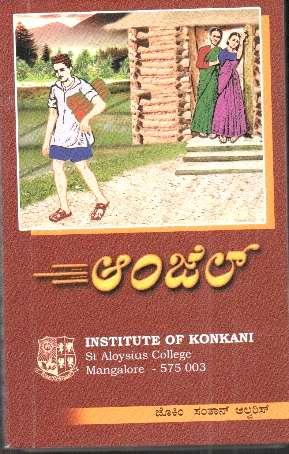
They cultivate the farm under the Chaal Geni system in practice in those days. Norbert of Bejai is the landlord.
The newly married couple lives in Bondel (outside the city) with their mother, Rosy. It is the time of the Second World War. Duetopoverty
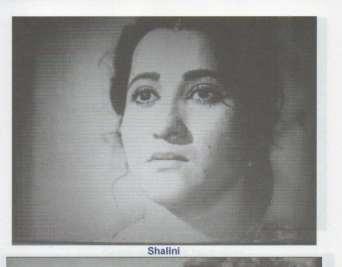
Rofi volunteers to join the armed forces in 1941 under the advice of his landlord Mr. Norbert (Norbatam) of Bejai. The landlord had an ulterior motive in sending Rofi to join thearmed forces like King David who wanted to kill Uriah, his officer in the Army to possess the wife, Bathsheba. He was sure that Rofi will be killed in the War, and he will have a golden opportunity to make Aangel his wife. Hewasawidower,andhehadplansto make his wife. For three years he entices them with several offers and concessions. But Aangel, true to her name had strong faith in God and believed that her husband would return although the telegram she received conveys that he has gone missing after the naval ship in which he was employed was destroyed by the Japanese. Three years had passed since his disappearance. In 1944 Mr.
Norbertwiththehelpofhisheadclerk (Shenoi) goes to the house of his tenant and makes a bold attempt to convince Aangel to accept his proposal.ButAangeldeclinesandtells him that she does not want to marry him. This makes him angry, and he throws them out of the Chaal Geni estate. One of the Hindu neighbours givesthem shelterandemploymentin his farm. Just before the end of the War, Rofi returns safe and sound and joins the family. He forgives the landlord despite the harassment meted out to his mother and wife during his absence. They live happily thereafter while the landlord renounces the world and joins a monastery.
Mr. Alvares, in his autobiography, Mujya Jinyechi Katha, says that initially some people had doubted the originality of the novel. But he convincingly explains how it is original and challenges people to prove that it isnotoriginal.Inhisautobiographyhe explainshowhisparentsweremadeto vacate the house where they had lived for many years as tenants by their landlord in Omzoor and how the house collapsed immediately after they had left the house causing much
loss to the landlord after their vacation. In the novel too the house where Rosybai and Aangel had lived for many years collapses the moment they are made to vacate it. The landlord in the novel suffers loss like the landlord in real life. Thus, some real-life incidents have found place in the novel making it original.
The story line is familiar. But the Mangalorean setting is original. Aangel, Rosybai, Rofi, Norbatam, Shenoi, the butler Nikku, the shopkeeper Salu, the unhelpful Christian neighbour Martin, the good Samaritan Babu Shetty and many other characters are all local. We can find them in our neighbourhoods. The idioms and phrases and the proverbs are from Konkani Catholic community. Alvares uses the biblical incidents and quotes liberally to prove how truth, faith and prayer helps in the fight against harassment and suffering, and how fidelity triumphs in the end.
LordTennysonʼsEnochArden
This story line of the hero going on a voyage and the rich neighbours coveting the wife on the ground that her husband is dead is found in many
other stories as well. EnochArden, a poem by Lord Tennyson, the English poet has a similar story line. It was published in 1864. Enoch, Annie and Philip are childhood friends. Enoch and Annie are a romantic couple with three children. But when Enoch goes on a voyage and is considered dead Philip marries Annie. After many years of trials and suffering Enoch returns home and findsAnnie already married witha child.Enoch never reveals tohis wife that he is alive as he does not want to spoil her happiness although he dies heartbreak. Enoch Arden is a sailor whose love for Annie Lee intertwineswiththemesoflove,loyalty and the passage of time exploring the emotional ramifications of human relationships and the trials that come with them. Annie waits for him for many years before getting married to Philip.
Nirmonn
Goan Konkani movie, Nirmonn produced in 1965 (although after Aangelwas written) has a similar story line.Claudia(Shalini)istheheroin,and she marries Marcus, a music teacher against the wishes and proposal of a
rich man. Due to poverty, Marcus becomes a sailor, but his ship is destroyed, and he goes missing. Claudia waits for him for a long time andfinallymarriestherichmandueto hispressure. WhenMarcus(C.Alvares) returnshomehefindshiswifemarried to the rich man. But fate unites them onceagain.Thereisahappyendingto the movie. The songs in the movie NhidMhojeaBai,Claudia,UpkarKorat have become immortal. When Nirmonnwas produced in Hindi by A. Salaam it was calledTaqdeer .
In Greek mythology Penelope is the wife of the hero Odysseus, King of Ithaca and mother of Telemachus. She is renowned for her fidelity and cleverness. When he does not return toIthacaafterthewar,heisconsidered dead and many suitors come to Penelope seeking her hand. Penelope devisesaplantoweaveaburialshroud for Odysseus’s father, Laertes. She secretly unravels her work each night effectively delaying the completion of the shroud and her remarriage to the suitors who camp at Ithaca putting pressureonherandherresources.This
is known as Penelope’s Web in literature. When Odysseus returns, he defeats all the suitors and unites with his wife, Penelope. The story of Penelope is central to Homer’s epic poem, The Odyssey.
The Aangelof Alvares is our own Penelope. The character of Aangelis no way less to Homer’s Greek epic heroin. All the above cited novels, epics and films highlight the fidelity of the woman to her husband and their sufferings before they are compelled to make a choice under difficult circumstances. "In the ‘Preface‘toIndirabai,Ihadsaidthat truthfulnessandpurityofheartarethe twoaccomplishmentsthatsustainus in this world and the next. But if foolishnessandstupidityprevailinus, itisimpossibletoachievethesegoals. ThisisportrayedthroughBhagirathi‘s life.(Venkatarao[1900],Similar values are portrayed through Aangel by Alvares. Throughthefirstnovel,hesetamodel before other Konkani novelists who weretofollow. Hisstyleofwriting,the vocabulary, the unique spellings of certain Konkani words, the
development of the plot, the four strongandimportantcharactersinthe novel are praiseworthy. Those values are eternal and so are fidelity.
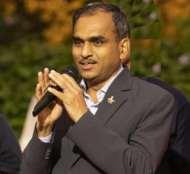
DrCharlesLobo


- By: Molly Pinto.
The wise never profess, the wise never proclaim They are your seat of wisdom, yet often disposed
Left to decay, without a second glance, considered a burden

While enjoying the platform that was made, on their backs

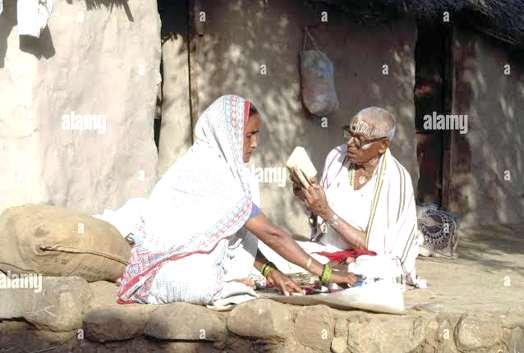
You have youth, you have technology, both evolving
Creating a world that's so easy to destroy, with one power cut
You have ideas but ground less like a feather in the wind
All the data you need is stored in your archaic past
The wise never profess, the wise never proclaim They sit staring into space or walking their dog If not tapped, they will exit, with their precious knowledge
The same ones you had no time for, that could save you in a fall
You have youth, they once had it to you know The comforts you enjoy were the results of their gnarled hands
They may not be tech savvy, but what they have, no data holds
Society that disregards the reason for their being, is often doomed
-Molly Pinto.
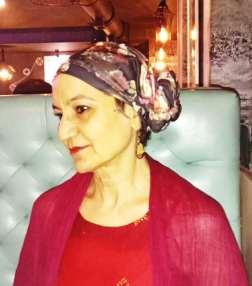
(NB: VEEZ Weekly Online Magazine link can be found on "Daijiworld.com" and accessed anytime you need) ...


Life is nothing without love and care, A precious gift we all can share. Pass it gently, hand to hand, A simple act they understand.
Things may end, and people change, The light will return, and hope finds its range Try to learn and appreciate, And watch your ego depreciate.
Expecting return brings only lack, True love gives and asks nothing back.

By: Stany Jovin Menezes – Muscat / Pangla



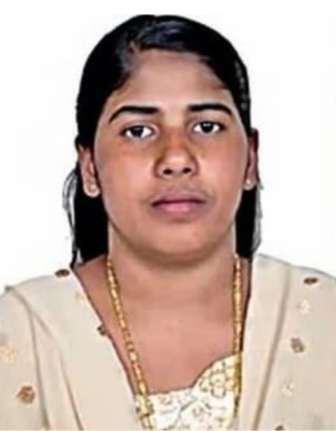
The Supreme Court of India agreed to hear a petition on 14 July (Monday) seeking urgent intervention to save the life of NimishaPriya.Thepleawasfiledby the 'Nimisha Priya, International Action Council', represented by senior advocate Raghenth Basant and advocate Subhash Chandran K.R.
Taking note of the urgency, Bench comprising Justices Sudhanshu Dhulia and Joymalya Bagchi
directed the petitioners to serve a copyofthepleatotheofficeofthe AttorneyGeneralofIndia.
Nimisha Priya, a 37-year-old nurse from Palakkad, Kerala, who faces execution in Yemen on July 16, 2025.Nimisha,acaringmotherand dedicated professional, left India in 2008 to work in Yemen, hoping to give her family a better life. Today, she’s caught in a nightmare, and time is running out. In 2018, Nimisha was convicted for the murderofaYemeniman,TalalAbdo Mahdi,herbusinesspartner. She says he abused her, took her passport,andtrappedherinacycle of fear and control. In a desperate bid to escape, she tried to retrieve her documents, but things went horriblywrong,leadingtohisdeath. Now, she’s sentenced to die, a punishment upheld by Yemen’s courts in 2023. But there’s hope. Under Yemen’s laws, the victim’s family can accept diyat i.e. blood money,tograntapardon.
Nimisha’s mother, Prema Kumari, a domestic worker who sold her hometofightforherdaughter, has been in Yemen since April 2024, workingwiththeSaveNimishaPriya InternationalActionCouncil. They’ve raised $40,000, but more is neededtosaveherlife.Thisisn’tjust about one woman it’s about humanity. Nimisha’s story reflects the struggles of countless Indian workers abroad, risking everything for their families. Her young daughter and husband in India are waitingforher.
Final 3 days for Kerala nurse Nimisha Priya? Family offers $1 million‘BloodMoney’forclemency.
Nimisha Priya, an Indian nurse sentenced to death in Yemen for murder, faces execution in three days.Herfamilyoffers$1millionas bloodmoneytoseekclemency.
With only three days remaining before the scheduled execution of Kerala nurse Nimisha Priya, convicted of murdering a Yemeni national in 2017, her family has madealast-ditchpleaforclemency by offering $1 million (approximately₹8.6crore)as“blood money” to the victim’s family to
save her life, as reported by Press TrustofIndia.
Under Islamic Sharia law, blood moneyor"diyya"referstofinancial compensation paid by the accused to the victim’s family for serious crimes such as murder. Sharia law distinguishes between two types of homicide intentional and unintentional(bymistake).
The principles of qisas (retaliation) and diyat (blood money) were establishedtoendendlesscyclesof revenge killings fueled by tribal animosity, according to the report. Tellenbach explained that these punishmentsaredesignedprimarily for retribution and restoring social balance.
Blood money depends on. According to the World Legal Information Institute (WorldLII), countries such as Yemen, Saudi Arabia, the UAE, and Pakistan have formal legal codes governing the processofdiyya.Failuretopaydiyya can lead to legal penalties or the enforcementofqisas.
In many Islamic countries, the amount of compensation depends on factors like the victim’s gender, religion, and nationality. However,
accepting blood money does not always absolve the accused of all charges. States may still impose punishments, such as fines, to maintainlawandorder.
Let us all hope for the best in the case of Nimisha Priya, whose life now hangs in the balance under deeply tragic and complex circumstances in a foreign land. A dedicated mother and healthcare professional, she had travelled abroad with the sole intention of supporting her family and ensuring a better future for her young
daughter through education. Caught in an unfortunate web of eventsbeyondhercontrol,Nimisha has become a victim of circumstances that no one should everhavetofacealone.Itistimefor compassion,humanity,and collectiveeffortstoseekjusticeand mercy,inthehopethatherlifemay besparedandthatshemayoneday returntoherlovedones.
“TeamJustitiaa” Dilraj Rohit Sequeira and Associates,Advocates,Bangalore.

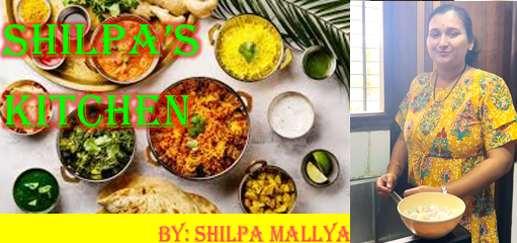

Ingredients:
1.Prawns-500gm
2.RedByadgichilliWhole-8nos
3.RamnadChilli-5nos
4.GratedCoconut-1cup
5.Tamarind-1/2inch
6.Salt-Aspertaste
7.Hing/AsafoetidaWater-3tsp
8.CoconutOil-4tsp
Method:
1.First,CleanandWashthePrawnsProperly.
2.RoasttheRedByadgichilliandRamnadChilliwithlittleoil.

3.InaGrinderormixerjaradd1cupofgratedcoconut,roastedbyadgiand ramnadchilli,Tamarindandgrindittofinepaste.
4.TransferthePastetothepanandaddsalt,waterandmixwell.
5.Afterthemasalaisheated,addprawnstothepan.
6.ThenaddtheHing/AsafoetidaWaterinit.

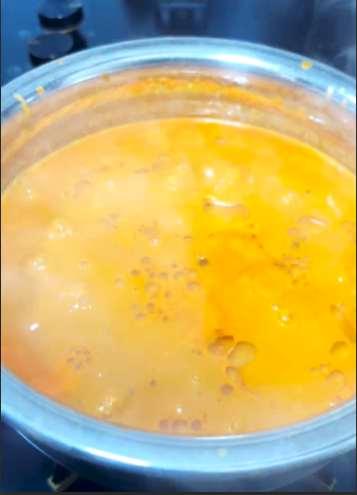
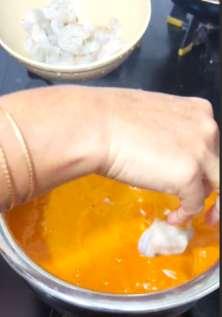
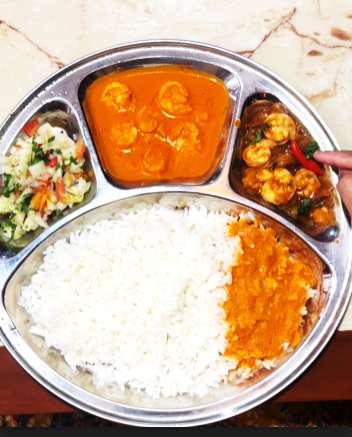


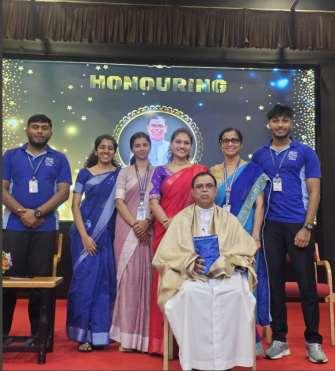
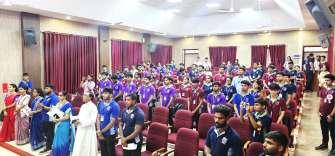
OnJuly11th,2025,at3pm Konkani sangha's Formal inauguration was held in the Robert Sequeira Hall with traditional instruments Gumot and Tonniyo. Rev. Dr. Micheal Santhumayor Principal, Milagres DegreeCollegewastheChiefGuest
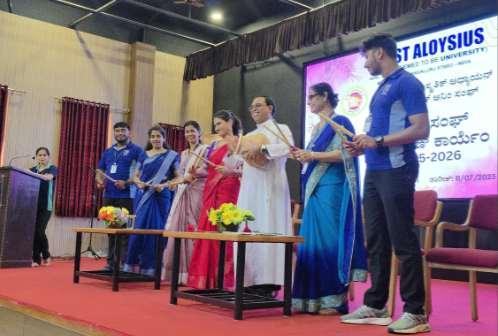
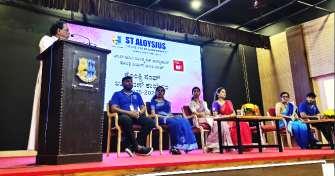
ofthefunction. Annualreportread by Joywin Lobo Porzoll Editor. On this occasion, the Yearly Magazine
"Parzoll" E-magazine was released followed by Gumot performance andTonniyonach.
Office bearers were felicitated on thisoccasion.
Alos felicitated Rev. Dr. Santhumayorforhisachievement.
Presidents Ms. Flora Castelino, Ms. Renita Aranha, Ms. SharalNoronha, Ms. Adline Alvares were on the stage.
Rahul Mendonca secretary welcomedthegathering,andNishal Lobo proposed the vote of thanks. Ms.Rositacompeeredtheprogram.



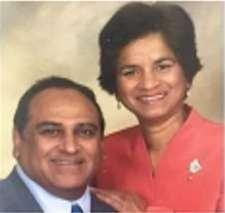
PhilomenaLawrence GilbertA.Lawrence
Luís Vaz de Camões(1524-80) and Winston Spencer Churchill (WSC 1874-1965).
(FromLastweek)
CamõesandWSCsharedathirstfor history, and both men were dedicated as well as talented writers, comparable to literary giants such as Shakespeare. Kings hadhonoredtheirfathers,whohad been educated at their country’s leading establishments and developed a keen interest in the past and literature. Camões and WSC were at the forefront of their country’sAsianempires,wheretheir
literary careers began, and with it, the urge to grab the limelight. As writers and contemporary political commentators, both were occasionally over the top and wordy. Living in the east benefited both young men, mentally and physically. Their relaxed schedules permittedthemtoworklateatnight and without any pressure to rise early.Bothwerefarawayfromtheir European capitals and without worries about their immediate future. They could have coined the
phrase, “What went on in Asia, stayedinAsia.”
The meagre pay they received forced them to be thrifty and become parasites on friends who enjoyed the company of these future literary giants.Camõeshad already earned the title “Prince of Poets,” and to his devoted fans, his intellectual entertainment was a preferred alternative to an evening of melancholy fados.Camõesspent his seventeen years (1553-70) in Goa and Macau.By the end of WSC's stay in India, he had published two novels (thanks to his mother’s influential relationship withthepublishers),hewasworking on his third book and planning his fourth.Bytheendoftheirstayinthe East, both had developed excellent writing skills in their respective languages,whichhelpedthemearn bookroyaltiesand speaker’s feesin additiontoaclaimtofame.Despite these sources of income, Camoes’ return to Lisbon was delayed because he could not afford the fare,whichwasultimatelycrowdedfunded by his friends. Other than writing, his only other “activity” was getting in trouble with the law. Consequently,hewasimprisonedin
Goa and later in Macau, where he began writing his epic poem,Os Lusíadas,published in 1572, and yearsafterhereturnedhome.
Even though WSC was not a religious man,heimmersedhimselfinChurch ofEnglandaffairs – itsmanagement and discipline. He did not understand the subtleties of the issuesfacingthechurch,norwashe passionate about them. Other circumstances helped him gain fame, power, and credibility among his peers, admirers, opponents, well-established leaders in parliament, and the public. WSC masteredthewarriorcraftaswellas statecraft. Some who backed him thoughthecouldbecontrolled,but they soon learned otherwise. He gained inspirationfrom theRajand its leaders on how to portray the empire and his political ambitions. After the war, he had no qualms usingColdWarrhetorictodealwith the Asian African colonies’ fight for independence. He cared less if the colonial natives were struck by lightning, bullets, famine, or floods. Theirsocialwell-beingorplightwas nothisconcern.
Camões’ literary work honors heroes such as Vasco da Gama and the early admirals (Almeida and Albuquerque), who created the Portuguese maritime empire in the firsttwodecadesofthe16th century. They were the first to apply naval blitzkrieg using large sailing ships armed with cannons. It is likely that they sailed over the same waters and observed similar scenes as the early pioneers did, as described in AdventureoftheSeas .Camões’epic OsLusíadasis composed in 1,102 stanzasinten cantos and written in Homericstyle.Camões,whosework included poems, prose, and comedy, was a contemporary of William Shakespeare of England and Miguel de Cervantes of Spain. Both Camões and WSC had an interest in history. Despite their interest and skill in their respective languages, they lacked proficiency in Latin or Sanskrit, which meant that they didn’t grasp the finer pointsoflinguistics.Onreturningto their respective countries, both parlayed their stay east as making them authorities on Eastern attitudes and philosophy,
outsmarting their less-thanknowledgeablelisteners.
At home, both men felt uneasy about their future, with no steady paycheck and a sense of nostalgia.Sadly,Camões died a poor man at age 56 from what appears to be a chronic illness. His destitute condition reflected the pathetic state of Portugal in the Iberian Union. In retrospect, the patternofhislifewaslikethatofhis peers in 16th-centuryEurope –aimlesslyadrift.HisarmadatoIndia followed the same pattern, losing a significant number of ships and crew,especiallyaroundtheCape of GoodHope.Aquarterofthosewho survived died in the empire due to wars, tropical heat, and diseases. Those lucky to make it back to Europe died at an early age from alcoholism, cirrhosis, malaria, enteric disorders, and STDs, prevalent in pre-penicillin Europe. The diseases affected many, includingthehighandmighty,such as Lord Randolph, who died of tertiarysyphilis(GPI)at46. (Tobecontinued)

#chhotebhai
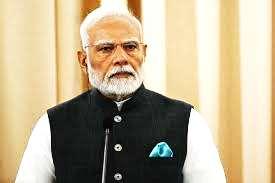
WhenNehruwasthePrimeMinister ofIndiaWellesHagenwroteabook in 1963, “After Nehru, Who?” When Rajiv Gandhi was Prime Minister a similar sentiment emerged, the TINA factor. There is no alternative. History bears testimony that both Nehru and Rajiv were not indispensable.
Presently, the BJP led by Narendra Modi (Namo) has also tagged the TINAfactor;astheGodimediatries to project his invincibility and longevity; given the disarray in the Rahul Gandhi led Congress. Be that as it may I recall the sarcasm of British Prime Minister Winston Churchill, who said that “The sun never sets on the British empire” and what could a naked fakir like
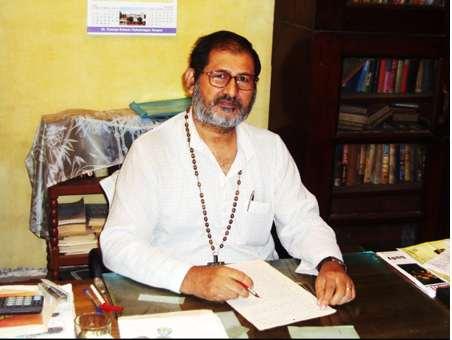
Mahatma Gandhi do about it? Again, history tells another story. Churchill is consigned to the dustbins of history while Mahatma Gandhi is invoked as the Vishwaguruofthemodernera.
I have therefore trodden cautiously while choosing the title of this article by asking What, not Who or When. My guess is as good as anybody else’s as to when the Namo era will end or who will replace him. Hence the blunt question – After Namo, What? That was a journalist’s lead in. My real question is “During the Namo era, whatshouldwedo?Thisquestionis addressedtotheMinoritiesinIndia, and more specifically to the
Catholic/ Christian community that rightlyfeelsunderconstantthreat.
So,whatshould thecommunitydo, other than recording all the atrocities, real or imaginary? We need a deeper analysis to first identify the major causes of resentment against Christians by the Hindutvavadis. This is a perception battle, not necessarily basedonfacts.
They are the so-called forced conversions and huge real estate holdingsseenasaBritishlegacy.Let us address these issues squarely. Yes, people have converted to Christianity, but going by Census data the spike has been after Independence. The only spike was between 1961 and 1971, probably because newly liberated Goa was included in the 1971 census, thereby raising the Christian population to 2.7%. Subsequent censuses show that the population plateaued out at 2.3%, as per the 2011 census. Let us now await the 2027censusfigures.
own the most property after the Government of India. Their claim is baseless and laughable. My perception is that the Catholic Church acquired most of its properties after Independence. A nationwide survey would be impossible, but sometimes a microcosmhelps.Inmyhometown, Kanpur,therewasonlyoneCatholic Church and one convent school before Independence.This has now mushroomed to 6 parishes and morethan20institutions.Eventhen that is a far cry from being second totheGovernmentofIndia.
It is therefore important to counter false propaganda with facts. However, there is an old saying, “Don’t confuse me with the facts as I have already made up my mind”! ThisisequallytrueoftheUSAunder Trump, which the world once looked up to as the mother of democracy,libertyandequality.
A recent claim in an RSS magazine states that Christians collectively
Allegations and propaganda apart, my question stands. “What can or should we do during the Namo era?”Ishalluseamanagementtool – Areas of Concern and Areas of Control. We may be concerned
about many things in the country andtheworld.Butweneedtofocus on our Areas of Control – what is within our grasp. I shall limit myself to two points – Arrogance and Inculturation. Arroganceisrelativeinnature,while pridemaynotnecessarilybeso.This arrogance was earlier manifest in two forms – Doctrinal and Cultural. Christianity, and more so Catholicism,worethisarroganceon its sleeve, as evident in this statement “There is no salvation outside the Catholic Church” (Extra ecclesiam nulla salus), made by St Cyprian of Carthage in the 3rd century.
This alienated not just nonChristians, but even non-Catholics. Fortunately, Vatican II jettisoned this mindset. Sadly, even today, there are many self-righteous, traditionalistCatholicswhorubtheir hands gleefully while despatching others to hell. They follow the dictum“Wearethefew,the chosen few, the rest of you be damned. There’splaceenoughinhellforyou, we don’t want heaven crammed”. Shocking,buttrue,ofmanyofus.
Doctrinal arrogance has now been replaced by institutional arrogance. See how institutional heads treat the hoi polloi, including lay Catholics. They are isolated and insulated behind high walls, becomingapoweruntothemselves. Across north India, where I live, the number of Catholics is miniscule, and local Catholics even more so. But look at the number of elite institutions that are disproportionatetothosenumbers. Theyarenowacounterwitness.
The worst example that I have seen is Agra, where the church was established 500 years ago in the time of Akbar. There are hardly any local Catholics, but institutions abound, especially in the Cathedral compound. In Allahabad too, huge institutions dwarf the cathedral. On arecentvisittoIndore,Iwasshown two roads fully occupied by Christianinstitutions.
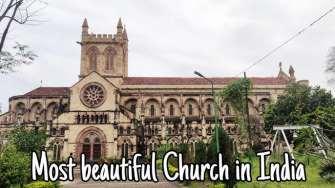
Jesus had said to his disciples, “I send you out as lambs among wolves” (Lk 10:3). Far from vulnerablelambswehavegoneout asinstitutional lions, drivingpeople awayfromus. Thisarrogancemustbereplacedby humility.Jesussaid,“Iamgentleand humble of heart” (Mat 11:29). He further said, “The one whohumbles himselfwillberaisedup”(Lk14:11).
Paul and Peter expressed similar thoughts. “Nothing is to be done out of jealousy or vanity; instead, out of humility of mind” (Phi 2:3). “Humilitytowardsoneanothermust be the garment you all wear constantly”(IPet5:5).
After Humility comes another H –Honesty, again something within our area of control. Paul says, “Be readyforanyhonestwork”(Tit3:1); and “He should exert himself at some honest job with his own hands”(Eph4:28).
This leads us to the third H –Hardwork. Paul again exhorts us: “Work with your hands as we have charged you” (I Thes 4:11). “Go on quietly working and earning the
food that you eat” (2 Thes 3:12). “Whatever your task, work heartily as serving the Lord, not men” (Col 3:23).
The fourth H that is within our control is Harmony. “Live in harmony with one another” (Rom 13:6,15:5).Ibelievethatthese4H’s are well within our control and can go a long way in bearing true witness to Jesus and diffusing communaltensions.
Besides this we need to avoid all forms of aggressive evangelisation, especially putting down other religions or their beliefs. Jesus himself had warned us about over enthusiasm: “You travel over sea andlandtomakeasingleproselyte, and anyone who becomes one you maketwiceasfitforhellasyouare” (Mat23:15).
Proselytes were those Gentiles who had converted to Judaism, replete with the rites of initiation like circumcision. So even in Jesus’ time faith and culture got intertwined. This is the same mistake that overzealous foreign missionaries committed. Barring exceptions like
RobertdeNobiliandBedeGriffiths, they mistook western culture to be anintegralpartofChristianity.Pasta accompaniedthePaterNostra.Inall orientalreligionsoneentersaplace of worship barefoot. But here we enterwith ourfootwear, something thatnon-Christiansfindscandalous.
Whatmayseeminnocuoustoushas deep significance for others. A groupofnunshadenteredaMuslim village. The women were surprised. “Weuseourveilstocoverourfaces; they use them to cover their hair”. When a priest in a cassock entered another village, the people were surprised to see a man wearing pants under a petticoat. These are real life incidents. Another obnoxious practice was that of having a rosary dangling below the waist. This again was considered sacrilegious. Fortunately,VaticanIIusheredinan era of inculturation. The Roman genuflection was replaced with the anjali hasta. Most women’s congregations have now switched tosarees.Thesearepositivesteps.
said, “I like Christ, but I don’t like Christians”. I suspect that what he disliked was the over enthusiastic embrace of western (then colonial) culture, where Makwana became Macwan and Jaikishen became Jackson.
There is one more crucial area of control – papercontrol.Allproperty papers need to be kept in order. This isalso a boneof contention as it is felt that the British gave prime properties to Christians at minimal rates. Hence revenue agencies are itching to swoop down on such properties if their leases have expired or their terms violated.
Remember the saying “Keep your powderdry”.Jesusalsoadvocateda stateofpreparednessinadversity.
We need to recount what Gandhiji
“Which of you here intending to build a tower, would not first sit down and work out the cost to see ifhehadenoughtocompleteit”(Lk 14:28). “What king marching to war againstanotherkingwouldnotfirst sitdownandconsiderwhetherwith ten thousand men he could stand uptotheother whowasadvancing againsthimwithtwentythousand?” (Lk 14:31). It is possible that
hierarchical leaders may not have appliedtheirmindsintheirpastoral planning, especially if they have easy foreign money at their disposal.
So instead of bemoaning our fate and waiting for Namo to go, let us look within and around us to see




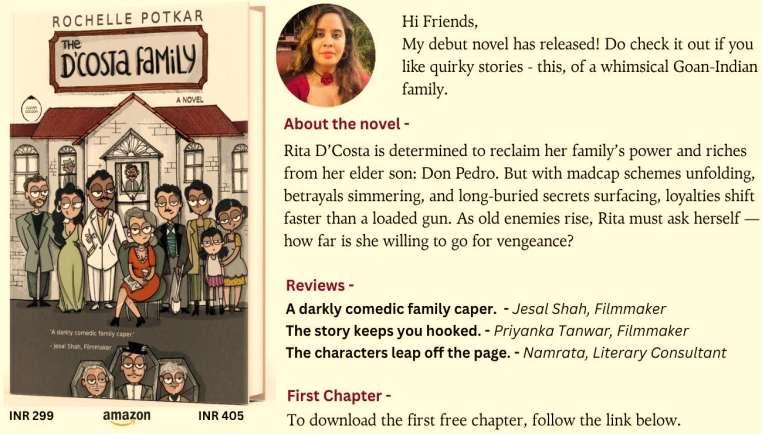
America’s First Women’s Cricket for the




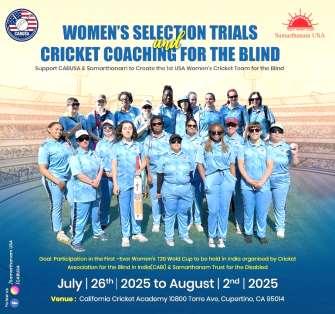
What began as a dream is now a national movement. Over the last year, the outreach campaign connected with more than 1,000 visually impaired individuals across theU.S.Withunwaveringleadership from Ms. Abey and Mr. Drew, and the strategic vision of Dr. Mahantesh G. Kivadasannavar Founderof SamarthanamTrustand ChairmanoftheCricketAssociation for the Visually Impaired in India thisinitiativeischangingthewaywe thinkaboutdisabilityandsports.
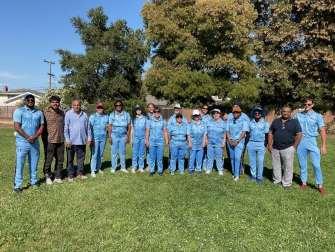
Cricket for the Visually Impaired: A Game of Skill, Spirit, and Inclusion
Cricket for the Visually Impaired is an adapted version of the popular sport of cricket, designed specifically for players who are visually impaired or Visually Impaired. It’s a fast-growing, highly competitive,andinspiringsportthat provides opportunities for visually impaired individuals to engage in athleticism, teamwork, and social inclusion.
OfficialFormation:CABUSASteps In
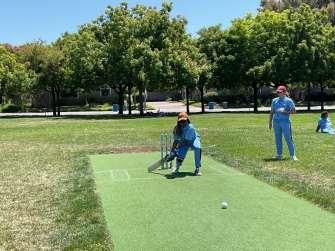
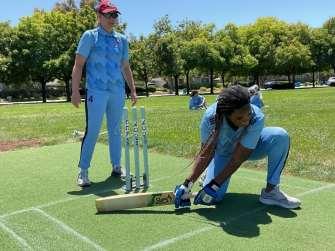

On June 6, 2025, CABUSA officially became a registered entity in New York, marking a significant leap toward structuring Cricket for the VisuallyImpairedinthecountry.The leadership team includes Mr. Ajith, President; Mr. Andrew Finklea,
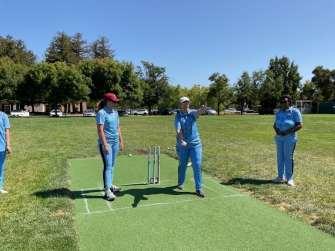
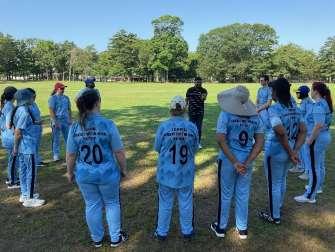
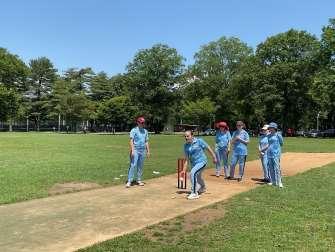
Secretary.Moreboardmembersare expected to join soon, ensuringthe continued growth of sport nationwide.
Coaching Camps: Where the MagicBegan
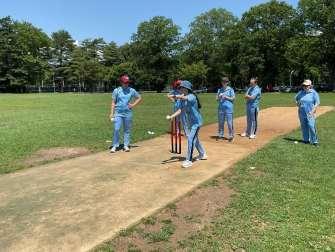
Twolandmarkcoachingcampswere organized for visually impaired women: New York Camp (June 19–21,2025atEisenhowerPark)with13 participants, and California Camp (June 26–29, 2025 at Cupertino Community Park) with 11 participants. These 24 women from 11statestrainedunderexperienced Indian players and coaches Mr. Venkateswara Rao Dunna and Mr. Lokesha.
The Road Ahead: Intensity and Determination
An 8-day high-intensity training camp is scheduled from July 26 to August2,2025,inCalifornia.26top performers and newly scouted players will undergo training and sight classification as per WBCC standards, followed by the official teamselection.
The movement is strongly supported by Samarthanam USA, local cricket clubs, community volunteers, donors, and partners. Their collective efforts are deeply appreciated. MorethanaGame Thisisnotjustasportingmilestone; it'sapowerfulsteptowardinclusion, empowerment, and leadership for Visually Impaired women. As the World Cup draws near, these women are ready to lead a movement notjustamatch.





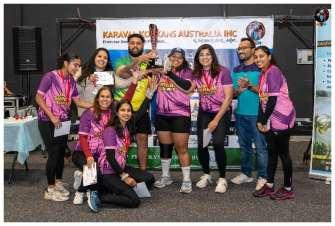
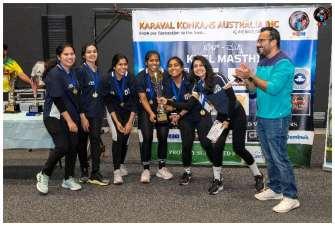
On 28th June 2025, the Konkanispeaking community of Melbourne gathered for a truly unique and memorable cricketing celebration — Khel Masthi 2025, hosted by KaravalKonkansAustralia(KKA)Inc. Breaking away from the norm, this event took cricket indoors, providing a vibrant platform for local talent to shine in a dynamic andspiritedatmosphere.
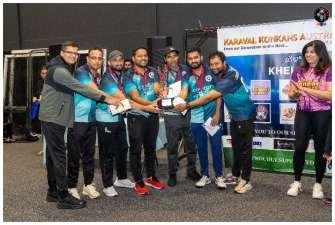
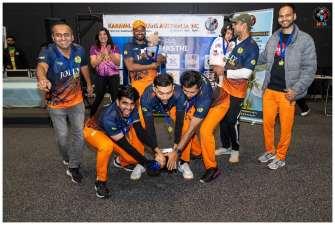
Whatmadethiseventstandoutwas its festive spirit — from teams sporting quirky names and coordinated jerseys, to high-energy DJ beats playing all day long, it was morethanjusta tournament;itwas a cricket carnival. With activities for children, surprises for players, and nonstopentertainment,KhelMasthi redefined the community sporting experience.

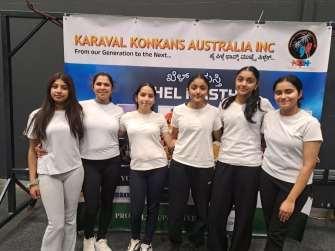
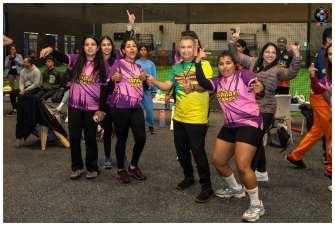
The day kicked off with a brief but meaningful inauguration ceremony.
Joe Sequeira, KKA’s Events & PR Coordinator,ledtheopeningprayer, followed by Sports Coordinator
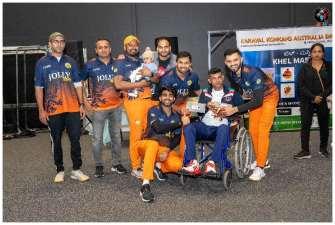
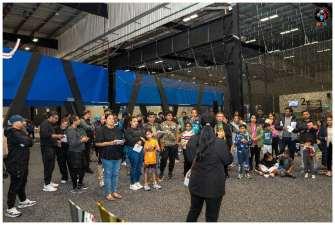
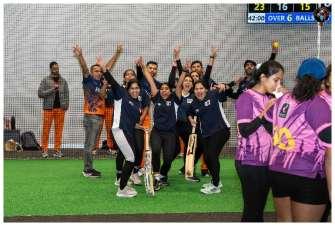
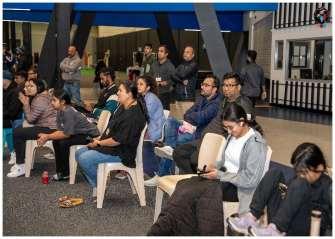
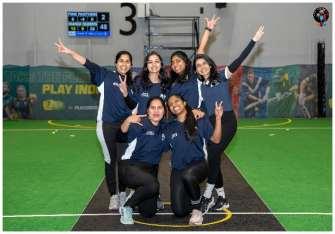
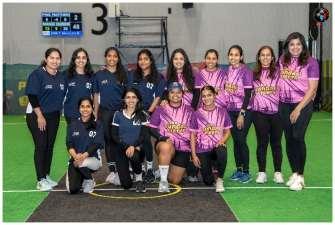
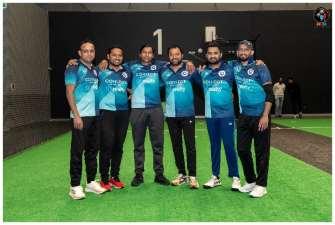
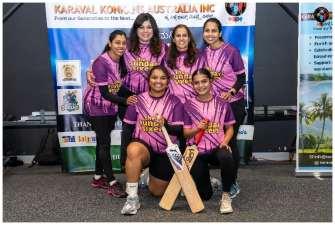
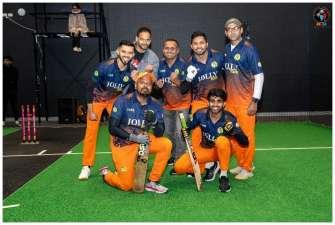
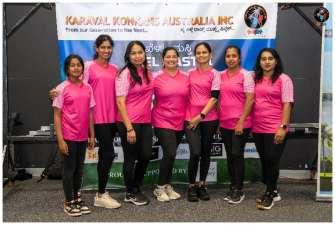
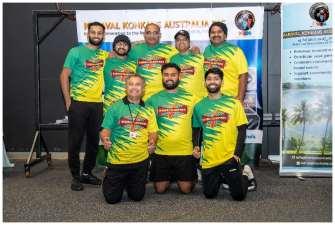
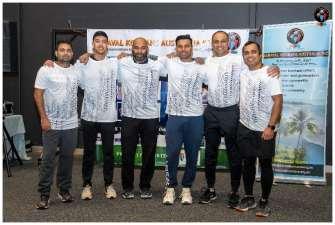
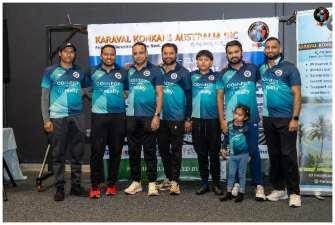
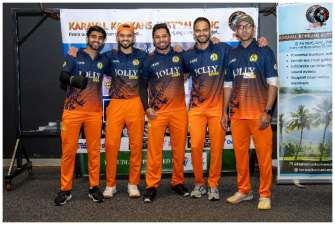
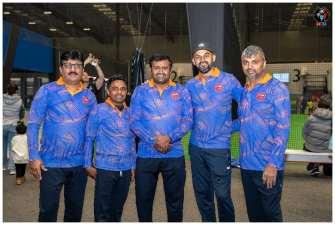
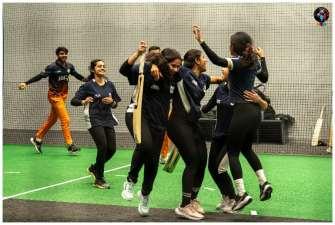
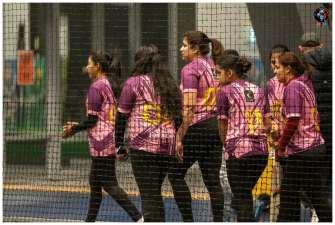

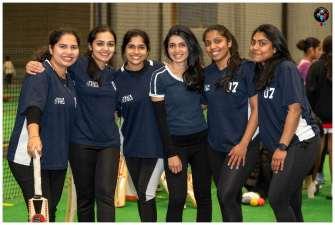
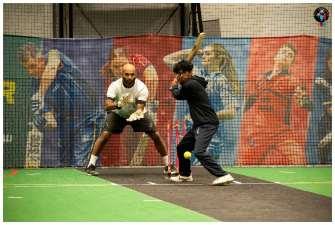
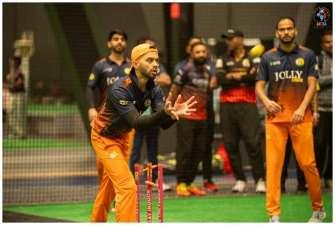
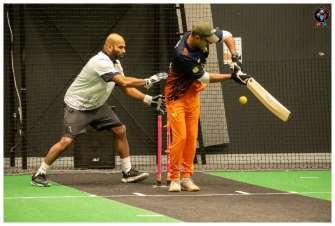
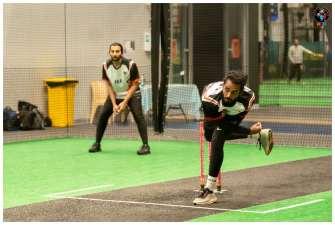

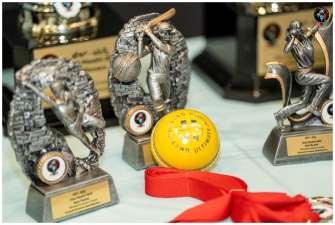
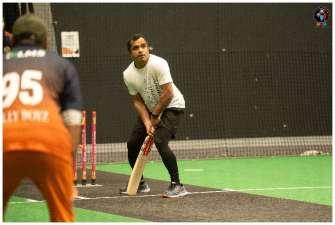
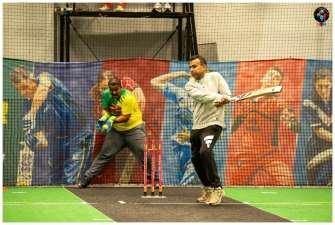
Manoj D’Silva who conducted a players’ and umpires’ briefing. As many participants were new to the indoor format, the umpires thoughtfully walked everyone through the rulesto ensurefairand fungameplay.
Twelve teams — 8 men's and 4 women's competed fiercely at Casey Stadium, experiencing the thrillofcricketwithinenclosednets.
Thetournament followedadoubleelimination format, giving teams a second chance at glory and resulting in seven hours of intense, high-octane matches. Players of all ages demonstrated remarkable speed, skill, and sportsmanship throughouttheday.
Khel Masthi also stood out for its strong focus on children. While the adults played, the younger ones enjoyed a day packed with fun and safe activities including Jumping Castle, Photo Booth,andinteractive kids' workshops. Acclaimed singer Sarah Fernandes hosted a singing session, while talented dancer Tiara D’Souzachoreographedadelightful dance with the kids. Their performance brought joy and pride to parents, especially those participating in the tournament, knowing their children were engaged, cared for, and learning beyondjustelectronicgadgets.
The success of the day was made possiblebythetirelesseffortsofthe entire KKA committee, who orchestrated everything with meticulous planning and timing to precision from online contests and surprise giveaways to thoughtfullyplannedentertainment forallagegroups.
KhelMasthi2025Results
MenʼsTournament
• Winners –JollyBoyzThunderz
• Runners-Up –CranbourneStars
• Best Batsman – Peter Picardo (RoyalChallengersMangalore)
• Best Bowler – RoshanDias(Royal ChallengersMangalore)
• Best Fielder – JolwinRibeiro(Jolly BoyzThunderz)
• Player of the Tournament – Julius Godinho(JollyBoyzThunderz)
WomenʼsTournament
• Winners–CoastalQueens
• Runners-Up– TheSundariSixers
• BestBatsman–SusannaFernandes (TheSundariSixers)
• Best Bowler – Anna Cruz (The SundariSixers)
• Best Fielder – Tiffany Cordeiro (TheSundariSixers)
• PlayeroftheTournament– Primal Sequeira(CoastalQueens)
Thedayconcludedwithawarmand concise closing ceremony, where KKA President Jane D’Souza delivered the vote of thanks. Esteemedcommunitysupporters
Prajoth D’Sa, Susanna Fernandes, Dolpey Pais, Naveen Cardoza, and ShaneD’Silva presentedtrophies, medals, and prizesto the deserving winners.
What began as a dream became a remarkable reality, thanks to the 80 enthusiastic players and their families,whotrustedtheKKAvision andhelpedbringthiscelebrationto life. Many parents expressed their appreciation for the attention given to children’s well-being and enjoyment, allowing them to focus ontheirmatches.
Suchaneventwouldnothavebeen possible without the support of the City of Casey and our valued sponsors.
Zenith Sponsor: Solarmaxx ApexSponsors:GlobalInspection& Engineering Services , Craig FinancialServices,Reflektions
Special thanks to McDonald’s and Domino’s Pizza for their generous contributions that delighted every child. A heartfelt appreciation to Sarish from Reflektions, who captured the day’s joy and action through his lens, preserving the memories for all. A special word of gratitude to Shane D’Silva (DJ Shane) ensured that the festival atmosphere was felt across the arena throughout the day with an amazingmusiccollection.
To stay updated and be part of our growing community, follow Karaval Konkans Australia Inc. across our social media platforms. Join us in continuing to build a bridge between our traditions and our future nurturing cultural roots while embracing life in this part of theworld.

Mangaluru, Jul 9: The Konkani Natak Sabha (KNS), in association with Kavita Trust, organized the 23rd poetry recitation competition for children, youth and seniors on Sunday July 6, as part of its annual competitionsatDonBoscoHall.
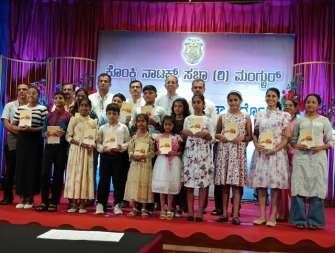
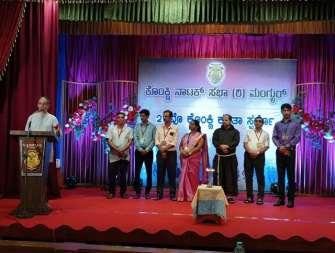
The event commenced with prayer and the KNS anthem. Fr Rocky

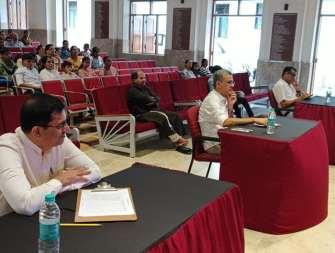
D'Cunha OFM Cap, president of KNS, welcomed the participants, judges, and audience. Melvyn Rodrigues, founder of Kavita Trust,
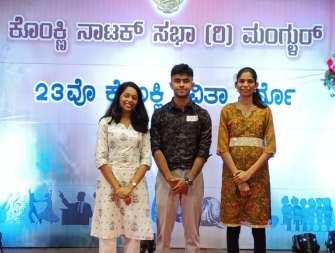
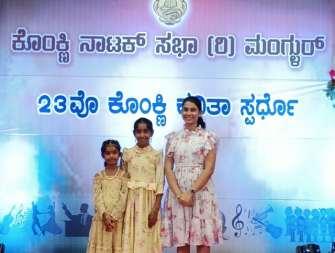
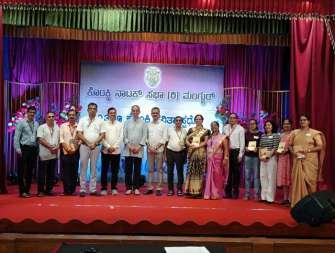
briefedtheparticipantsontherules andwishedthemsuccess.
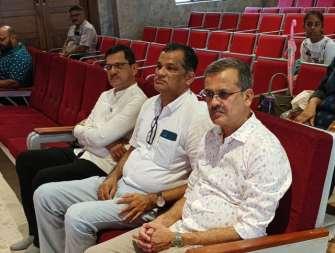
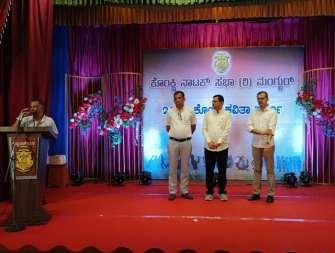
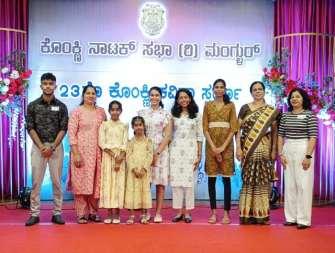
The competition was inaugurated with a lamp-lighting ceremony by Floyd D'Mello (vice president of KNS), Pamela Santos (general secretary), Jerome Moras (assistant secretary), and Ivan D'Silva (treasurer), along with competition convenors Joachim Pinto and VincentPinto,whowerepresenton thedais.
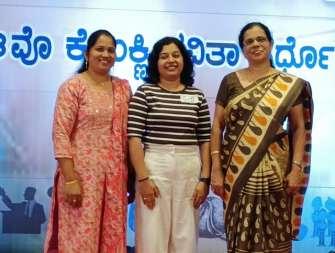
Renowned Konkani poets Titus Noronha, Andrew L D'Cunha, and WilliamPaisservedastheesteemed judgesforthecompetition.
A total of 35 participants across three categories showcased their poetic talents in this year’s competition.
Theeventreceivedvaluablesupport from KNS manager Gerald Concessao, the KNS Angelore and Bajjodi units, as well as the KNS managingcommitteemembers.
Vincent Pinto compered the programme, Melvyn Rodrigues
introduced the judges and announcedtheresults,andJoachim Pinto concluded the event with a voteofthanks.
Results:
Children - Below 15 years
- First Place: Ninisha Prisha Monteiro, Bondel
- Second Place: Nishel Pearl Monteiro, Bondel
-ThirdPlace:EvaLisaLobo,Bejai Youth - 15 to 30 years
- First Place: Anvila Neora D'Souza, Bondel
- Second Place: Elvin D'Sa, Shirtady
- Third Place: Jenwin Olivia Crasta, Bela
Seniors - Above 30 years
- First Place: Preethan Renita Pereira, Derebail
- Second Place: Vanita Vani Crasta, Bela
- Third Place: Irene Mendonca, Cascia












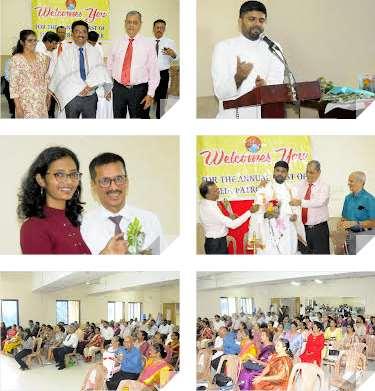
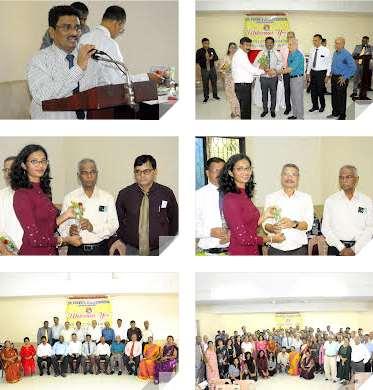
Mumbai, July.06: In a spirit of thanksgiving, unity, and renewed commitment to service, St. Peter’s Association(Barkur),Mumbai,came together on today Sunday to celebrate the Titular Feast of their Patron, St. Peter, at the St Vincent
DePallottiChurchHall,VijayNagar, AndheriEast.Theeventwasaheartwarming reunion of Barkurians and their well-wishers from across Mumbaiandbeyond.
The day commencedwitha solemn HolyMasscelebratedbyRev.Fr.
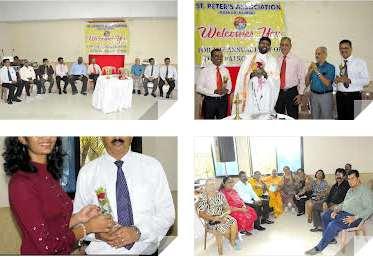
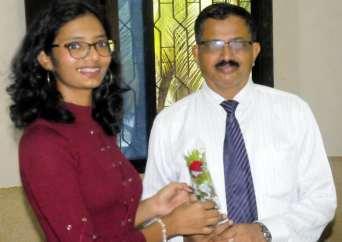
Juvance Serrao, Redemption Priest fromOurLadyofPerpetualSuccour Church, Chembur. His meaningful homily and the melodious choir fromHolyCrossChurchchoirgroup created a spiritually uplifting atmospherethatsetthetoneforthe day.
Rev. Fr. Juvance Serrao, in his thoughtful message, appreciated the Association’s spiritual roots and commitment to service, calling it a model of laity leadership and unity inafast-pacedworld.
Words of Welcome and Annual Reflection:
Outgoing President Mr. Boniface (Bony) Sequeira extended a brief and warm welcome address, while Hon. Secretary Mr. Arthur Mendonca presented a concise review of the past year’s achievements, underscoring the Association’s dynamic presence. Celebrating Academic Excellence & Remembering Generous Benefactors. Treasurer Mr. Vincent Furtado led the educational awards segment.TheAssociationgratefully acknowledged the families of the following benevolent donors, whosecontributionshave
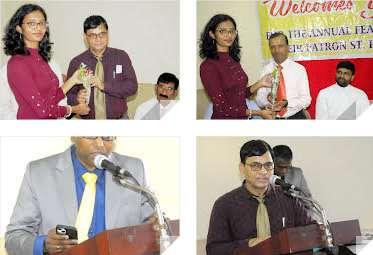
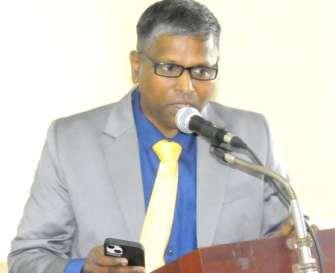
supported the academic dreams of deservingstudents:
In memory of Late Simplen Sequeira-Mrs.GladysSequeira,Mr. Archibald Furtado & Family,In memoryofLateHenryRoche-Mrs.
Ida Roche, Mr. Anthony Gonsalves & Family,In memory of Late Norbert Menezes - Mrs. Hilda Menezes & Family, In memory of Late Wilma Sequeira - Mr. Boniface Sequeira & Family. President Mr. Sequeira and donors honored the student beneficiaries with
certificates and tokens of encouragement.
Special Achievement FelicitationsAMomentofCommunityPrideMrs. Shirley Gonsalves, daughter of Mr. Felix&Mrs.BennyBarnes(Mulund) and wife of Mr. Antony Gonsalves, was felicitated for her outstanding recognition. Angelina Vivek
Sequeira, granddaughter of Mr. Frank Sequeira (Barkur) and daughter of Mr & Mrs Vivek Sequeira, was recognized for winning the Bronze Medal in the
Special Olympics South Asia 7-AsideUnifiedFootballCompetition.
-
Honouring Outgoing Presidents: A deeply emotional and proud moment came with the felicitation of two towering personalities who led the Association with distinction:
Mr. Ivan M. Rebello - Founding member, Former Secretary and President, Mr. Boniface SequeiraServing two successful terms as President. Both leaders responded with short but inspiring messages, reminiscingabouttheirjourneyand urgingthe youth totake thelegacy forward.
Mr. Wilfred Sequeira delivered a heartfeltvoteofthanks,recognising the tireless efforts of organisers, volunteers, donors, and all wellwishers.
The post-liturgy stage programme was ably compeered by Mr. Kiran Carvalho, who brought grace and smooth transitions throughout the proceedings. The event opened with a Novena prayer to St. Peter, led by Mr. Ivan Suaris along with group, followed by a devotional
Konkani hymn, “Bhaktha Pathron San Pedru”, invoking blessings of thePatronSaint.
Dignitaries and office-bearers, including Fr. Juvance Serrao, past and present leaders of the Association, were welcomed on stage. The lighting of the ceremonial lamp symbolised the Association’s commitment to unity, faith,andservice.
The programme then shifted into a lively entertainment and games session, followed by a sumptuous fellowship lunch, where laughter, camaraderieandnostalgiafilledthe hall.
Welcoming the New Leadership:
AFreshChapter:
Withaspiritofoptimism,thenewly elected Executive Committee for 2025–2028 wasintroduced. Mr. Eric Carvalho, a founding member with over three decades of exemplary service,tookchargeasPresident.He was introduced and honoured with shawlandbouquetbytheoutgoing President and all the former Presidents.
In his first address, President Mr. Carvalho outlined his vision of continuity and innovation, urging unity and participation across generations.
NewTeamMembers:
President Mr. Eric Carvalho, Vice Presidents:Mr. Wilfred Sequeira & Mr. John Gonsalves, Secretary: Mr. Arthur Mendonca, Treasurer: Mr. Vincent Furtado, Jt. Secretary: Mr. Joseph D’Almeida, Co-Ordinator: Mr. Norman Thimothy D’Souza, Internal Auditor: Mr. Michael D’Almeida.
TracingaJourneyofServicesince 1988:
InConclusion:
TheSt.Peter’sFeast2025wasmore than a celebration - it was a living testimony of faith, legacy, and collective identity. The St. Peter’s Association (Barkur), Mumbai, once again affirmed that when a community stands united in purpose, it continues to create milestones that inspire generations to come. Today SPA not confined onlytoMumbaiandsub-urbs,ithas extendeditsarmsfarandnearUSA, Europe, Arabian Gulf and to veterans settled in hometown Barkurandaround.Technologyand communicationbroughtallofthem virtually together by recalling the smell of Barkurian soil and the blessingsofStPeterthePatron.
Founded on 17th April 1988, at Victoria Hall, Mahim, SPA Mumbai has evolved over 37 years into one of the most active and respected Mangalorean associations in the city. With its hallmark initiatives in socialserviceandcultural promotion, and educational support, the association continues to be a beacon of hope and pride for the Barkuriancommunity.
--RonsBantwal -


Daijiworld Media Network –Mangaluru
Mangaluru, Jul 7: The Indian Catholic Youth Movement (ICYM)
Mangalore diocese held its annual general body meeting at Rosario Cathedral Hall. Vijoy Ashwin Cardoza from Moodbidri was electedasthenewpresidentforthe year2025–26.

The day’s events commenced with the annual general body meeting, conducted by the diocesan executive committee, central councilmembers,andalldeanery
andunitrepresentatives.
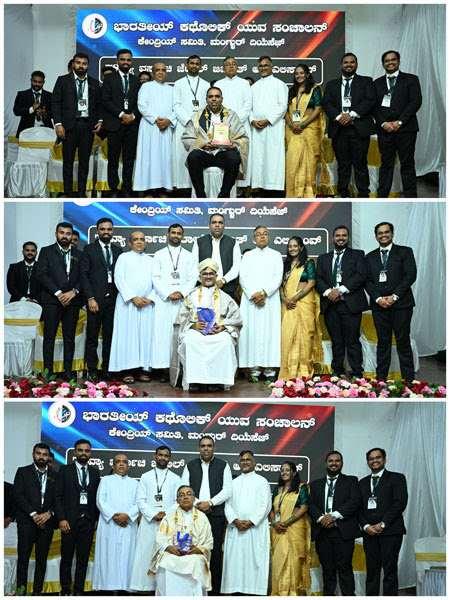
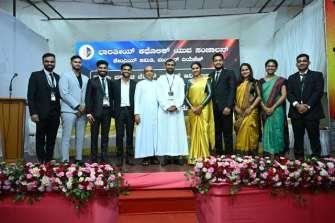
Themeetingbeganwithaprayerby Dr Joyston D’Souza, joint secretary, followed by a blessing from the designated director, Fr Praveen
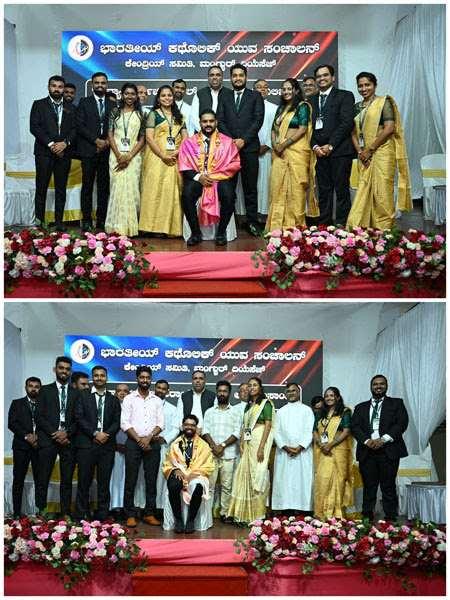
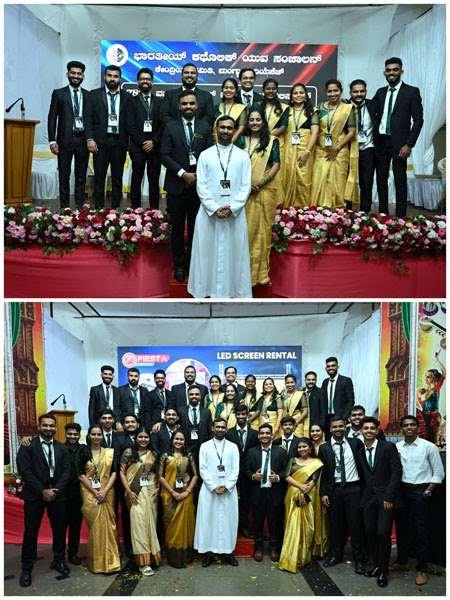
D’Souza. The outgoing president,
Winston Joel Sequeira, welcomed thegathering.
Ashlin Avita D’Souza, secretary, presented the previous year's general body meeting report, while Reena Anjali Crasta, treasurer, detailed the annual financials. The meeting concluded with a vote of thanks by Ashlin Avita D’Souza and the release of the Amcho Yuvak 2024–25 magazine by committee members.
Following this, a solemn Holy EucharisticCelebrationwasheld,led by the main celebrant Dr Ozmond Roshan D’Souza, assistant parish priestofBendur,withco-celebrants Fr Ashwin Lohith Cardoza and Fr PraveenD’Souza.
Under the supervision of Fr Vijay VictorLobo,electionofficer,andthe Mangalore diocesan election commission, with assistance from seminary brothers, elections were conducted for the 2025–26 office bearers.
Contestedcandidates:
• President: Ashton D’Souza (Neermarga), Christon Menezes (Derebail), Vijoy Ashwin Cardoza (Moodbidri)
• Secretary: Maria D’Silva
(Surathkal),NoelJudeSanthumayor (Vamanjoor)
• Joint secretary: Reena Reshal Monteiro (Bajal), Floyd Vincent Pinto (Neerude)
• Treasurer: Shawn Saldanha (Kateel), Supreeth Fernandes (Arva)
• Social Cause Secretary: Anson Monteiro (Maril), Muriel Mascarenhas(Bendur)
The newly electedICYM diocesan officebearers:
• President: Vijoy Ashwin Cardoza (Moodbidri)
• General secretary: Maria D’Silva (Surathkal)
• Vice president: Melroy Prem D’Souza (Allipade)
• Lady vice president (unanimously elected): Ashinta Monteiro (Kasargod)
•Jointsecretary:FloydVincentPinto (Neerude)
• Treasurer: Supreeth Fernandes (Arva)
• Social cause secretary: Muriel Mascarenhas(Bendur)
Other committee members:
Clarin Ashwitha D’Souza
• MIJARC Asia coordinator: Viola Reshma Lewis
• Immediate past president: WinstonJoelSequeira(Hospet)
• Regional vice president: Jaison D’Souza (Fajir)
• Regional representative (Female):
The valedictory ceremony began with a prayer by council members, followed by the presentation of the annual report 2024–25 by Ashlin Avita D’Souza. former DEXCO members Jaison Crasta, Vishma D’Cunha, Brendan Cutinha, Carol D’Souza, Shiny D’Souza, and Arvin Moras, who were recently married, were felicitated. Dr Steevan Pinto, former president of ICYM Mangalore diocese from Permude, addressed the gathering on leadershipandskilldevelopment. The event also honoured Fr Vijay Victor Lobo for his 10 years of service as election commissioner, past central council and dexco members, Elvin Prashanth D’Cunha – editor of Amcho Yuvak, on behalf of the editorial committee, Avit Premson Lobo – Red Drop coordinator, on behalf of the Red Drop Committee, Fr Valerian D’Souza – parish priest, Rosario Cathedral, and Fr Ashwin Lohith Cardoza – for his contributions
during 2021–22 and 2022–23 and continuedservice.
Thenewcommitteetooktheoathof office,followedbyanaddressby Fr Ashwin Lohith Cardoza, who reflected on his six-year journey withICYM.
Theofficialhanding-over ceremony was held, and the ICYM 2025–26
journey was symbolically inauguratedbylightingthelamp. TheeventconcludedwiththeICYM theme song. The entire day’s programme was compered by Jaison Pereira (Shirthady), former diocesan and regional president, andwasmarkedbyunity,gratitude, andaspiritofrenewal.
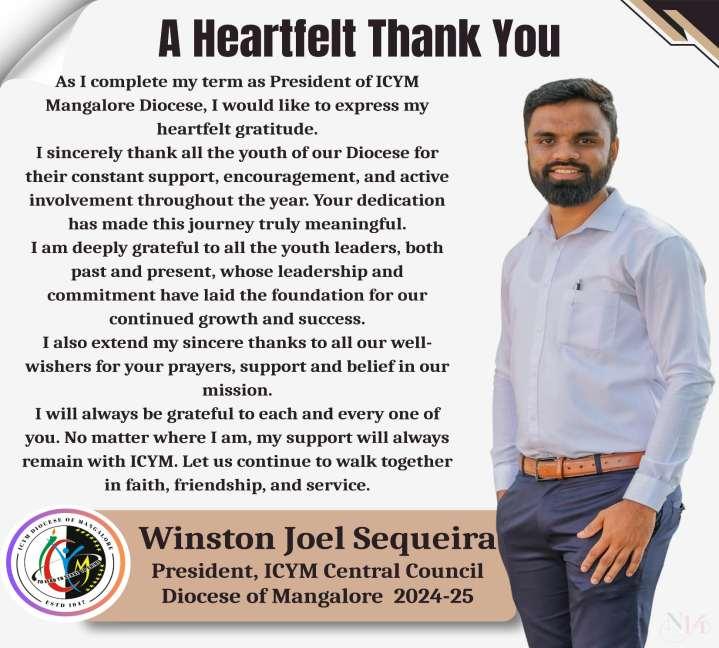

Karnataka CREDAI(Confederation of Real Estate Developers' Associations of India)Mangalore, just announced with pride the election of Mr. D.B. Mehta as the President Elect of CREDAI for the term 2025–27. As per the organisation’s leadership structure, he will automatically take over as Presidentforthe2027–29term.
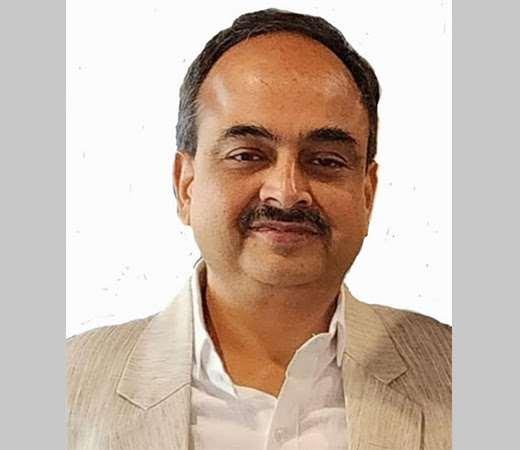
A prominent figure in Karnataka’s real estate sector, Mr. Mehta, is widely recognised for his strategic vision, integrity, and dedication to industry advancement. He earlier served as President of CREDAI Mangalore from 2015 to 2019, duringwhichheplayedakeyrolein
expanding the chapter’s influence, engaging in meaningful policy dialogue, and promoting responsible development in the coastalregion.
Mr. Mehta also brings a wealth of administrative expertise, having served as an officer in the Indian RevenueService(IRS).Hiscombined experience in governance and real estate places him in a strong position to steer CREDAI Karnataka during a crucial phase of policy reform and sustainable growth.
Hiselevationtothestateleadership isseenasamomentofprideforthe Dakshina Kannada region, with expectations that his guidance will helpfurthertheinterestsofthereal estate sector across Karnataka particularlyinareasofsustainability, policy clarity, and member development.
CREDAIMangalorehasextendedits congratulations to Mr. Mehta, expressing confidence in his ability
toleadwithvisionandimpactinthe yearsahead.
(NB: Well-known Novelist Ms. GiselleMehta,whomVEEZfeatured
recently is the wife of Mr. DB Mehta)
VEEZNewsNet.
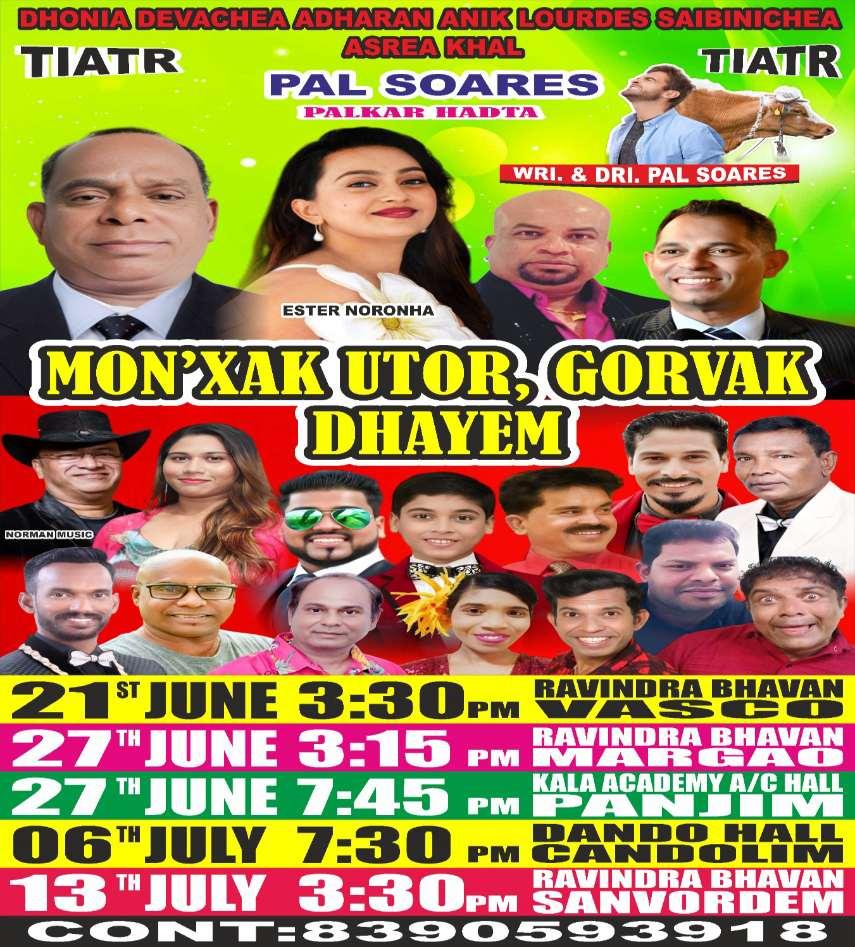


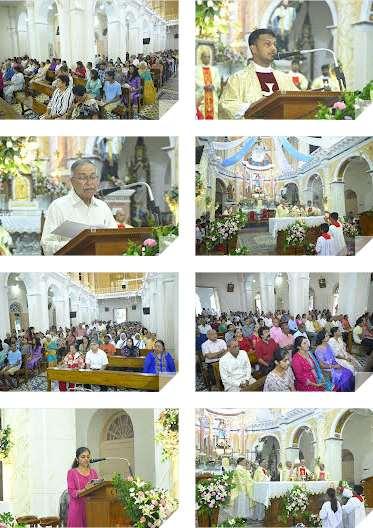
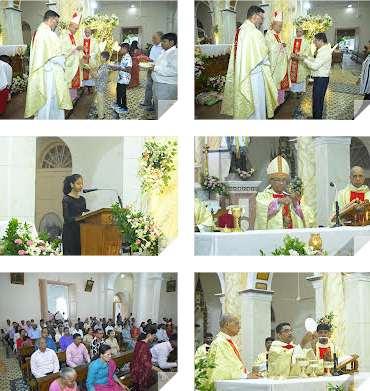
ThefeastofourladyofMiracleswas celebrated at Milagres Church Mangalorewithdevotionandpiety. The solemn Mass in Konkani was celebratedwiththeguestpriestsby VeryReverendFrDanielVeigas, the EpiscopalPriestforthereligious.He highlightedtoworkforPeaceasthis has been the call of Christ and mission of the church, which is beinghighlightedinthecelebration of the Eucharist we celebrate,at
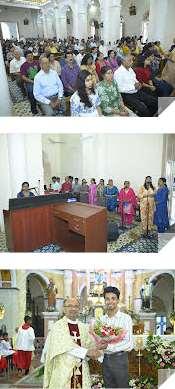
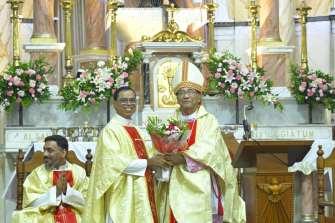
least three different times in the Liturgy.
The English Solemn Mass was officiated by the Emeritus Bishop AloysiusPauldSouzawiththeguest priests. Fr Kenneth Crasta, the assistant director of St Joseph engineering College preached the homily on the compassion of our Lord which has been highlighted in thereadingsofSundayandevenin the life of our lady of Miracles, the PatronofMilagresMangalore. Those associated in building the unityofthechurchandeducational institutions were honoured. The choirs sang the melodious Hymns, and the devotees attended in large numbers.





Teachers Should Engage in InterdisciplinaryStudies–Prof.T. V.Kattimani

Mangaluru, Karnataka – A one-day online Faculty Development Program was organized on July 5, 2025, at St. Aloysius (Deemed University), Mangaluru. The theme of the program was “National EducationPolicy–2020:Importance of Languages and Teaching Methods in Higher Educational Institutions.”
In the inaugural address, Head of theHindi DepartmentDr.Mukunda Prabhu stated that language is the root of culture and values. The session was presided over by Registrar Dr. Alwyn D'Sa, who
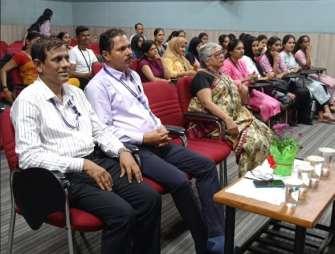
mentioned that under the NEP, the Languages and Cultural Studies Centre at the university offers instruction in seven languages, ranging from the local language TulutotheforeignlanguageFrench.
In the technical session, Prof. T. V. Kattimani, former Vice-Chancellor of the Central Tribal University, Vizianagaram, Andhra Pradesh, emphasized that promotion for teacher’s means engaging in even deeperstudy.Inthesecondsession, Dr. Farita N. F. Vegas, Dean of the School of Education at St. Aloysius (Deemed University), Mangaluru, stated that critical thinking in teaching makes students more aware and engaged. Dr Farita
Viegas in her session highlighted the different methodologies that canbeimplementedinHEI. Dr. Mahabubali A.Nadaf welcomed the participants. Judith and Saloni introduced the subject experts.
Jahnavideliveredthevoteofthanks. Vidya Rathod conducted the proceedings. Around 200 participants attended the webinar, makingtheprogramasuccess.



*Mangaluru, July 7, 2025* – The Rachana Catholic Chamber of Commerce and Industry, Mangaluru, successfully convened
its"AmchiConnect"MembersMeet on June 29, 2025, at St. Sebastian Platinum Jubilee Hall, Bendore. The event,heldunderthetheme"My
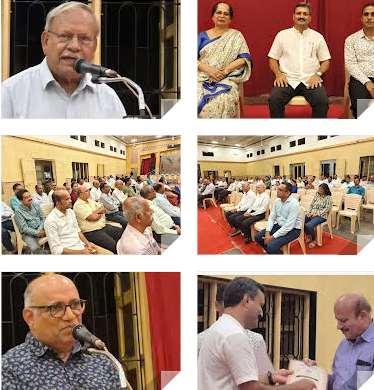
Association, My Responsibility," focused on revitalizing the organization'smissionandfostering youth entrepreneurship within the Catholic community.
Rachana President, Mr. John B.
Monteiro commenced the program by emphasizing the organization's foundational vision: supporting entrepreneurs and fostering collaboration among members. He highlighted the meet as a crucial opportunity for members to
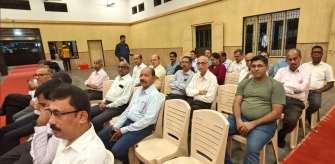
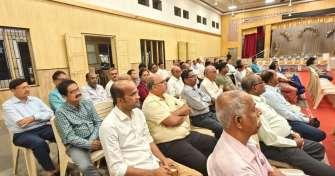
connect,urgingacollectiveeffortto strengthen Rachana's role in the current economic landscape and serve as a role model for aspiring entrepreneurs. He also stressed the urgentneedfortheCatholicChurch to support youth in pursuing selfemployment opportunities locally and across India. He cautioned that continued migration to Western countries would lead to future challenges, advocating for timely evaluation and proactive steps.
Mr.J.R.Lobo,a foundermember of RachanaandformerMLA,delivered a passionate address, reflecting on the initial aspirations for transforming the Catholic community. While acknowledging progress, he underscored the
community's ongoing economic challenges, drawing comparisons withtheeconomicstrengthofother communities. Mr. J. R. Lobo expressedconcernoverthetrendof young people migrating after completing their studies, advocating for strategies to encourage them to establish local businesses. He emphasized the importance of guiding young entrepreneurs in crucial areas such as banking, financing, and marketing. He also highlighted Rachana'spotentialtomotivatenew entrepreneurs, support existing investors, and effectively leverage its global network. Mr. J. R. Lobo further stressed the necessity of engaging local parishes and networkingwithotherdiocesesand organizations for collective success.
Former Rachana presidents Marcel Monteiro and Gilbert D’Souza shared their insights on the organization's role and scope in its continued growth. Mr. Michael D'Souza who joined as a guest for the program urged Rachana to share its expertise with the next generation and establish a crisis management team to assist
entrepreneurs in need within the community.
The session provided a valuable platform for members to raise questions and voice concerns. Members including George Pais, Colin Miranda, Sunil Vas, Vincent Cutinha, Stany Alvares, and Dr. Jessica Monteiro actively participated, sharing their perspectives.
Ms.EulaliaD'Souza,convenorofthe program, and CA Vikram Saldanha
efficientlyconductedtheevent.Mrs. Lavina Monteiro led the opening prayers, and Secretary Vijay Lobo delivered the vote of thanks. The "Amchi Connect" meet successfully served as a vital platform for Rachana members to strategize on revitalizing the organization and empoweringthenextgenerationof Catholic entrepreneurs through mentorship and comprehensive support systems. The event concluded with a sumptuous monsoonspecialdinner.



UndertheleadershipoftheCatholic Sabha Mangalore Pradesh(R), Catholic Sabha Moodbidri Varado, and all other associated Units, and in collaboration with the Forest
Department of Moodbidri, Environment Day was celebrated with great enthusiasm on 6th July 2025 at Mount Rosary Institute, Alangar,Moodbidri.
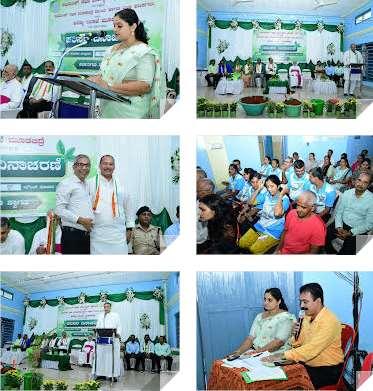
The day began with a solemn Eucharistic celebration at 8 a.m., invoking God’s blessings for the success of the event and the wellbeingofnature.
The stage program commenced with an inspiring environmental song, setting the tone for the day’s activities. Rev. Fr. Onil Dsouza, Parish Priest of CorpusChristi
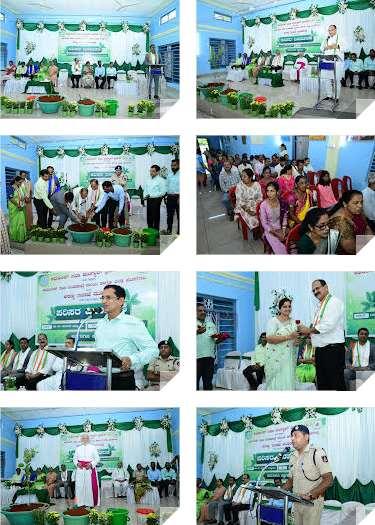
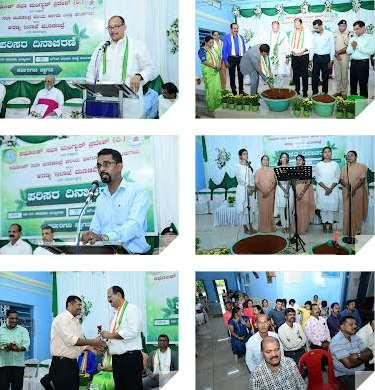
Church, Moodbidri, blessed the gathering.
The function was inaugurated by the Honorable Member of LegislativecouncilofKarnataka,Mr. Ivan Dsouza. In his address, he
stressed the urgent need to live in harmony with the environment to preventnaturaldisastersandfloods. He also proposed a meaningful initiative: that each of the 18,000 Catholic Sabha members should
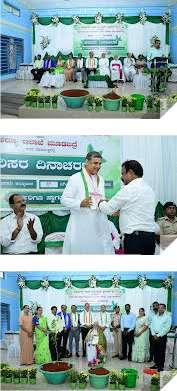
plantandnurtureasaplingasagift tonature.
ThePresidentoftheCatholicSabha MoodbidriVaradoandCentralJoint
Secretary, Mr. Alwyn Rodrigues, extended a warm welcome to the
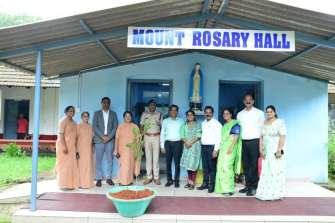

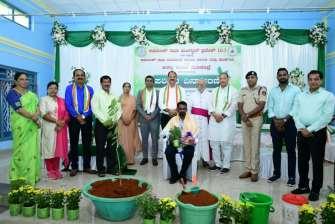
gathering. The event was presided over by Mr. Santhosh Dsouza, President of the Catholic Sabha MangalorePradesh(R)
Delivering his message on environmental protection, DFO Mr Antony Mariappa emphasized the importance of saving our
environmentforfuturegenerations.
As a symbolic gesture of commitment, he planted and wateredaRedSandalwoodsapling.
TheForestOfficer,Mr.KiranKumar, generouslydonatedseveralhealthy saplings and assured continuous support by providing manure for the next three years. He shared valuable insights on practical ways to protect and nurture the environment.
On this memorable occasion, Rev. Monsignor Edwin Pinto, Director of MountRosaryAshramandFounder oftheCongregationofHelpers,was felicitated in recognition of his selfless contributions. Mrs Sonia Dsouzareadtheletterofhonouron behalfofthegathering.
TheformerPresidentoftheCatholic Sabha Mangalore Pradesh(R) and mentor to the office bearers, Mr. Paul Rolfy D’Costha, delivered an inspiringintroductorymessage.
Distinguished guests and leaders present at theeventincludedSister Sunita Dsouza, Superior General of the Helpers of Mount Rosary; Mr Lancy Mascarenhas, Coordinator of the Environment Committee, Mrs Mable Lobo, President of the Catholic Sabha Alangar Unit; Mr Lancy Lobo, Coordinator of the Moodbidri Varado, Mr Roshan Miranda, Secretary of the Catholic Sabha Moodbidri Varado, along with Central Catholic Sabha office bearers, ex-presidents, members, Secretaries, office bearers and members of the Moodbidri Unit, presidents, office bearers, and committee members of eleven Catholic Sabha units, and several environmententhusiasts.
The program concluded with the planting of various saplings around the Mount Rosary Institution, leaving a lasting mark of the day’s commitment towards a greener future.



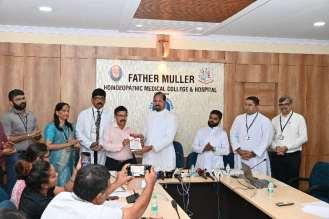
➢Father Muller Homoeopathic Medical College (FMHMC),aunitof the Father Muller Charitable Institutions (FMCI), is proud to announce the Ruby Jubilee Celebrations of its 40 years of service to the society, on 14th July 2025, Monday from 5pm to 10pm atFather Muller ConventionCentre, Kankanady under the able leadership of Rev. Fr Faustine LucasLobo,Director,FMCIandRev Fr Donald Nilesh Crasta, Administrator,FMHMC&H.
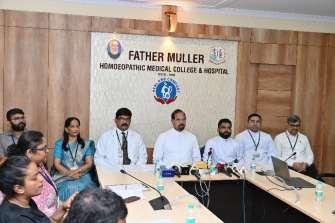
➢The celebrations will start with a thanksgivingmassat7.30aminOur LadyofLourdesChapel,Deralakatte with Bishop of Mangalore diocese andPresidentofFMCI,MostRev.Dr Peter Paul Saldanha as the Chief Celebrant.
➢The programme will be presided over by Bishop of Mangalore Diocese and President of FMCI, MostRev.DrPeterPaulSaldanha alongwithChiefGuests, MostRev.
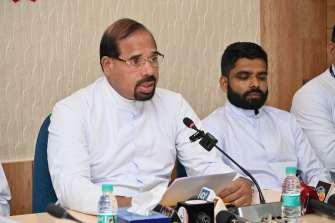
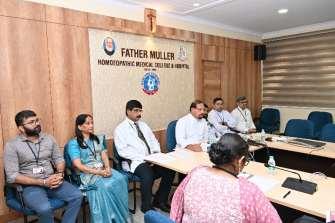
➢ Dr Bernard Moras, Archbishop Emeritus, Apostolic Administrator, DioceseofMysoreand DrKM
Dhawale, Chairman, Dr M L Dhawale Memorial Trust, Palghar, Mumbai along with Rev. Fr Richard Aloysius Coelho, Former Director, FMCI astheguestofhonour.
➢There will be felicitations held to honour the Former Directors of FMCI, Former Administrators, FormerAssistantAdministrators,

➢
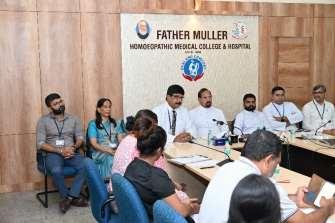
➢Former Principals, Former Vice Principals, Former Medical Superintendents. Along with them, there will be felicitation of the faculty and non-teaching staff who haveservedtheinstitutionformore than25years.
➢The Ruby Jubilee Souvenir will also be unveiled, and it will be an evening to reminisce the nostalgic moments as well as to spread the joy of celebrations through varied cultural programmesfrom staff and students.
➢We are proud to announce the launch of Ruby Jubilee Student Welfare Scholarship Fund as part ofRubyJubileecelebrations,withan aim to support deserving and financially challenged students in pursuing their academic goals, under the initiative of the ParentTeacher-Student Association (PTSA) of Father Muller HomoeopathicMedicalCollege.
Dr M L Dhawale Memorial OrationandPotentia2025
➢The annual Dr M L Dhawale MemorialOration inthehonourof
Late Dr M L Dhawale, one of the pioneer stalwarts who helped lay the foundation of this very institution, will be hosted on 13th and 14th July, 2025 at Father Muller Auditorium,Deralakatte.Alongwith it, the paper and poster competition, POTENTIA 2025 will beheldon13th July2025,aplatform forthebuddingresearchscholarsto present their works from across the country.
➢On 14th July 2025, the programme will conclude with the prize distributions and awarding of the MullerYoungResearcherAward for the best student researcher, Mullerʼs Excellent Researcher Award for the best postgraduate researcherandMullerʼsResearcher of the Year Award to the best facultyresearcher.
➢The programme will be presided over by Rev.FrFaustine Lucas Lobo, Director, FMCI along with Rev. Fr Ajith Menezes, Administrator, FMMC as the Chief Guest.DrKMDhawale,Director,Dr M L Dhawale Memorial Homeopathic Institute, Palghar, Mumbai will join as the Guest of Honour. Dr Anand Kapse, Director, Dr M L Dhawale Memorial Trust Hospital, Palghar, Mumbai will be theKeynotespeaker.
Members present during the Pressmeetwere:
• Rev.FrFaustine Lucas Lobo,Director,FMCI.
• Rev. Fr Donald Nilesh Crasta, Administrator,FMHMC&H
• Rev Fr Nelson Dheeraj Pais, Administrator,FMHPD
• Dr E S J Prabhu Kiran, Principal, FMHMC and Chairperson, Ruby JubileeCelebration,2025
• Dr Vilma Meera D’Souza, Vice Principal,FMHMCandConvenor,
• RubyJubileeCelebration2025
• Dr Girish Navada U K, Medical Superintendent,FMHMC&H
• Dr Skandhan S Kumar, Convener, MLDOration&POTENTIA2025
• DrSherlynPaul,Chairperson,Media Committee, Ruby Jubilee Celebration2025.


Mangaluru, July 12, 2025, A Blood Donation Camp was organized at Arrupe Block Auditorium,StAloysius(Deemedto be University), by the National Service Scheme (NSS) in collaboration with KMC, Attavara and Paul’s Memorial Providence, in fondmemoryofPauloseBenjamine, an active NSS volunteer of the
2013–2015batch,whotragicallylost his life in a road accident two years ago.
The camp witnessed enthusiastic participation from students and faculty, with 160 units of blood collectedduringtheday-longdrive.
The Chief Guest, Dr. Deepa Adiga, Director of the Blood Centre at
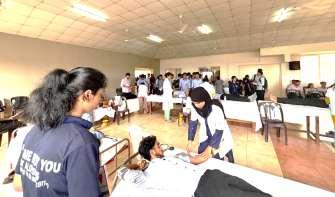
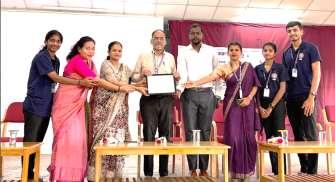
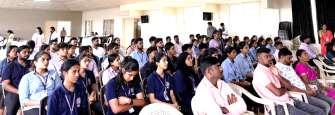
KMC,Attavara,emphasizedthevital importance of voluntary blood donation in today’s healthcare system. She highlighted how every unit of blood donated can potentiallysaveuptothreelives.Dr. Adiga also educated the audience on key medical aspects of blood donation, including hemoglobin eligibility, donor age and weight criteria, blood group compatibility, and the importance of hydration and proper nutrition before and afterdonation.Shecommendedthe donors for their selfless act and congratulated the NSS unit for
Mr. Jeevan, member of Paul’s Memorial Providence, addressed the gathering and spoke movingly about the legacy of Paulose Benjamine. He recalled Paulose's unwavering commitment to NSS activities and social service, which inspired the formation of the Memorial Providence after his untimely demise. "Though Paulose is no longer with us, his spirit of service lives on. Paul’s Memorial Providence is our effort to carry forward his mission by organizing social welfare initiatives like today’s blood donation camp," said Mr. Jeevan. He further encouraged the students to participate in social work and community engagement as a way of honoring those who serve selflessly.
Dr. Alwyn D’Sa, Registrar of the University and President of the event, fondly remembered Paulose asadedicatedNSSvolunteerwhose passion for service was remarkable. He expressed his appreciation for the Memorial Providence in continuing Paulose's legacy through impactful community
programs.
The program began with a warm welcome by Ms. Binni Chan, NSS Programme Officer, who set the toneforthedaybyhighlightingthe objective of the camp. Ms. Carol Pereira, NSS Programme Officer, proposed the vote of thanks, acknowledgingthecontributionsof all stakeholders. The event was
efficiently compered by Ms. Sanatani, NSS Secretary.
The Blood Donation Camp served notonlyasaplatformforlifesaving service but also as a tribute to the legacy of a student whose life, though short, continues to inspire many through acts of kindness and socialcommitment.


Adv.SushanthC.A.SaldanhaElected President of Mangalore Diocese CatholicLawyers’Guild
The General Body Meeting of the Mangalore Diocese Catholic Lawyers’ Guild was held at Sambhram Hall, Jeppu, Mangaluru,
where Advocate Sushanth C.A. Saldanha was unanimously elected President for the term 2025–2027. A young and dynamic legal professional, Adv. Saldanha currentlyservesasamemberofthe Finance Committee of the Diocese
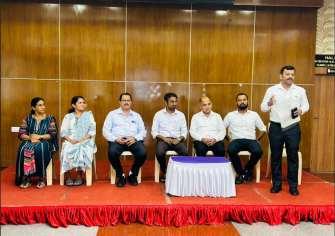
of Mangalore and as a Professional Director of M.C.C. Bank Ltd. He is also actively involved in various organizations and serves on the Institutional Ethics Committee of Fr Muller Medical College. The newly elected Vice Presidents are Mr. Richard D’Costa, President of the Bantwal Bar Association, and Mr. Aloysius Lobo, Chairman of the Senior Committee and former President of the Belthangady Bar Association.
Other office bearers elected are as follows:
Lolina D’Souza – Secretary
Zita Priya Moras – Joint Secretary
Rakesh Mascarenhas – Treasurer
Reshma Priya D’Souza – Cultural Secretary
Sr. Lynet D’Souza – Liturgical Secretary
Eightmemberswerealsoelectedto the Guild Council:
*Fr Vinod Mascarenhas, Sr Rency
D’Silva, Deepak D’Souza, Naveen Pais, Deepak Ferran D’Souza, Alwyn Monteiro, Laveena D’Souza, and SanthoshPeterD’SouzaandRoshan D'Souza
In his address, President-elect Adv. Saldanha expressed his and the team’s commitment to promoting legal awareness among the public, particularly within the Catholic community. He emphasized the Guild’smissiontoupholdtheIndian Constitution, protect legal and humanrights,andsupportthepoor and marginalized through the dissemination of legal knowledge. Founder-President Adv. M.P. Noronha offered valuable guidance and suggestions on how the Guild can further its mission to serve justice and build legal consciousness. The meeting was presided over by outgoing President Adv. Santhosh Peter D’Souza, who welcomed the gathering and conducted the electionsalongsideelectionofficers Naveen Pais and Sr Rency D’Silva. Outgoing Secretary Sr Rency also extendedavoteofthankstoRev.Fr
J.B. Crasta, Spiritual Director of the Guild,forhiscontinuedsupportand
for providing the venue. The meeting witnessedenthusiastic participation from Catholic advocates across the Diocese, reflecting a renewed dedication to service through the practice of law andthevaluesoffaith.



TheDistrictLegalServicesAuthority, Dakshina Kannada District, Dakshina Kannada District Administration, Zilla Panchayat, District Health and Family Welfare Department, District Mental Health Programme, Taluk Health Office, Mangalore,LinkAddictionFreeand Rehabilitation Centre, Bajal MangaloreandStAloysiusDeemed University, Mangalore jointly organised “International Day against Drug Abuse and Illicit
Trafficking-2025” on 9-07-2025 at EricMathaisHalloftheUniversity. Smt. Jaibunnisa, Senior Civil Judge and Member Secretary, District Legal Services Authority, D.K. Mangalore inaugurated the programme. Dr. Alwyn D’Sa, Registrar of St Aloysius College (Autonomous), presided over the programme. Inaugurating the programme, Mrs. Jaibunnisa spoke about drug addictionanditsillegaltrafficking.

Speaking about drug addicts, she spoke about the crimes that occur duetoitandthetypesofaddictions that the youth fall prey to. She spoke about the youth resorting to drugsintimesofextremeanxietyor stress.Also,youngmenandwomen resort to drugs even to try it once. She said that it is the duty of all of ustopreventsuchactivities.
Dr. Jonathan, Assistant Professor, Department of Psychiatry, K.S. Hegde Medical College, Dr. Jagadish, R.M.O., Ladygoschan Hospital, Mangalore, Dr. Durga Prasad M. R., Medical Superintendent, Government Ladygoshan Hospital, Mangalore., Dr. Satish Rao, President. Link IntegratedRehabilitationCentre for Addicts, Bajal, Mangalore, Dr. Prajakta V.Rao, Psychiatrist,District Mental Health Programme, Mangalore, Dr. Sujay Bhandari,
Taluk Health Officer and staff, Mangalore, Mrs. Jyothi K. Ulepady, District Health Education Officer, D.K. Mangalore, Lydia Lobo, Link IntegratedRehabilitationCentrefor Addicts, etc. were present on the dais.
Dr. Sudarshan C.M., District Mental Health Program Implementation Officer and staff of Link Integrated Rehabilitation Centre for Addicts, Bajal, Mangalore, were present in theprogram.
On this occasion, Dr. Satish Rao administered the oath against drug abuseandillegaltrafficking.
Mrs. Jyothi K. Ulepady compered the program. NSS Program Officer, St. Aloysius Deemed University, Carel Sharal Pereira, welcomed the gathering. Dr. Sujay Bhandari proposedthevoteofthanks.

